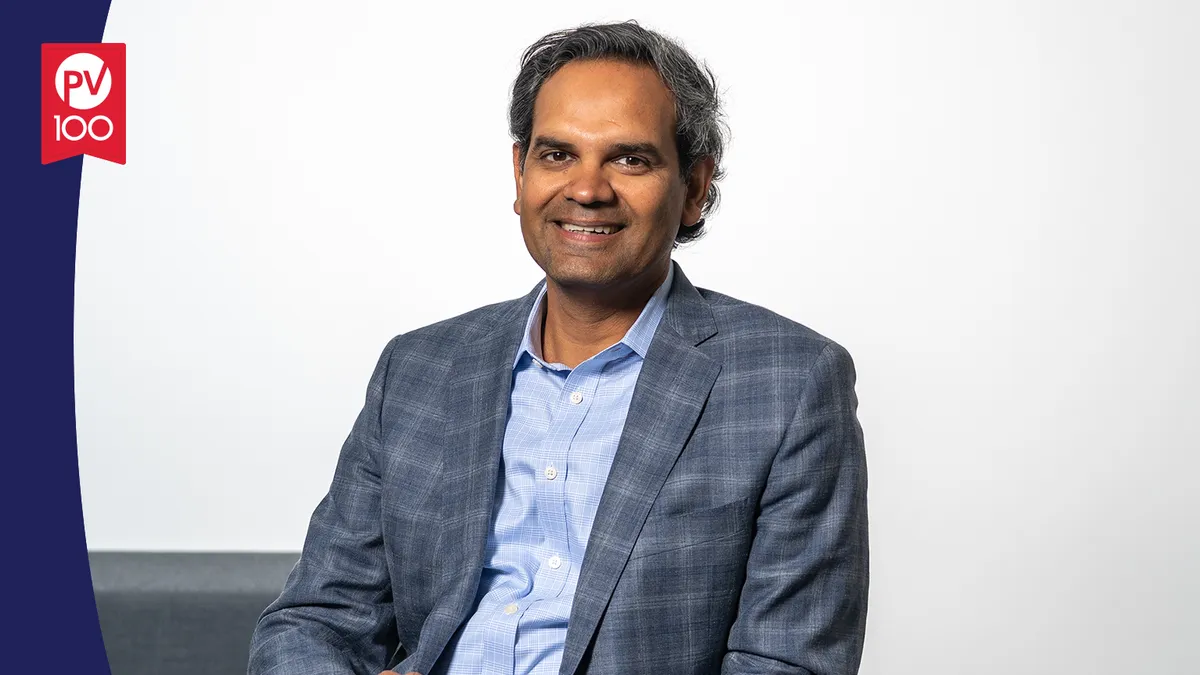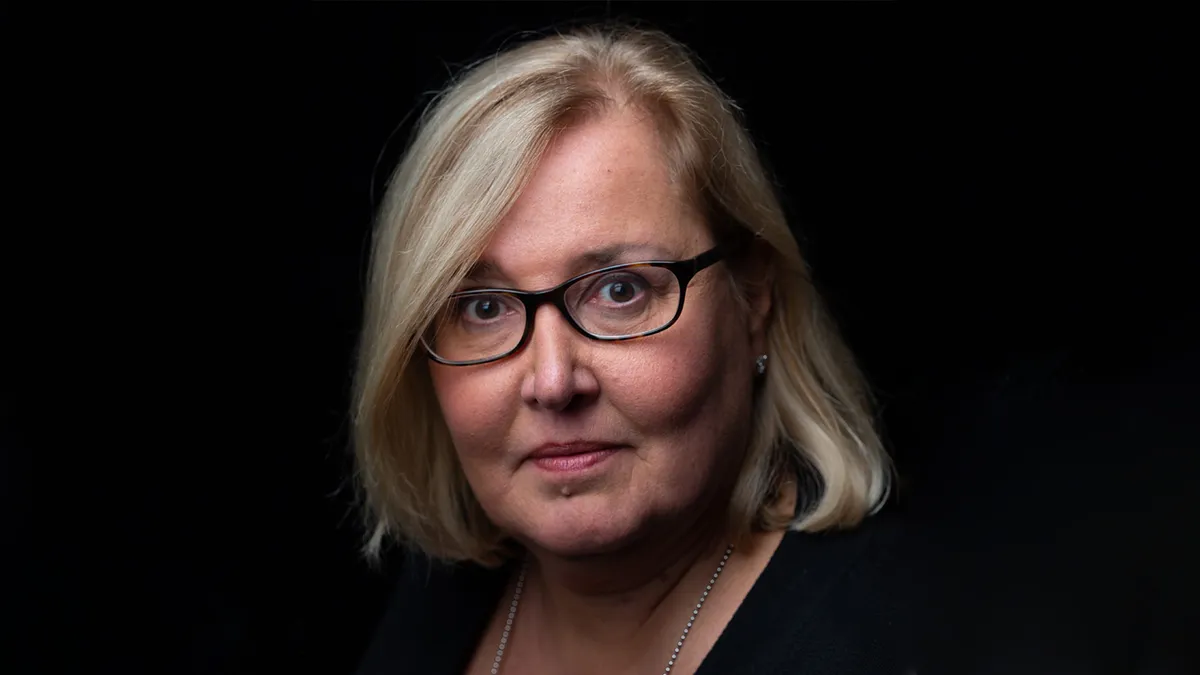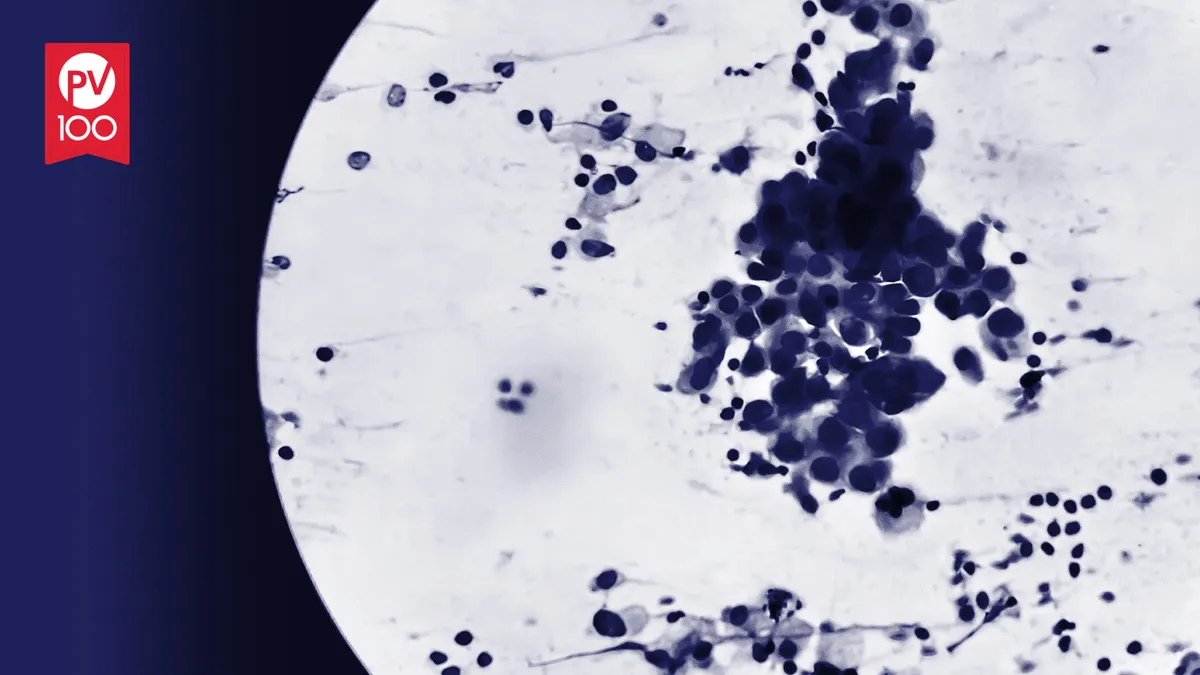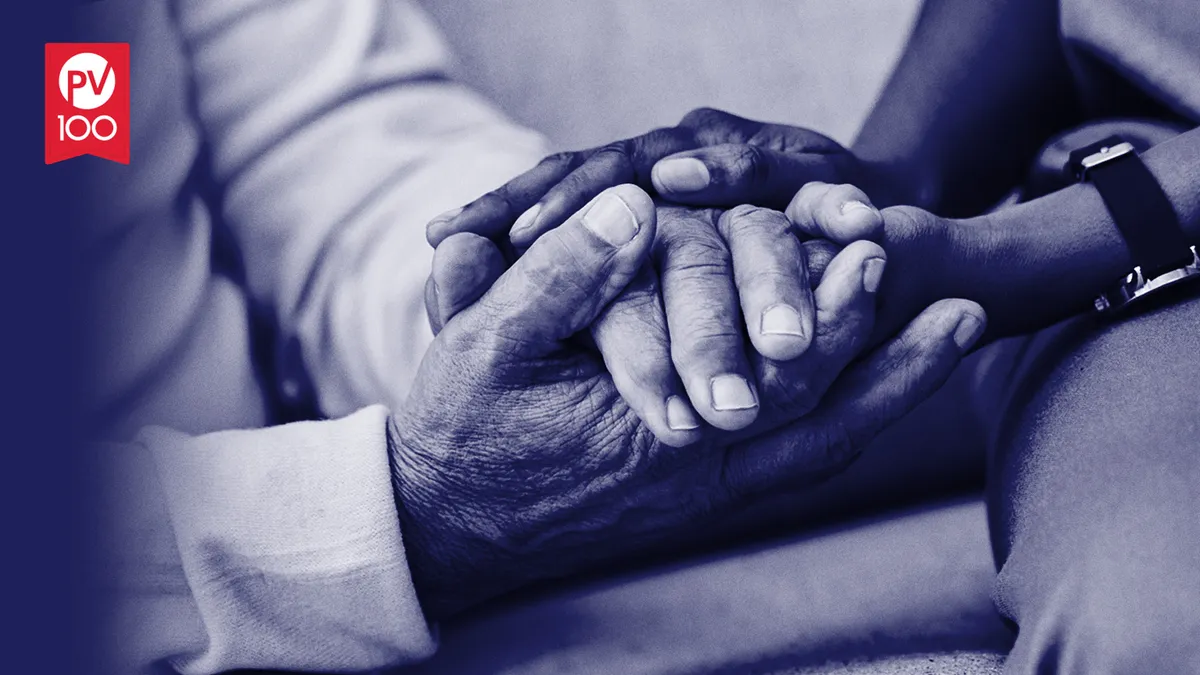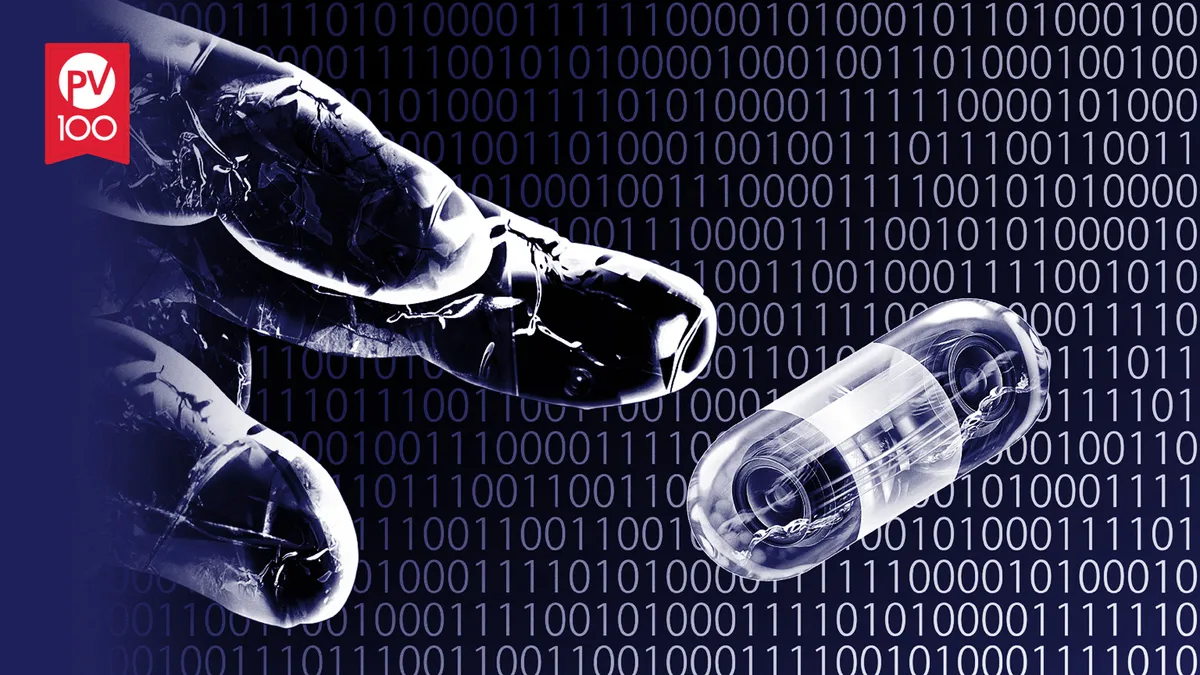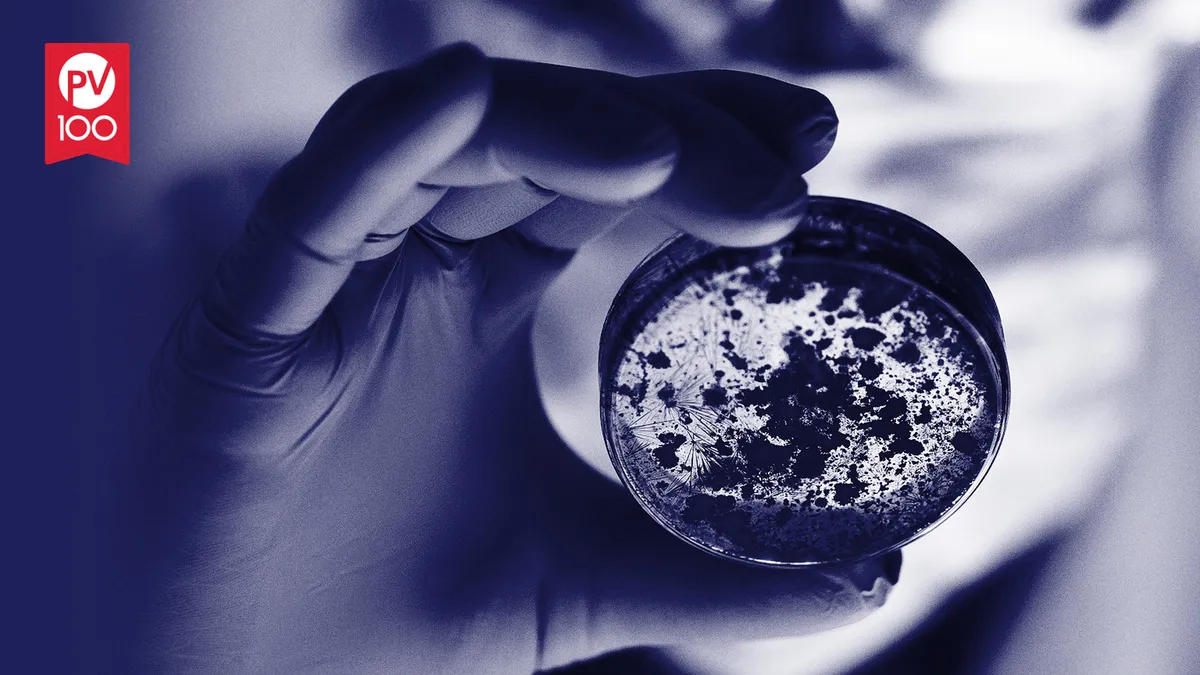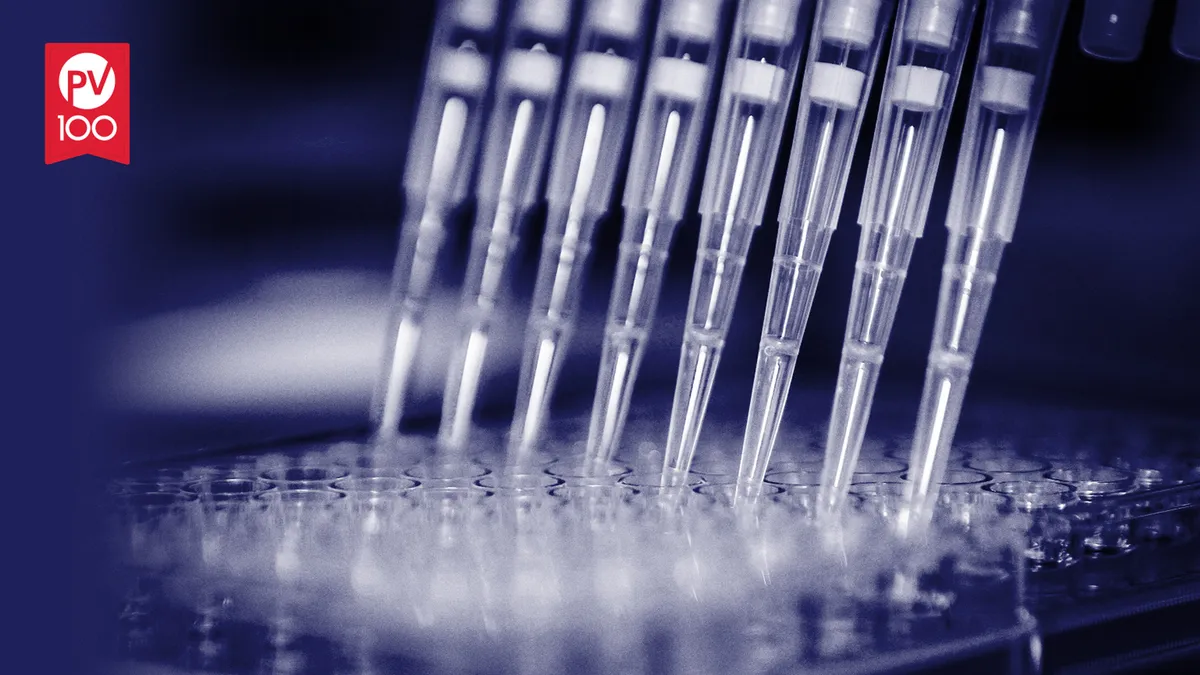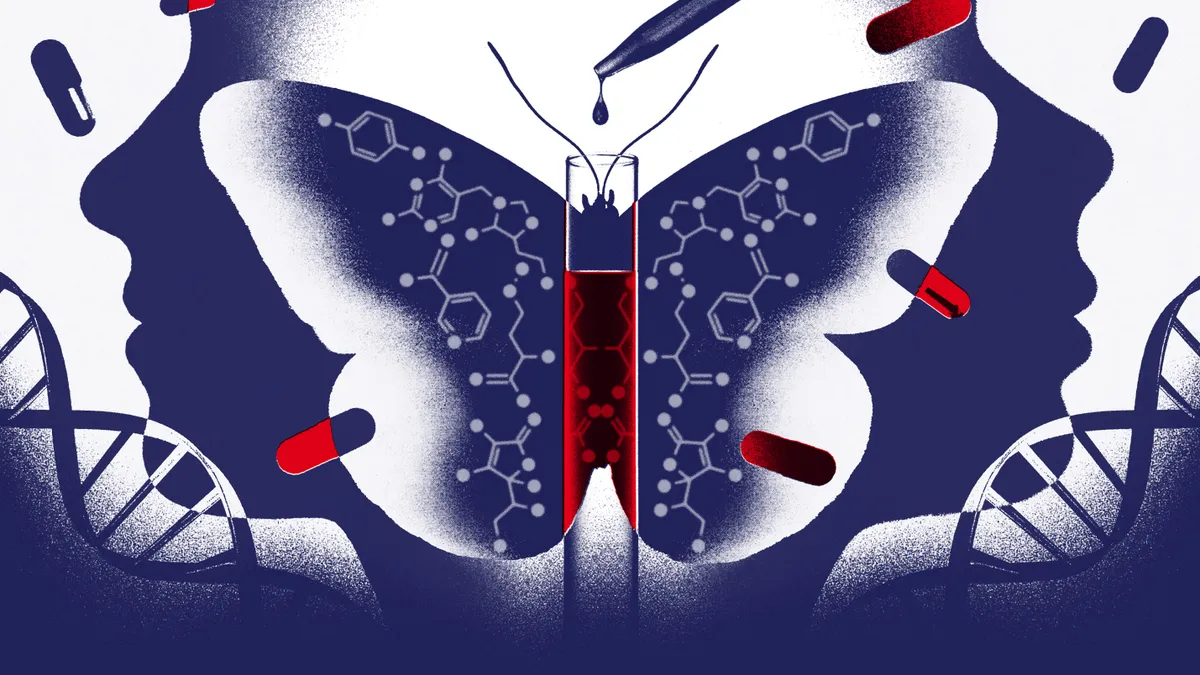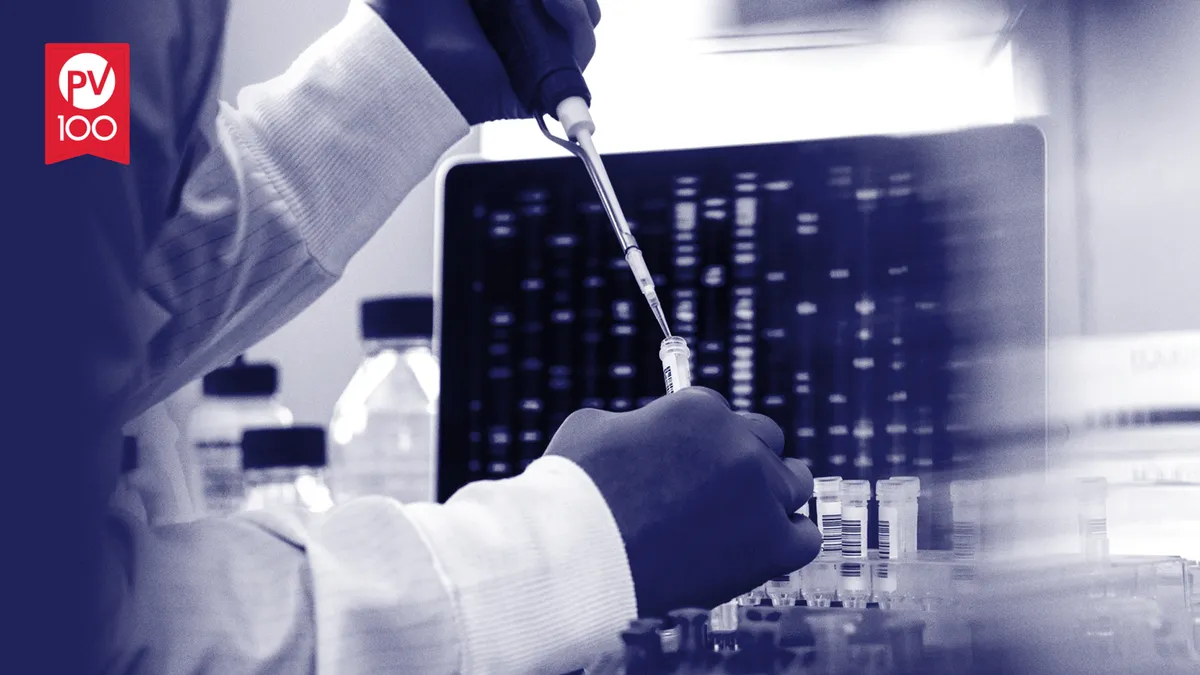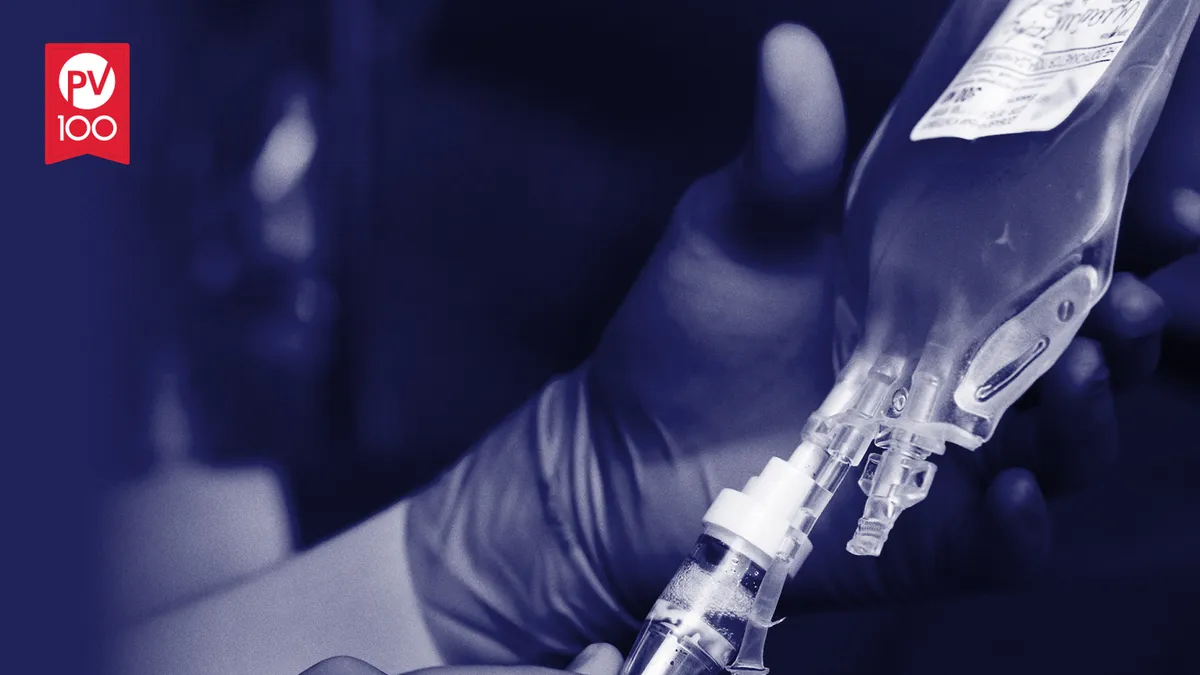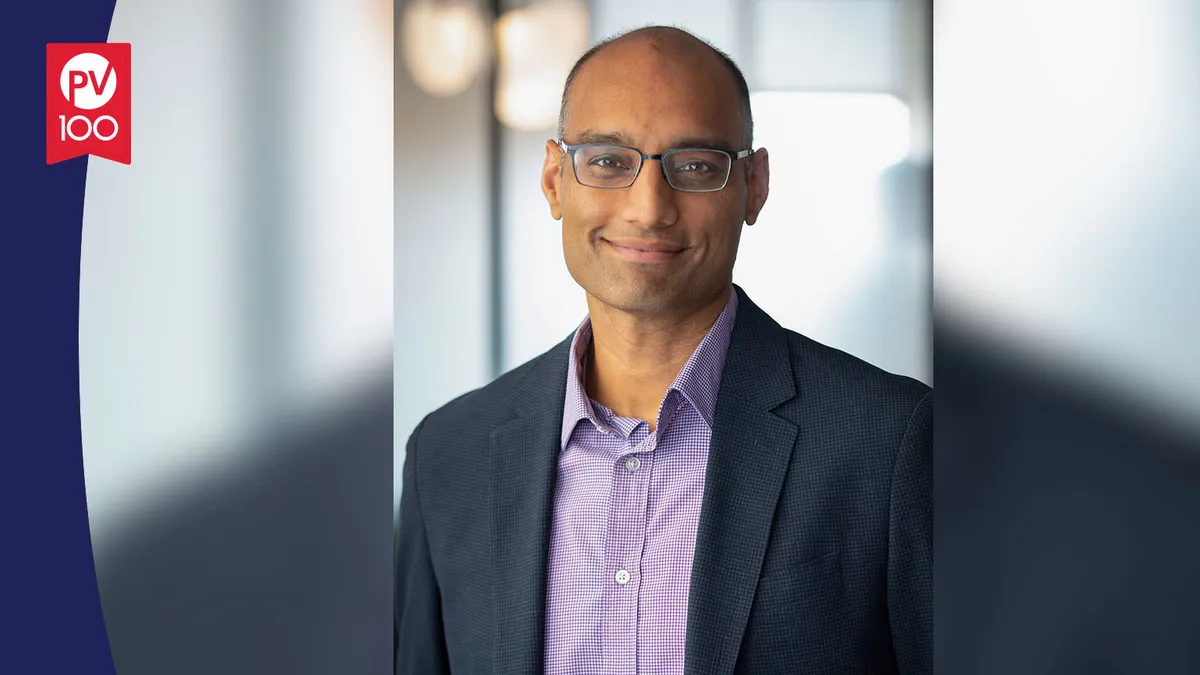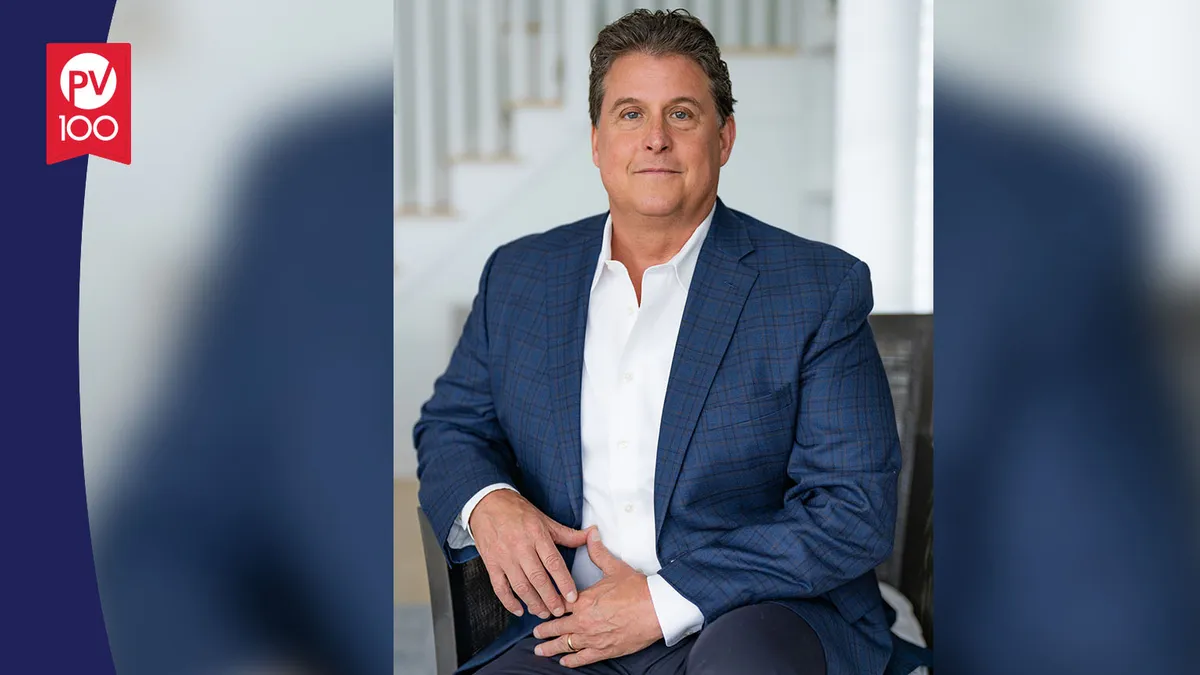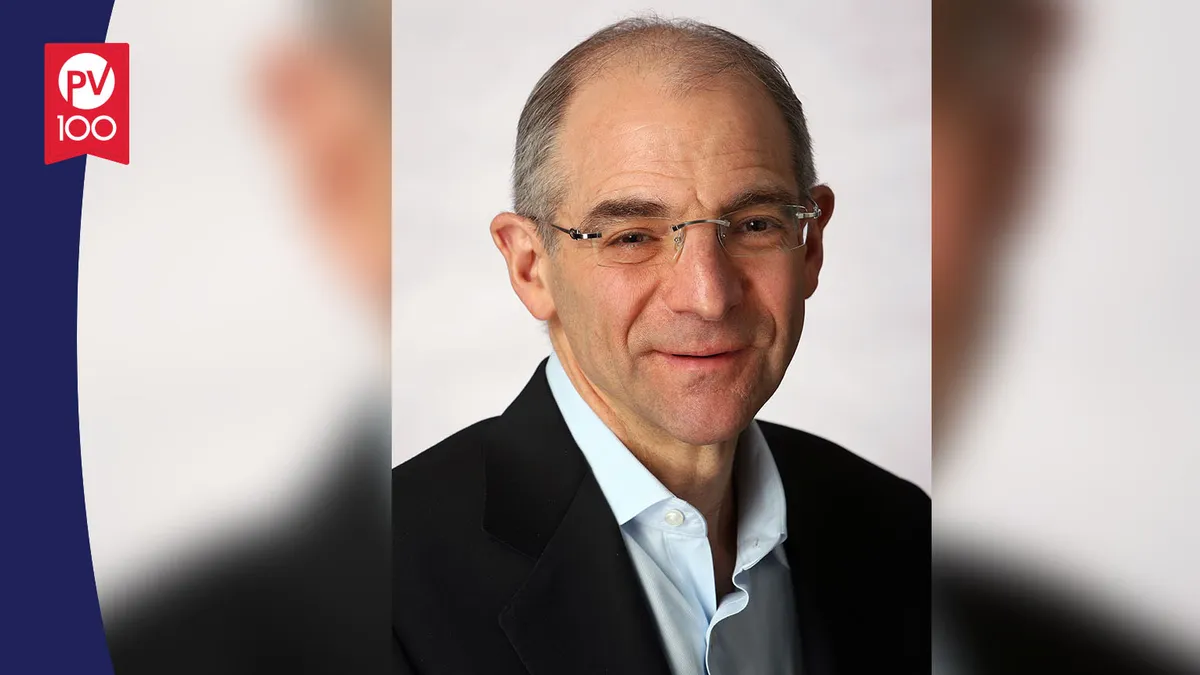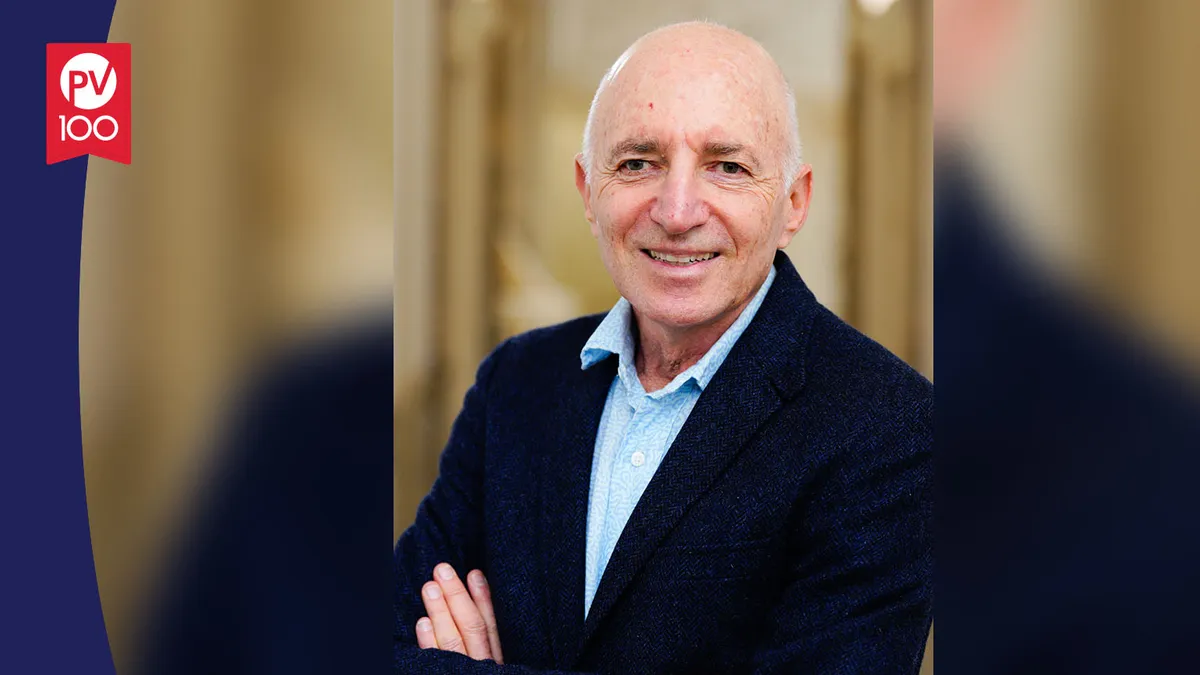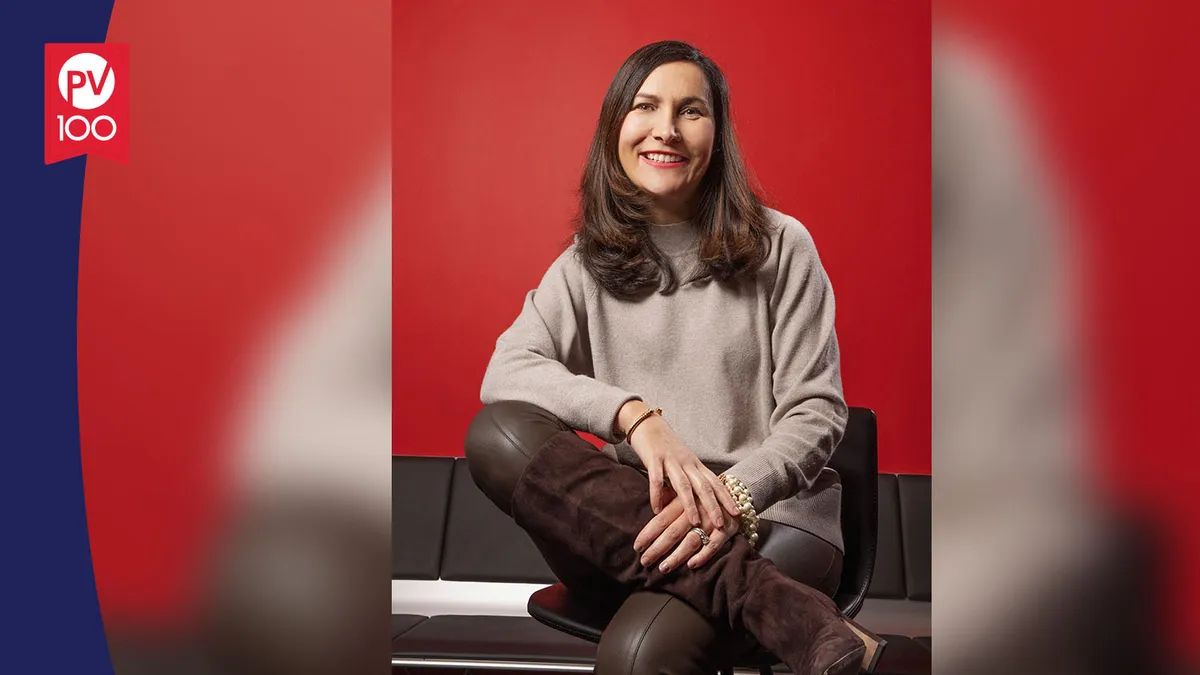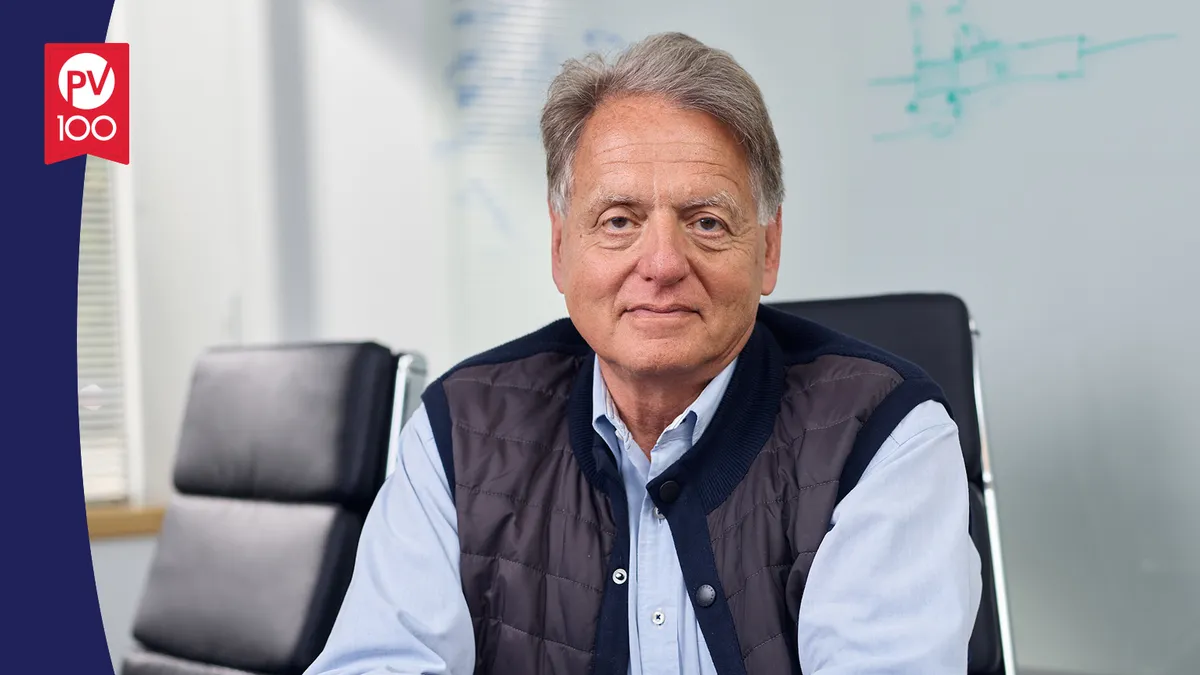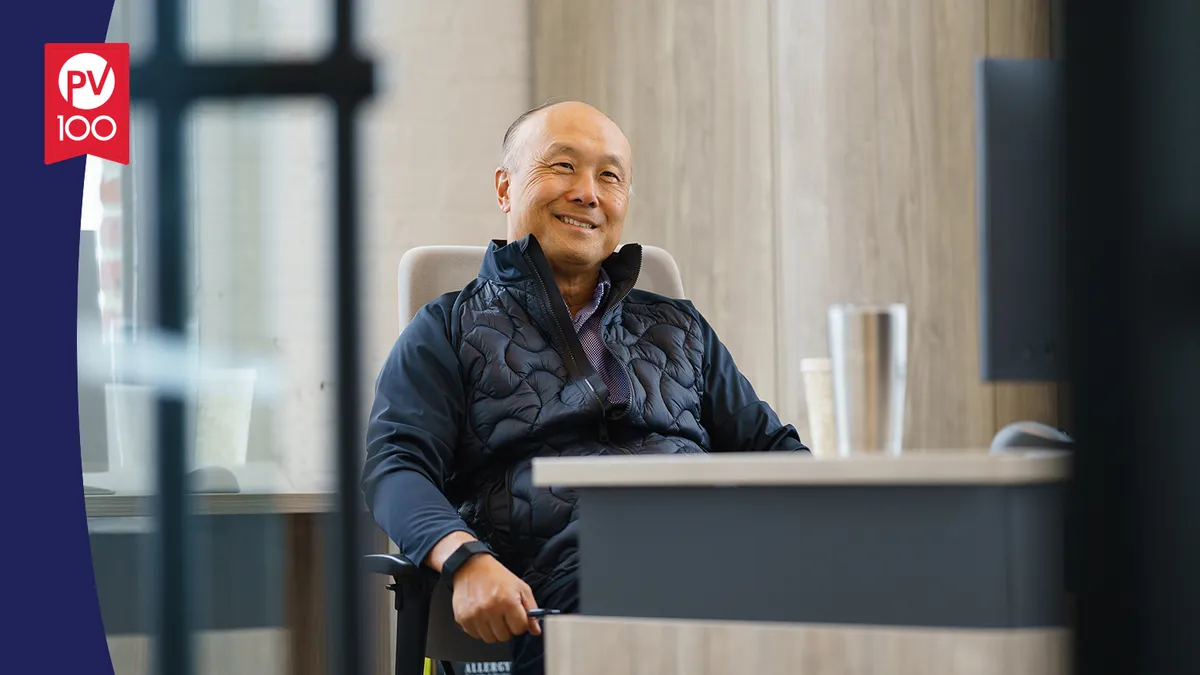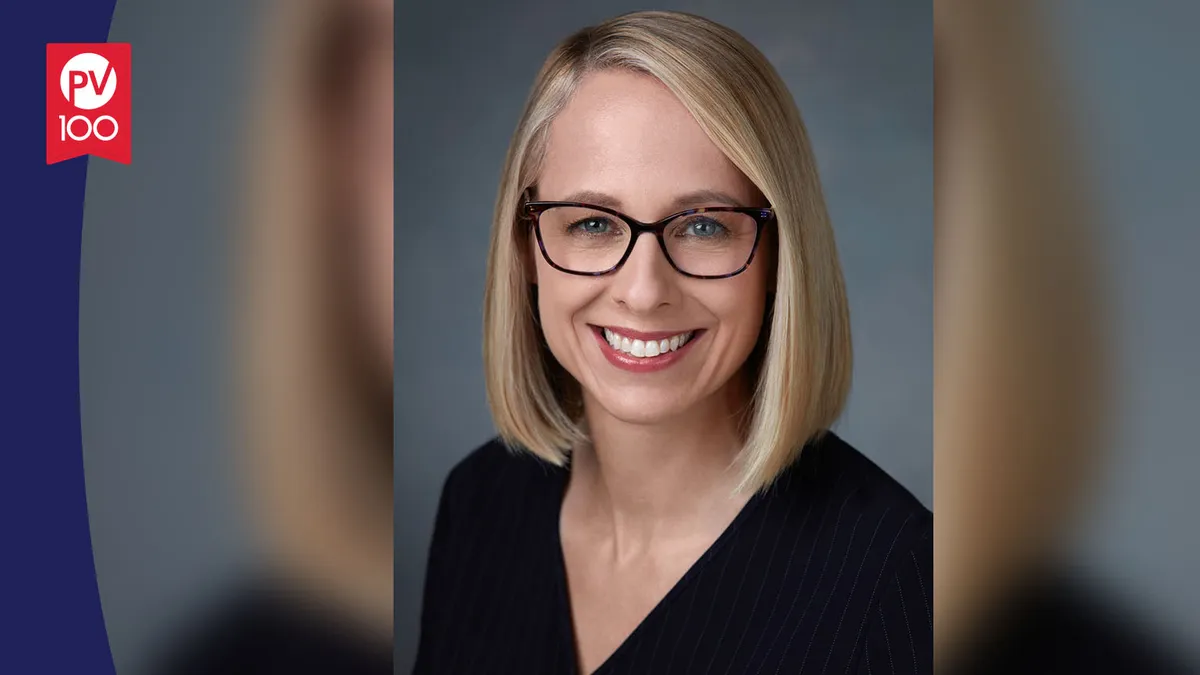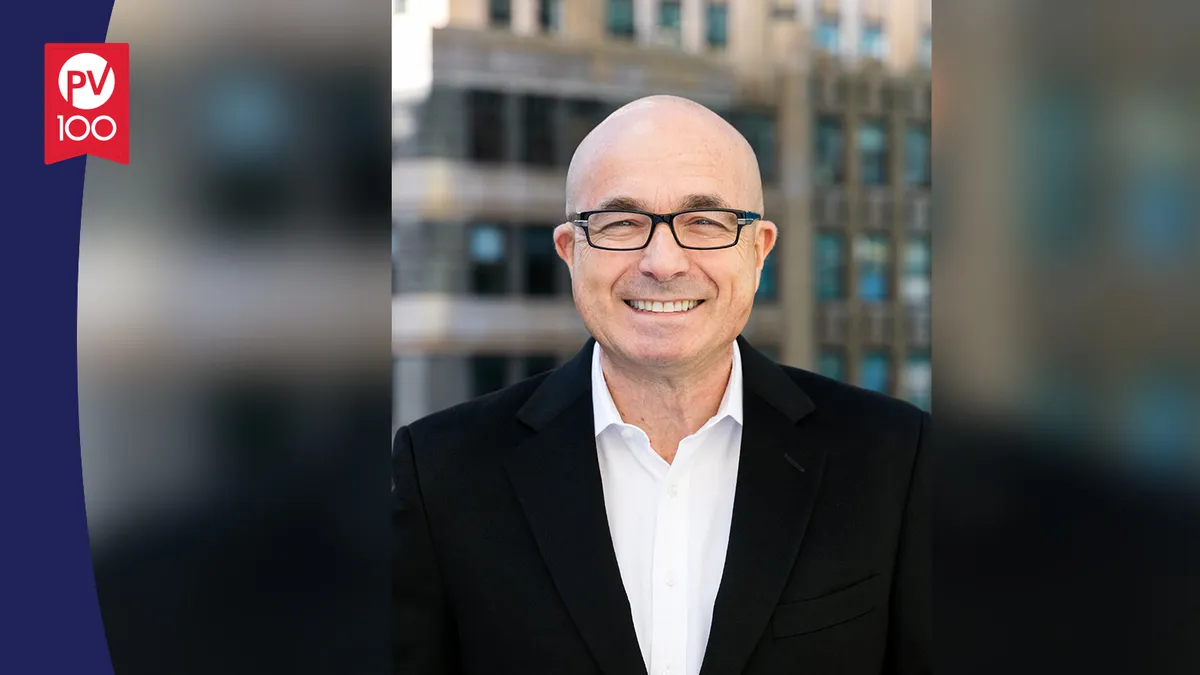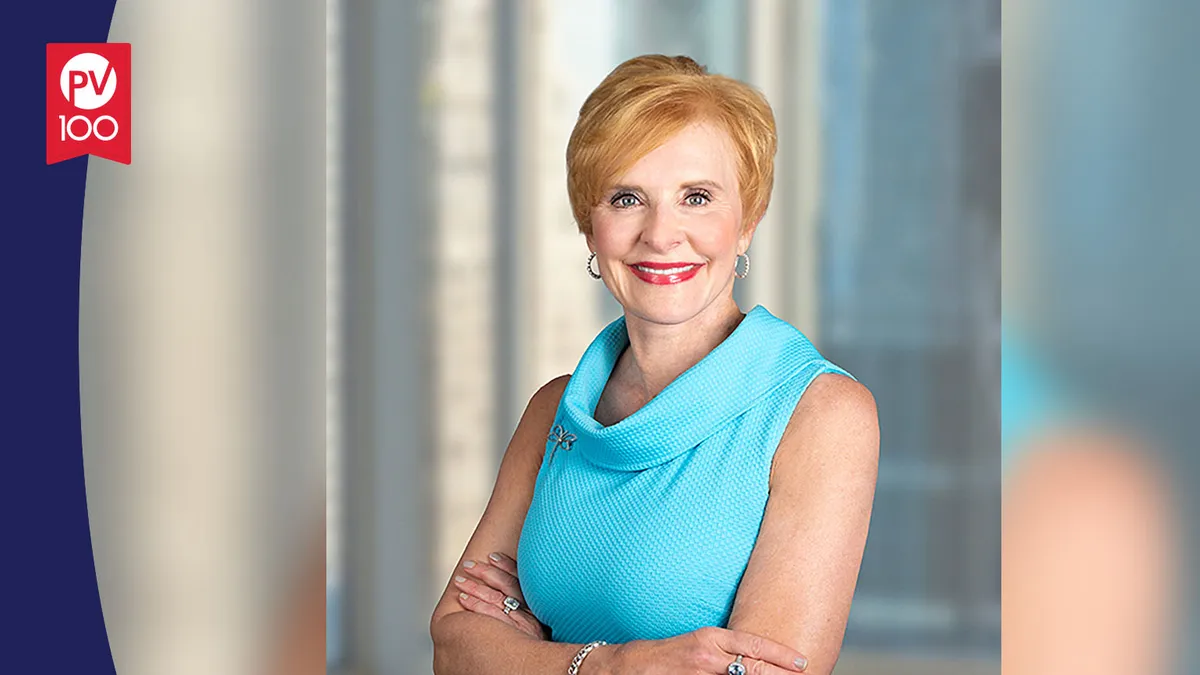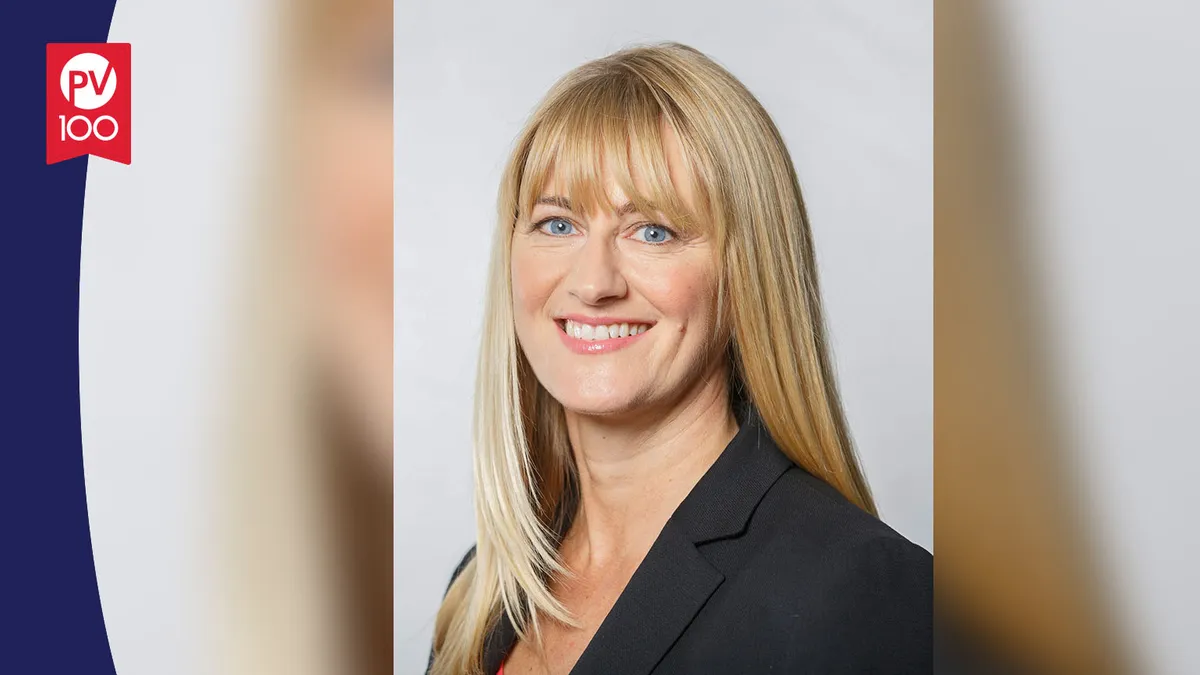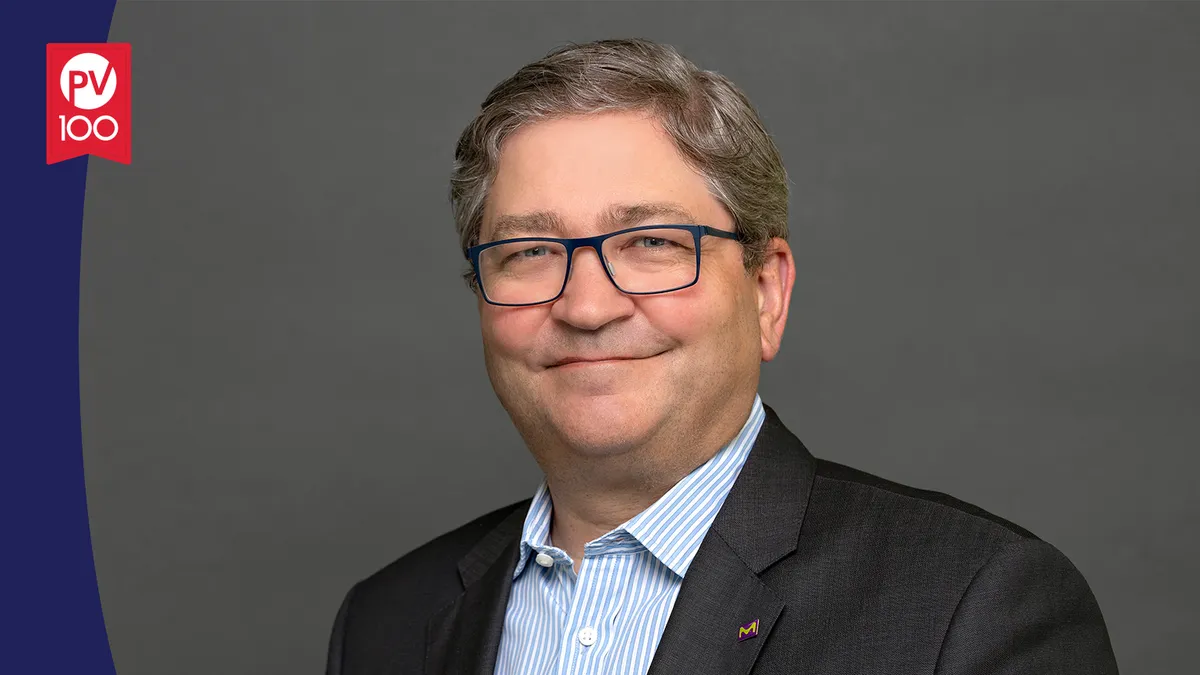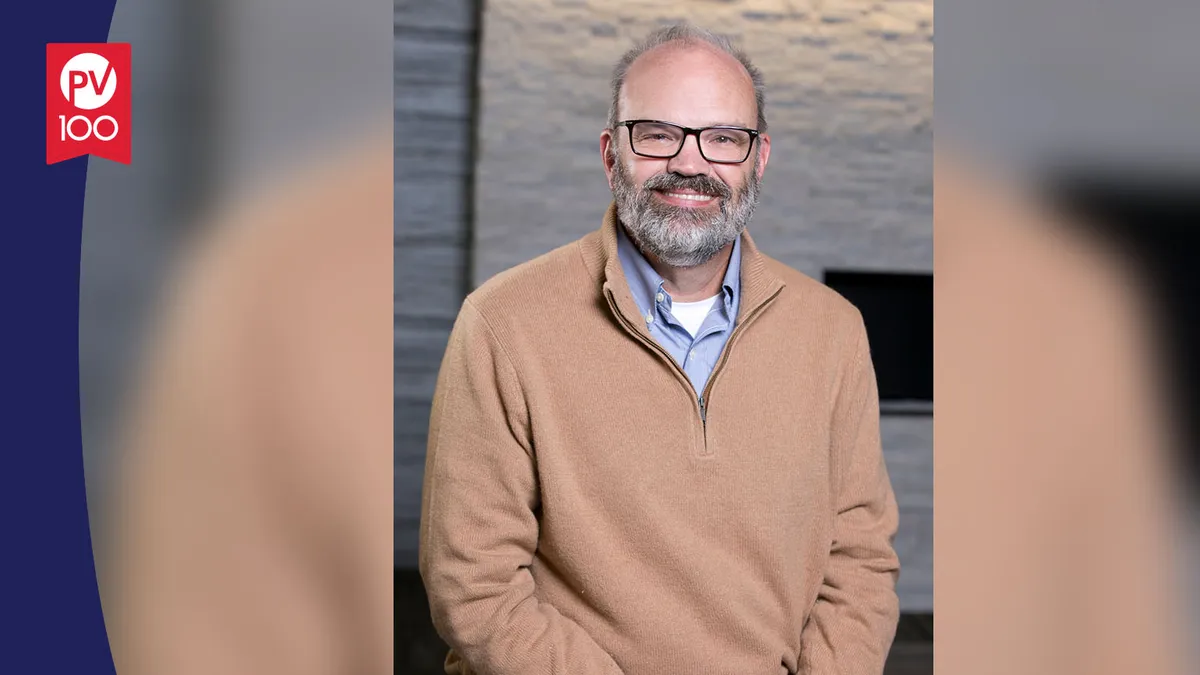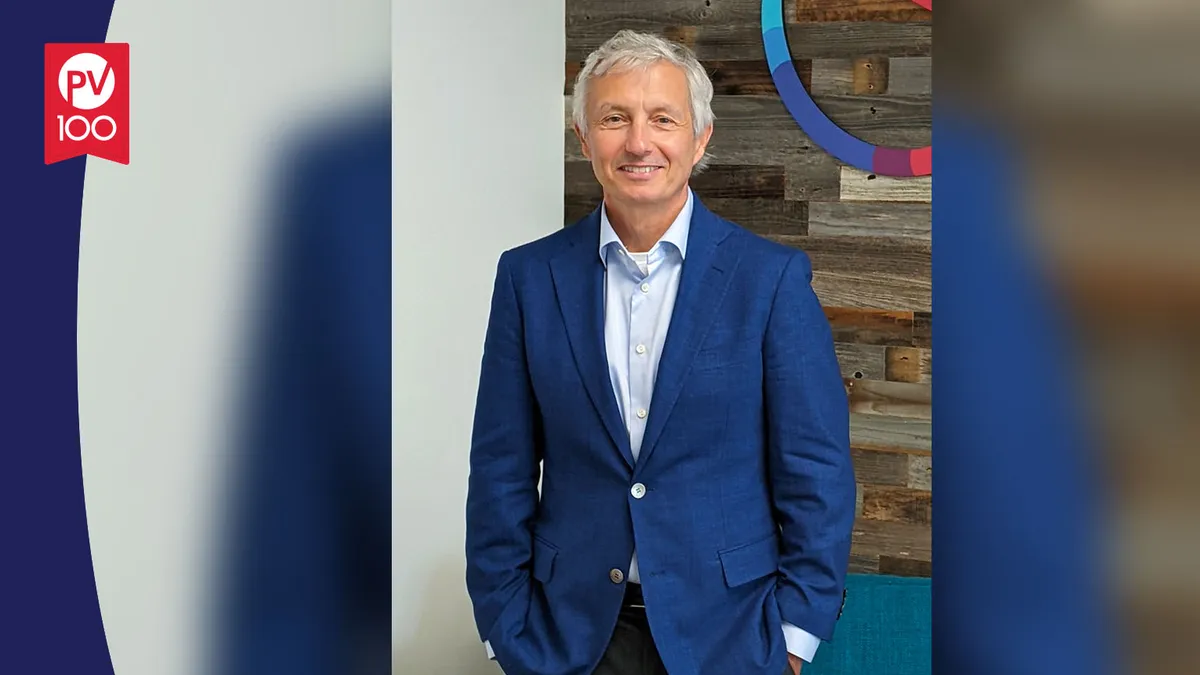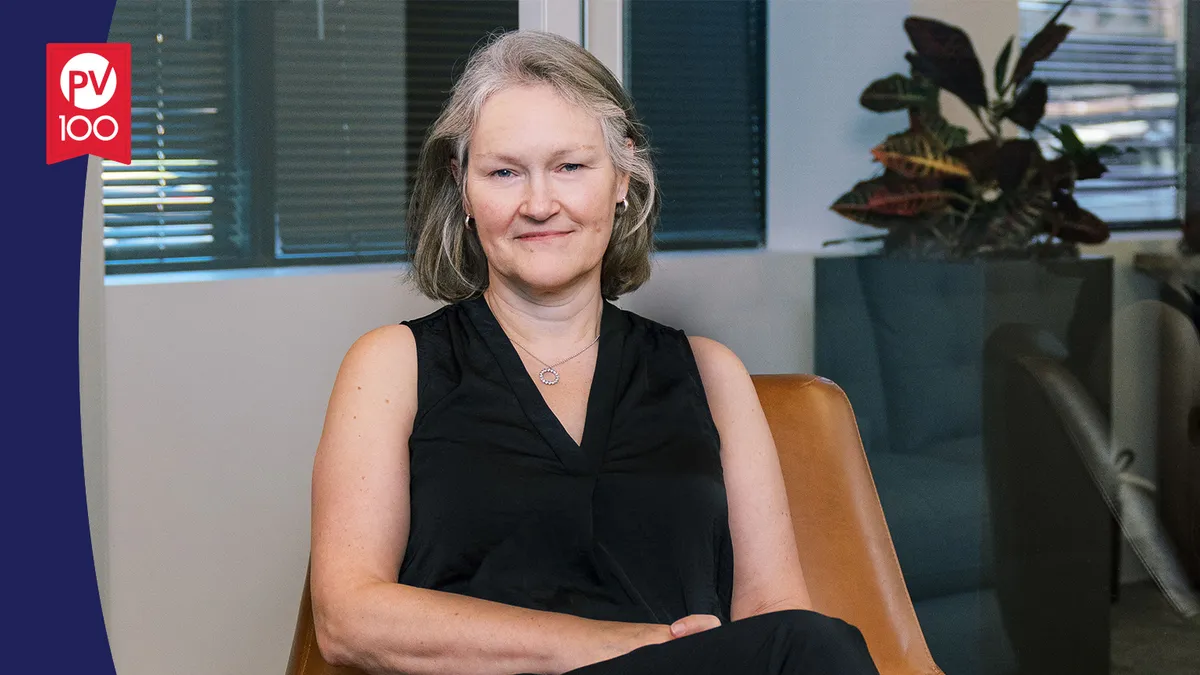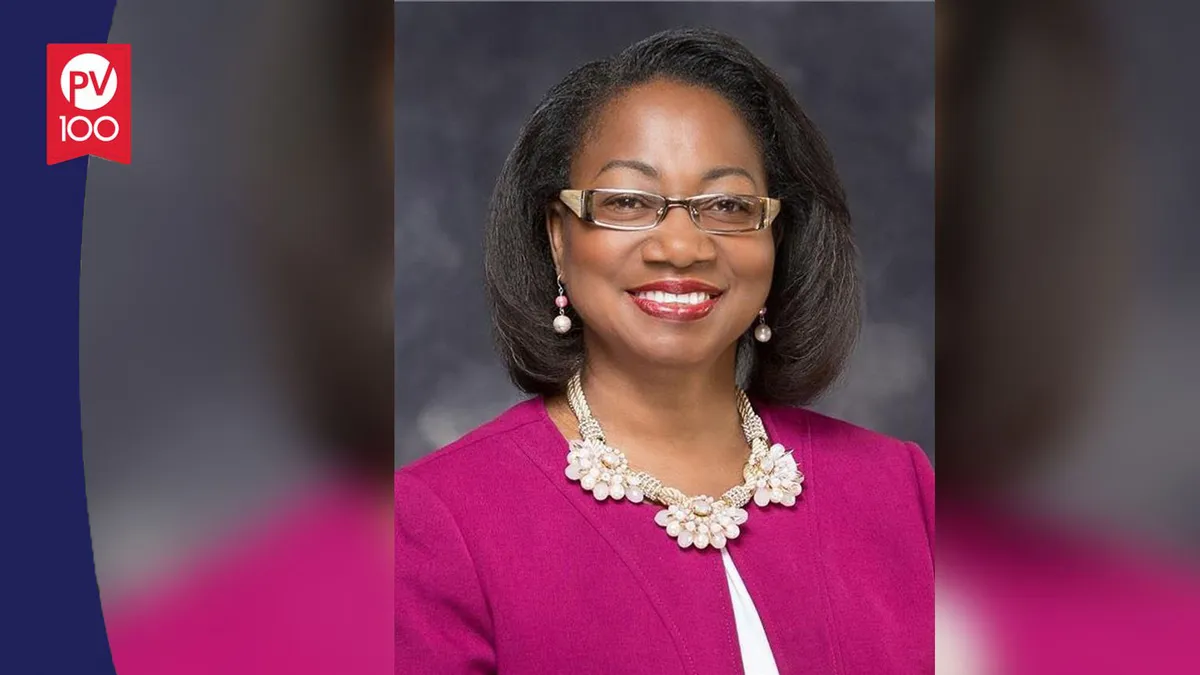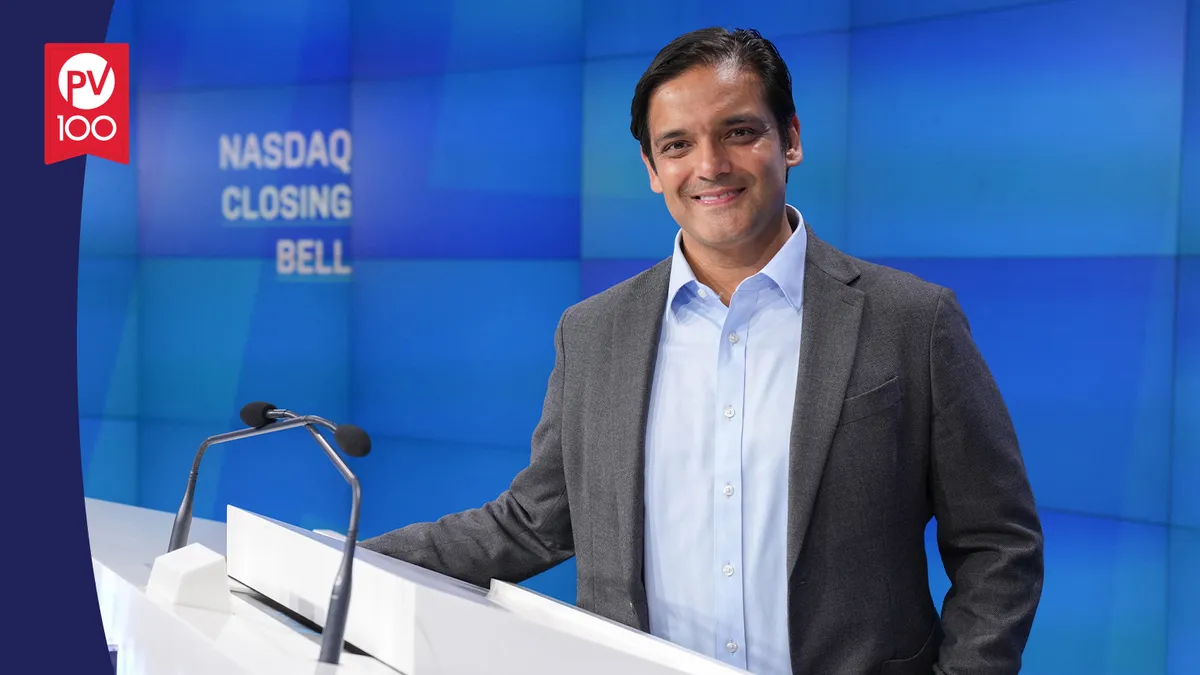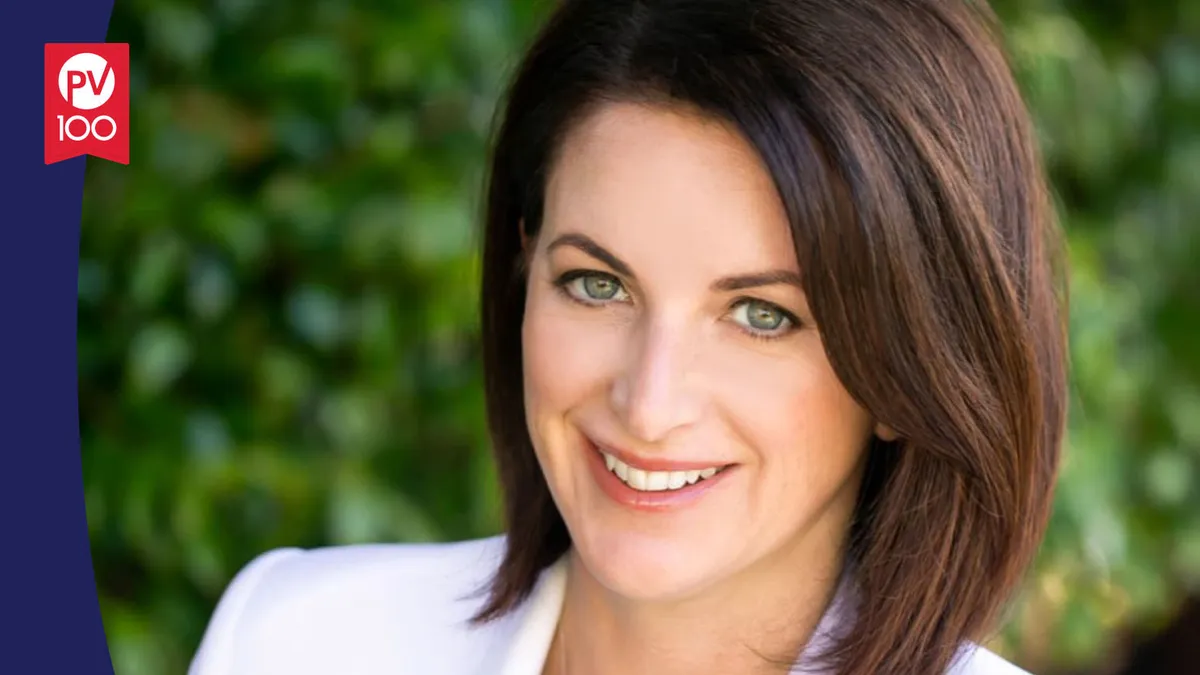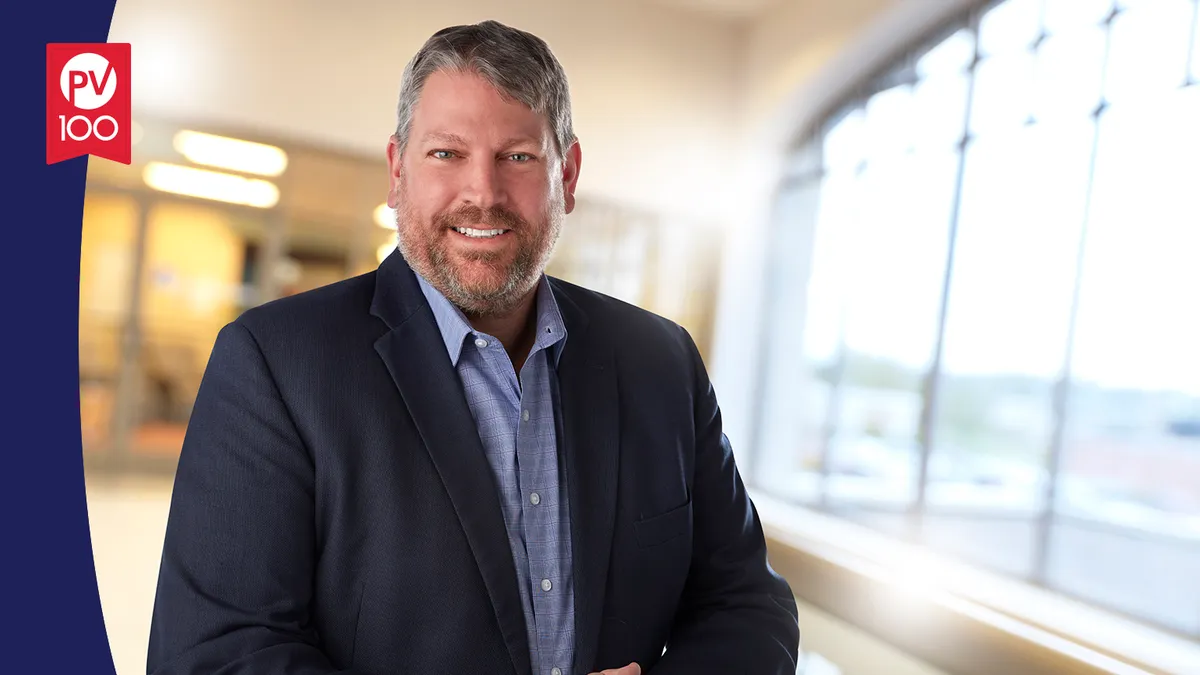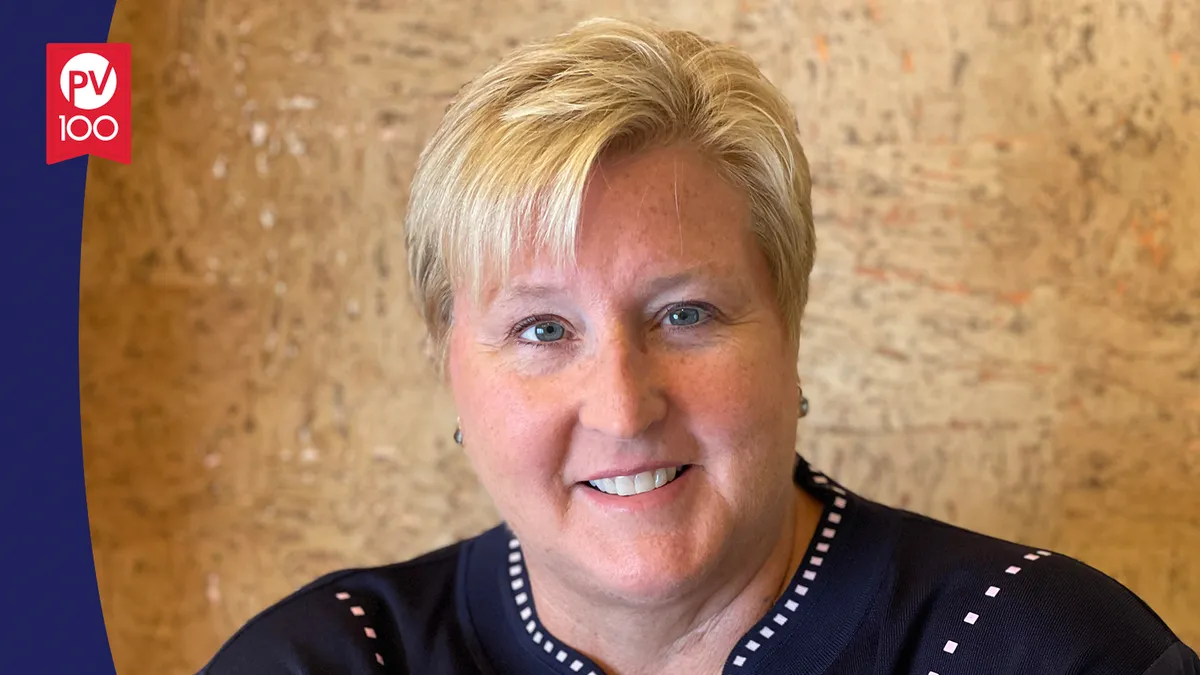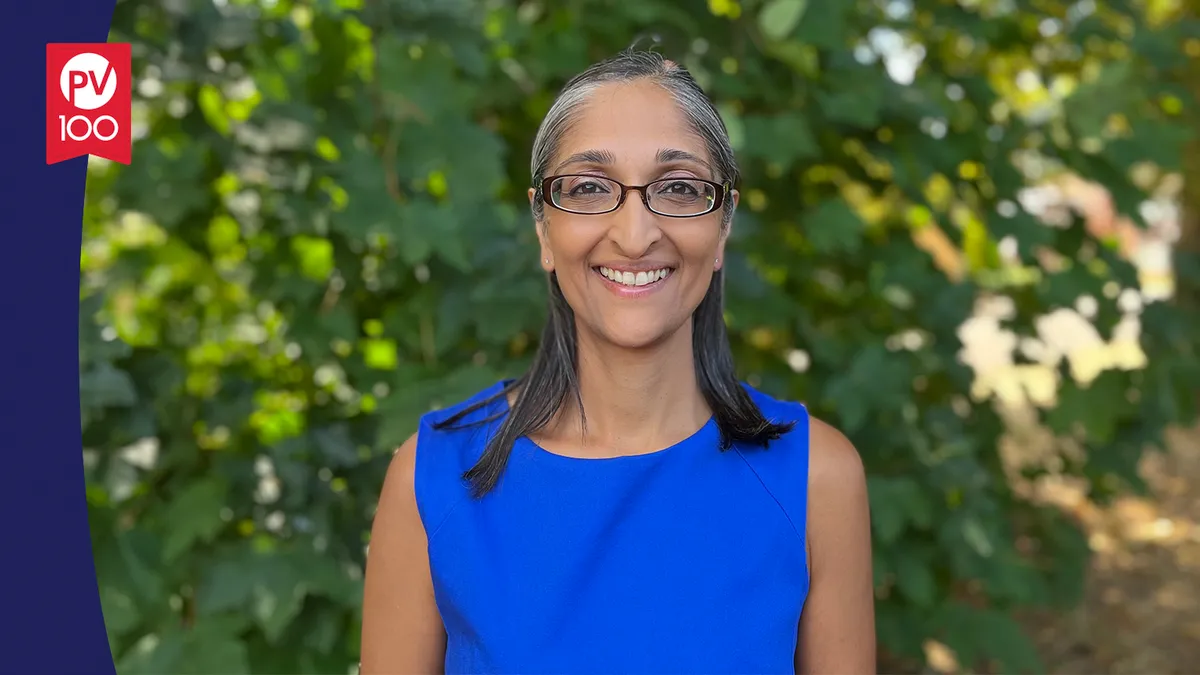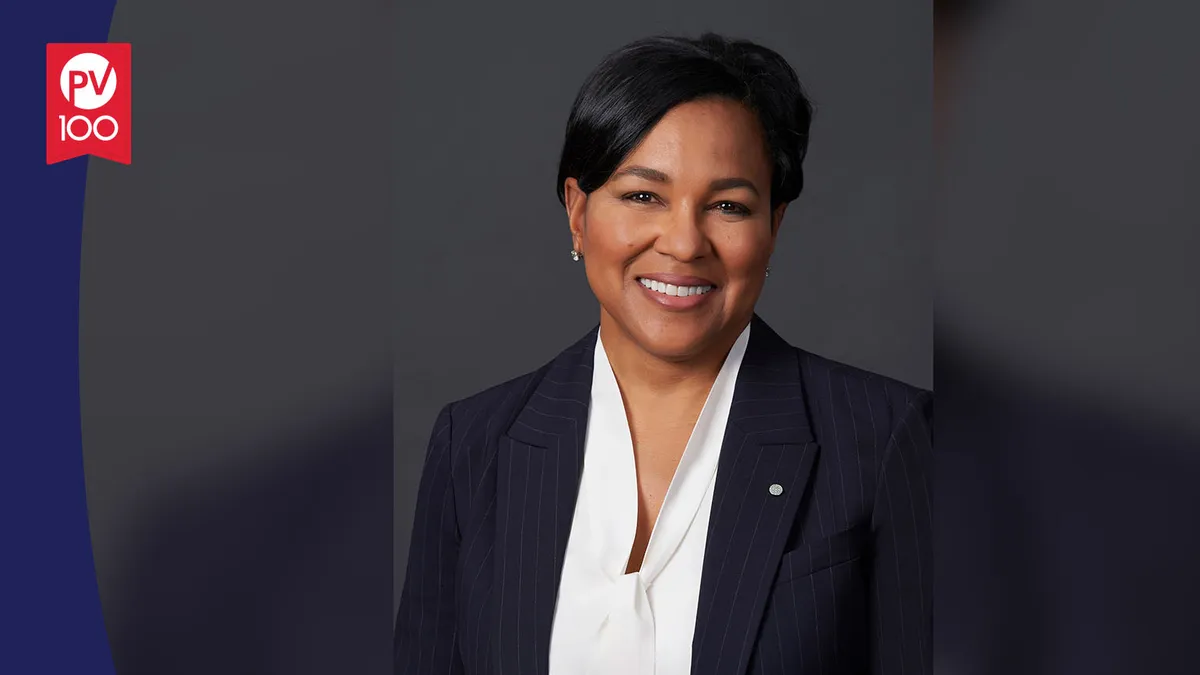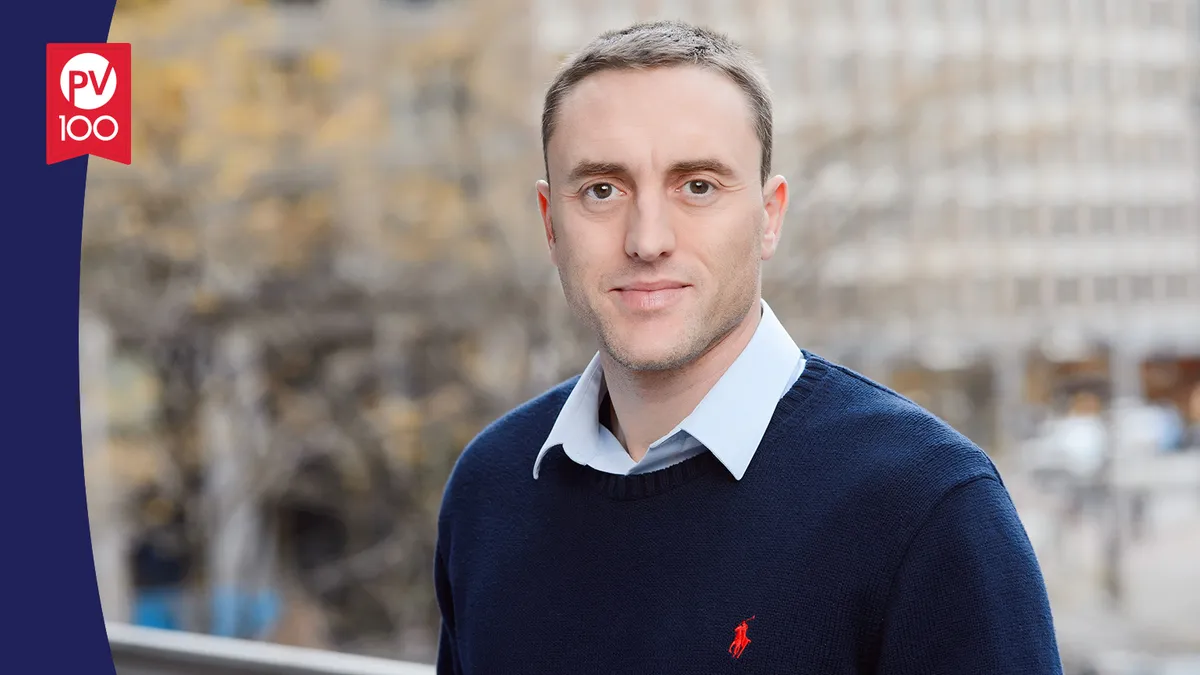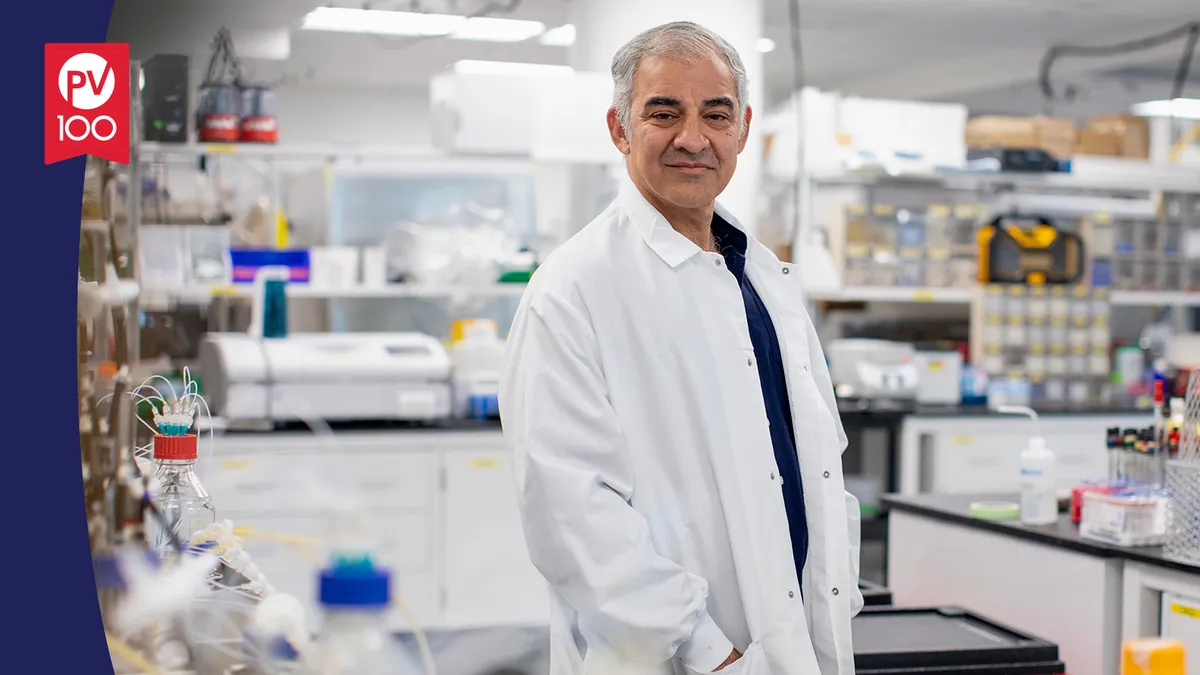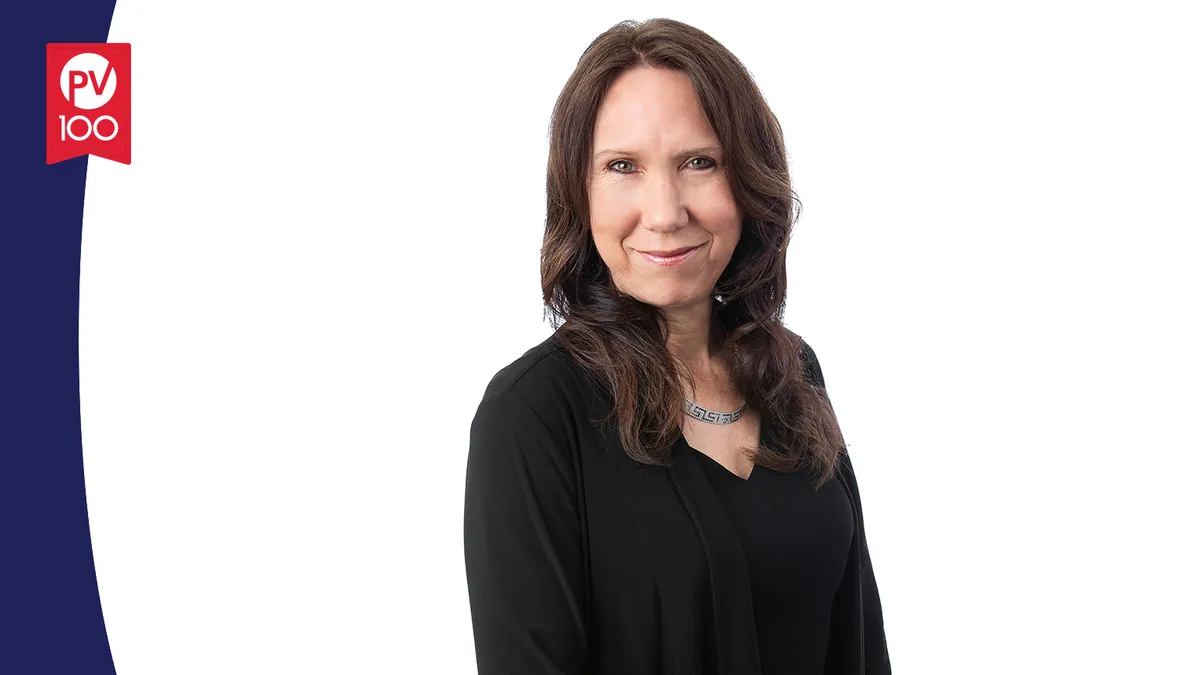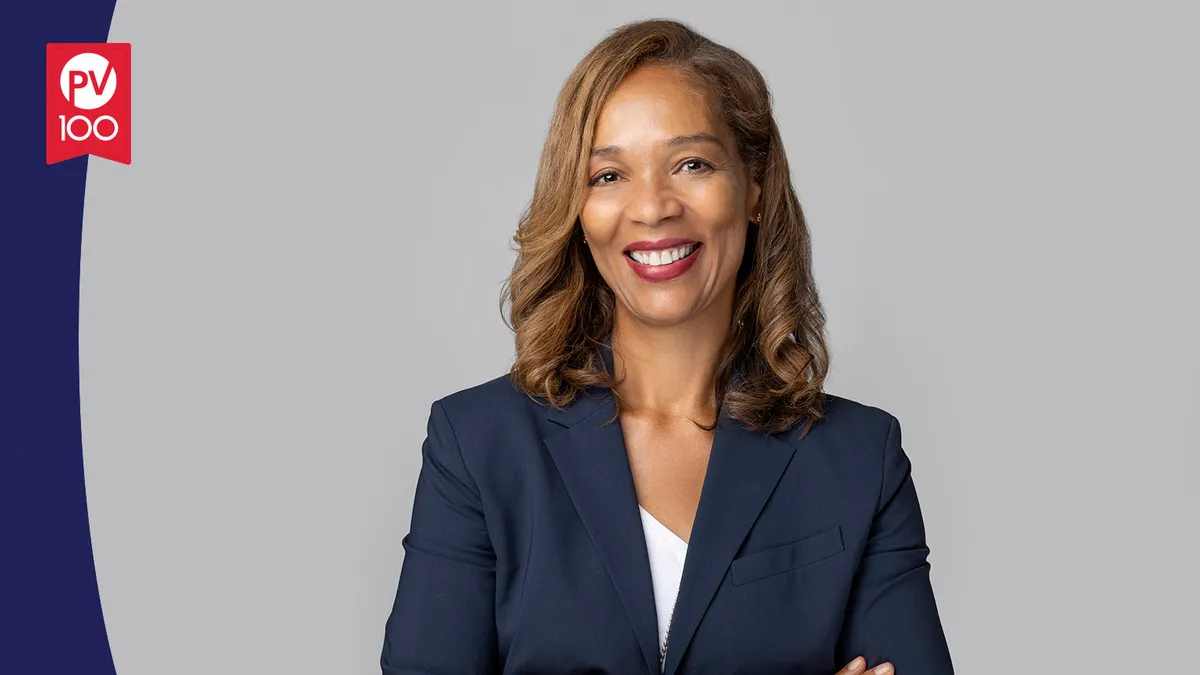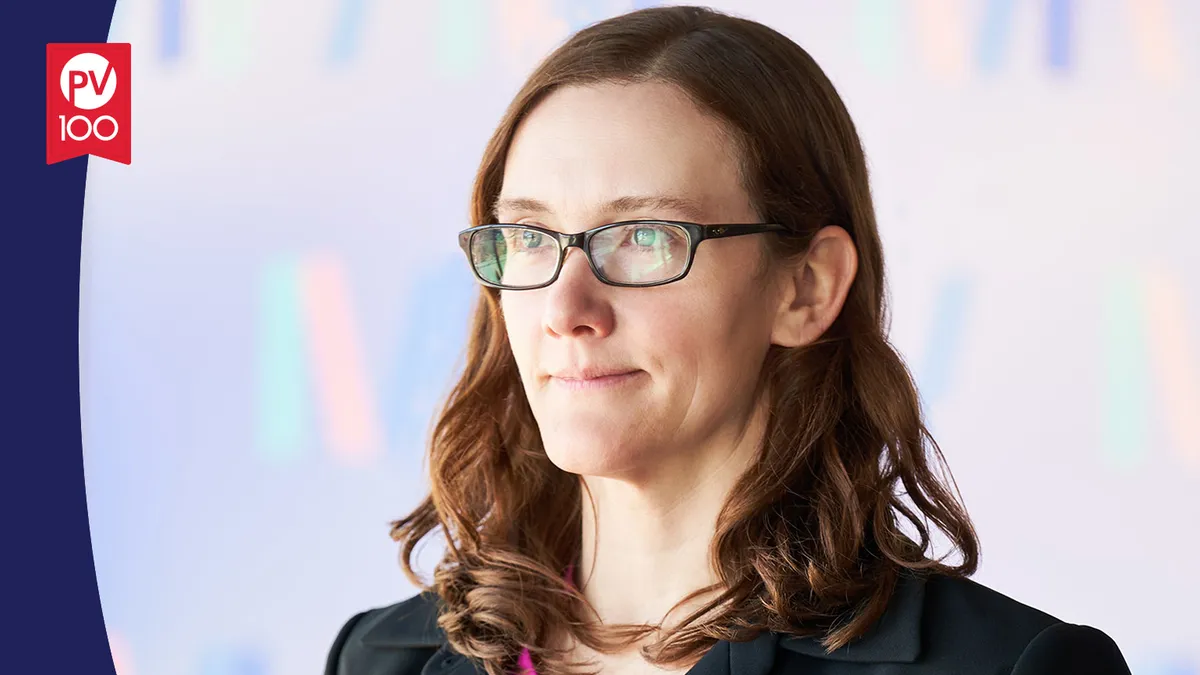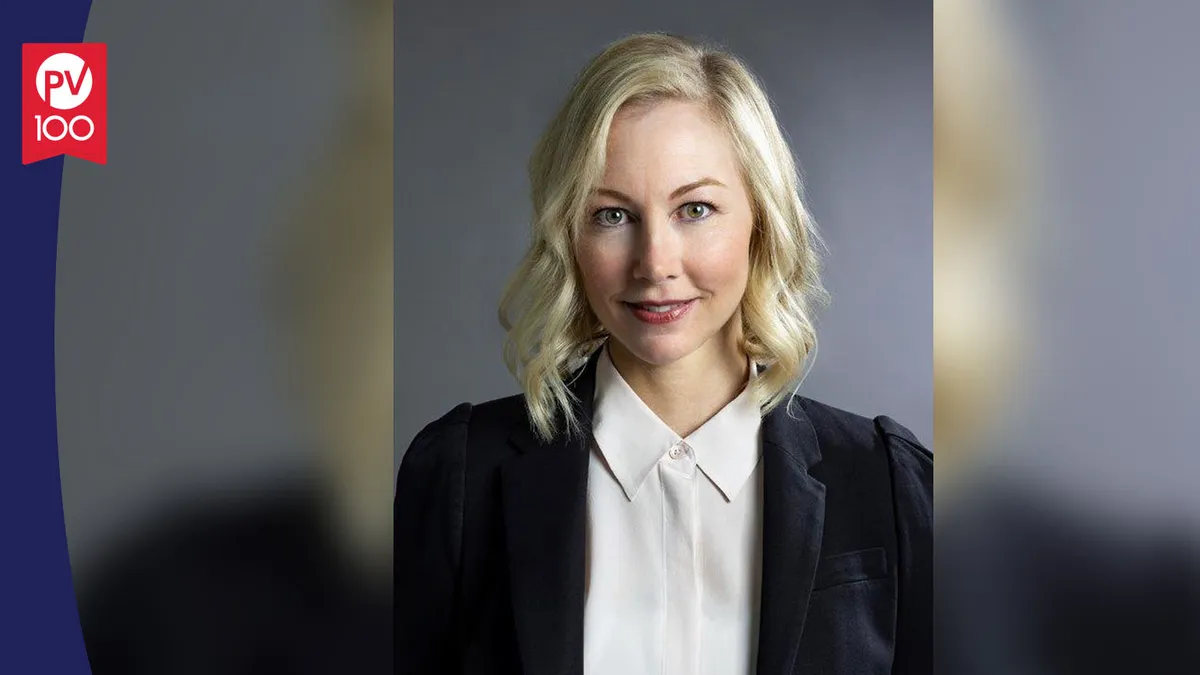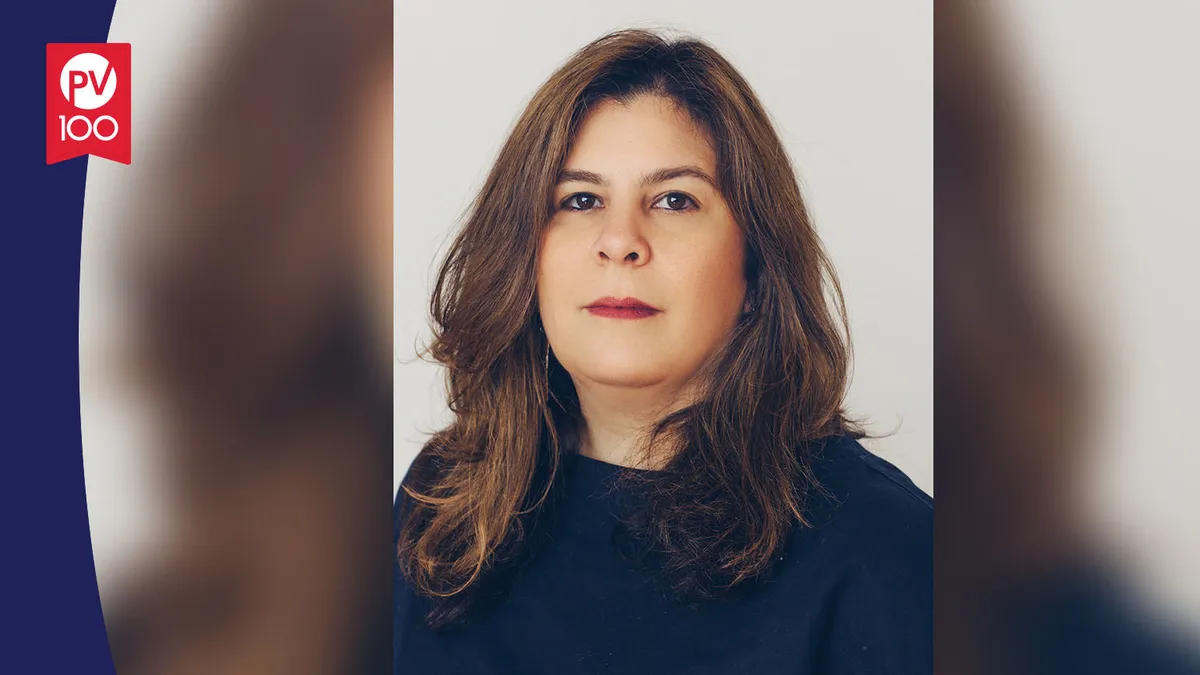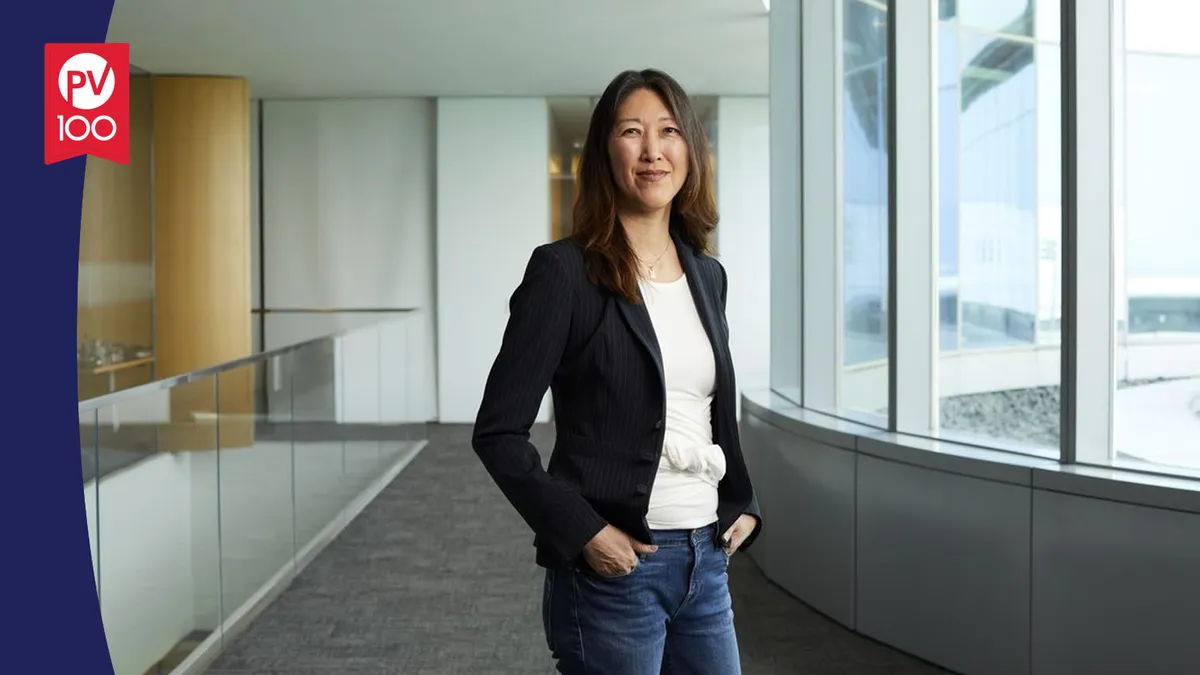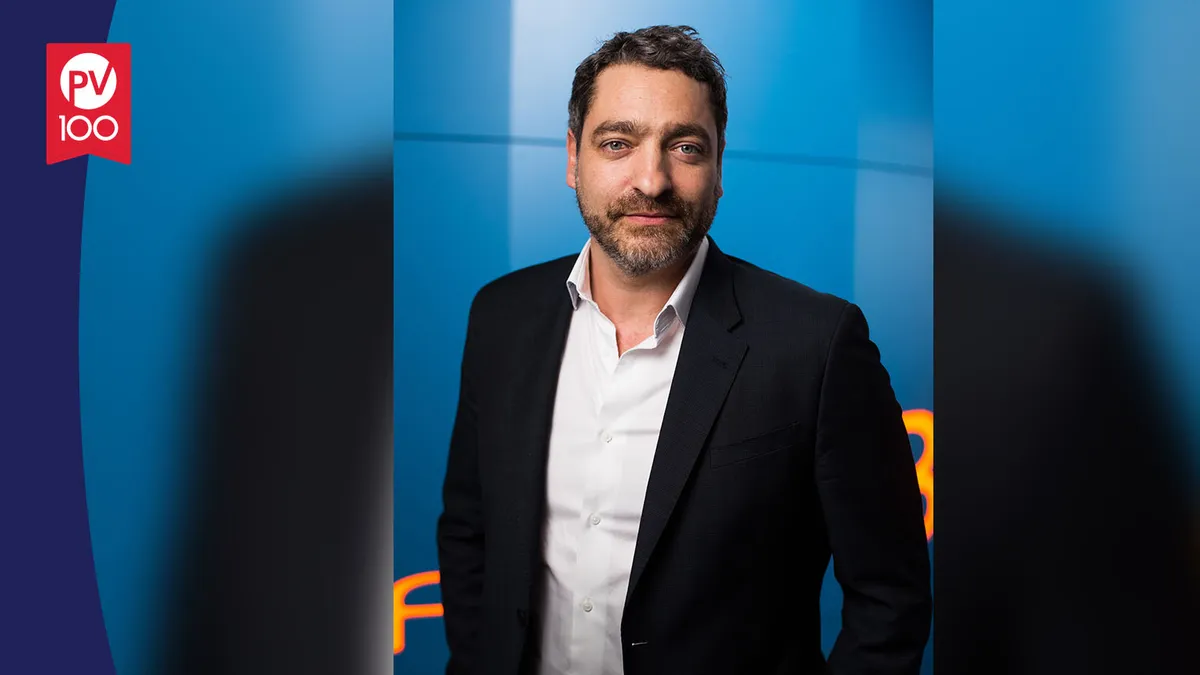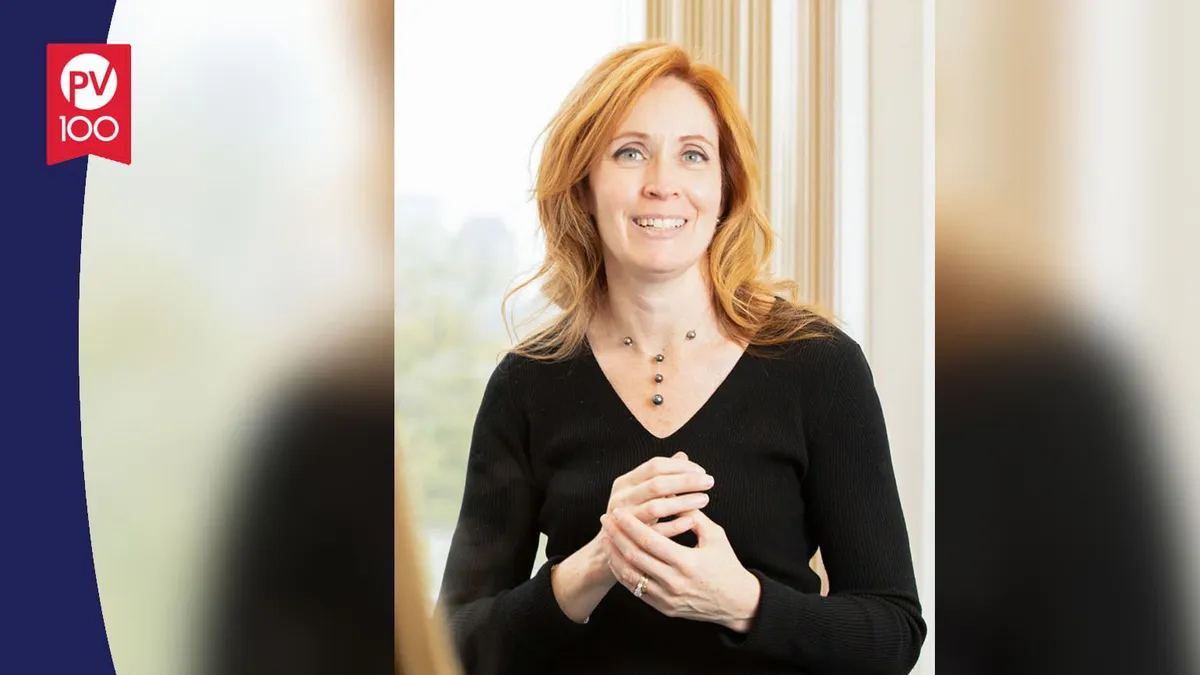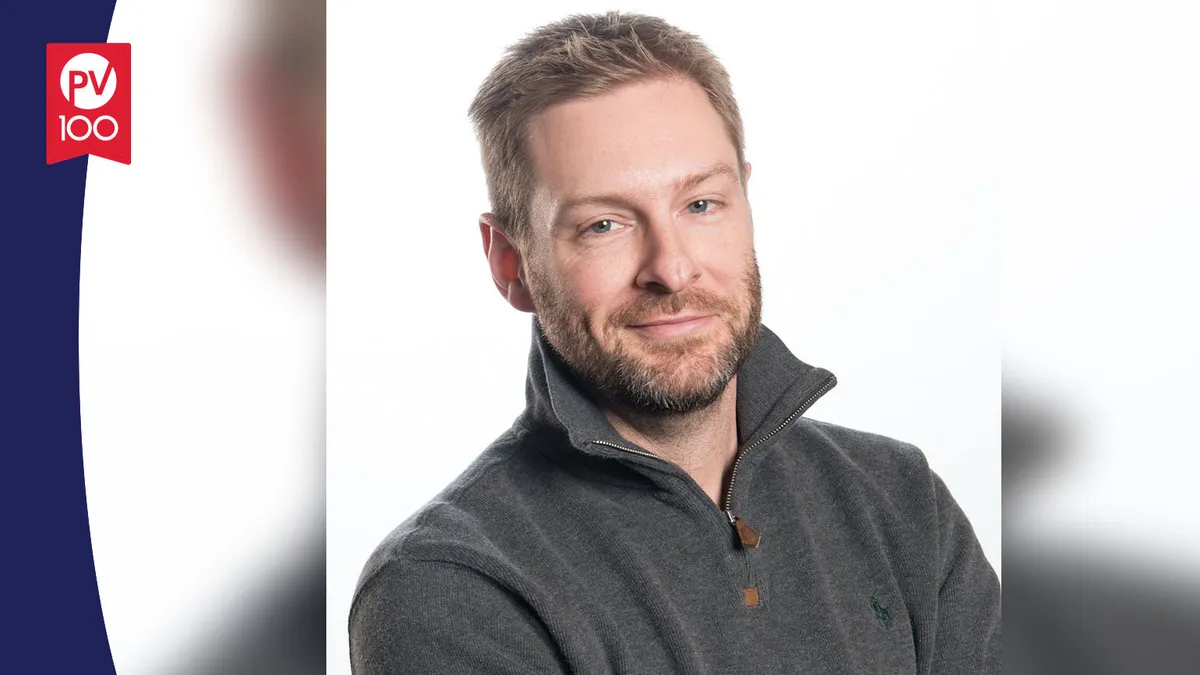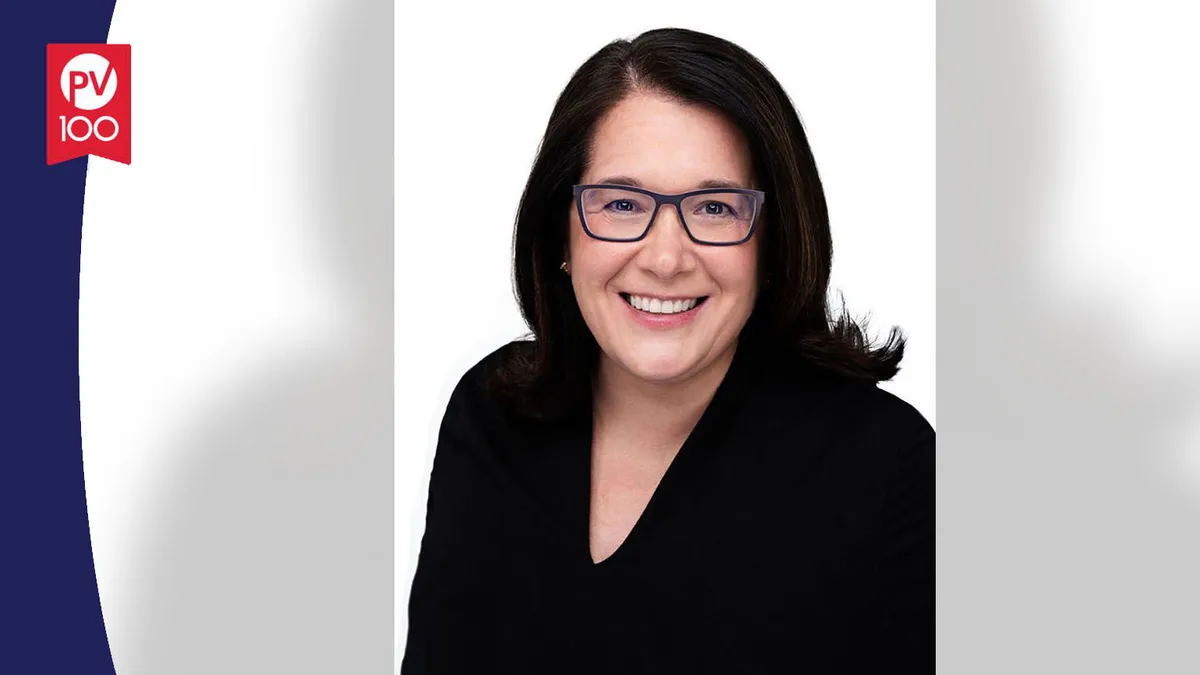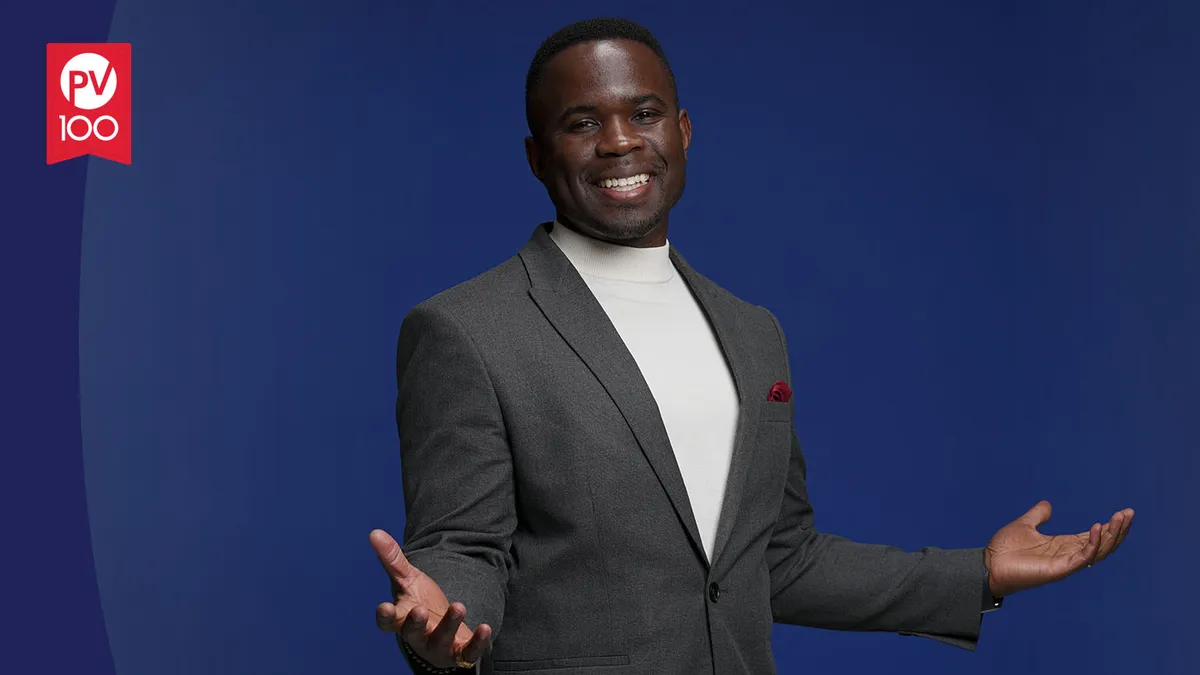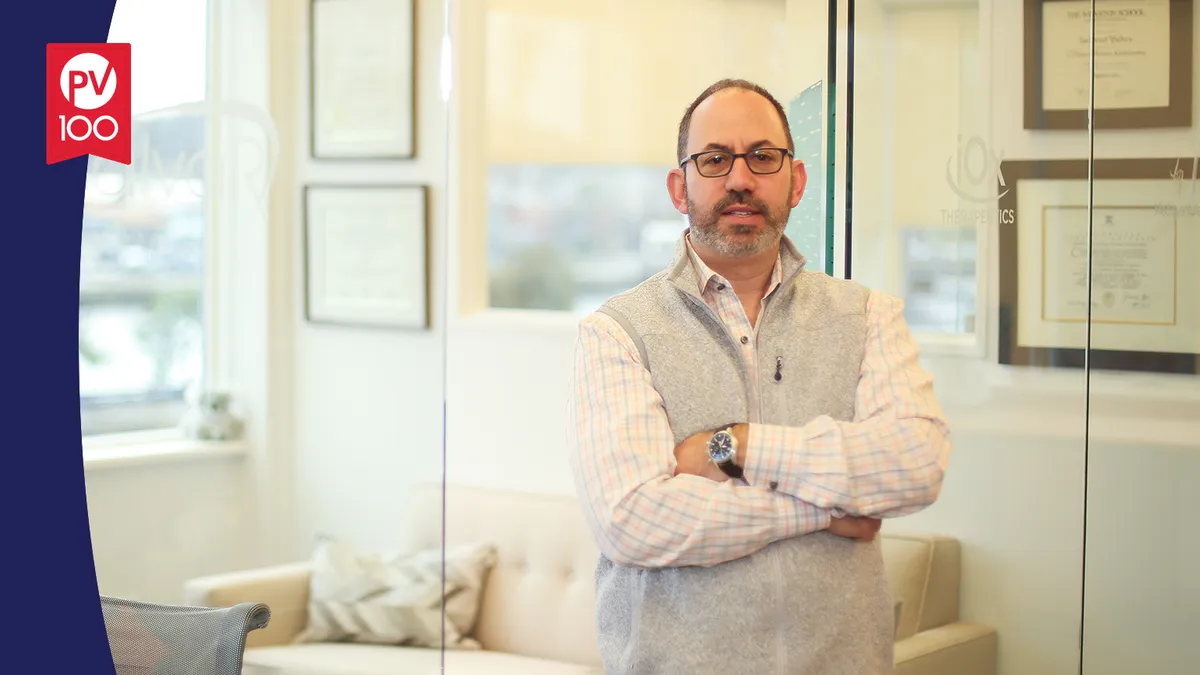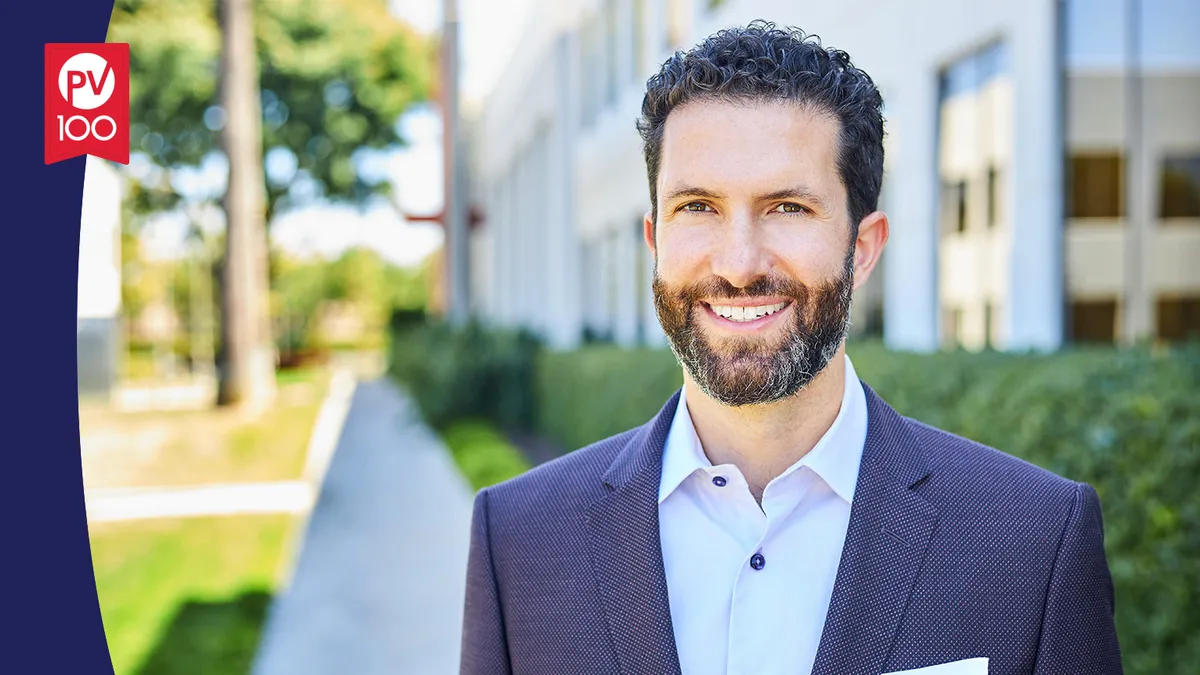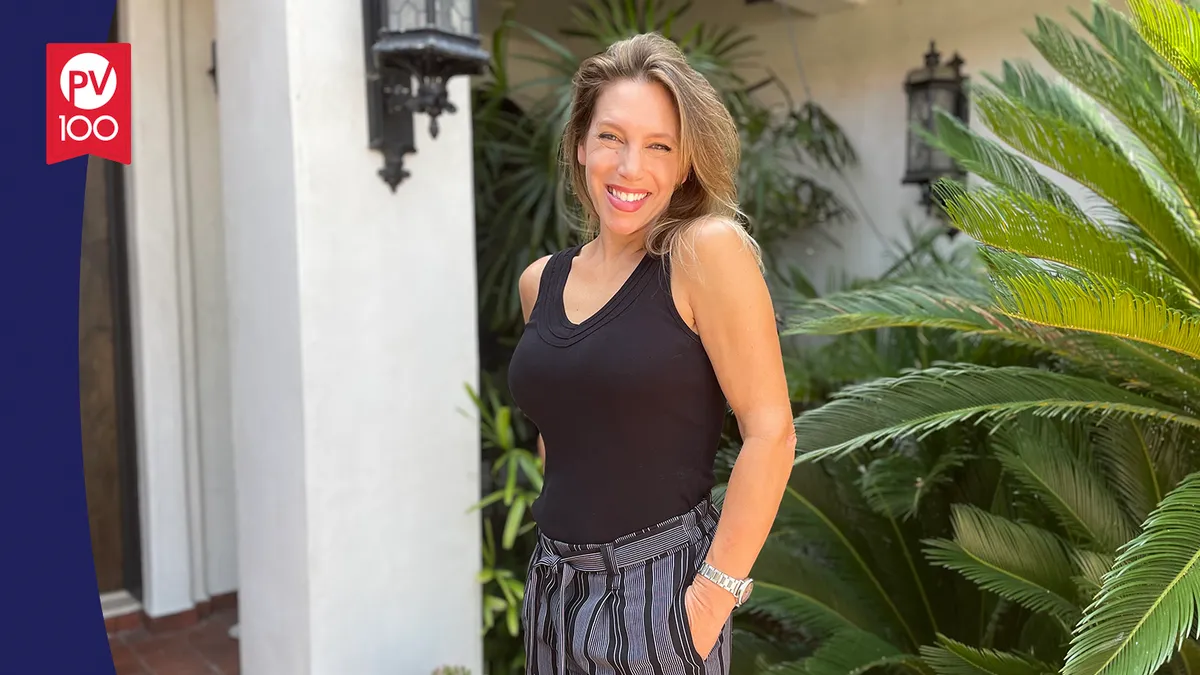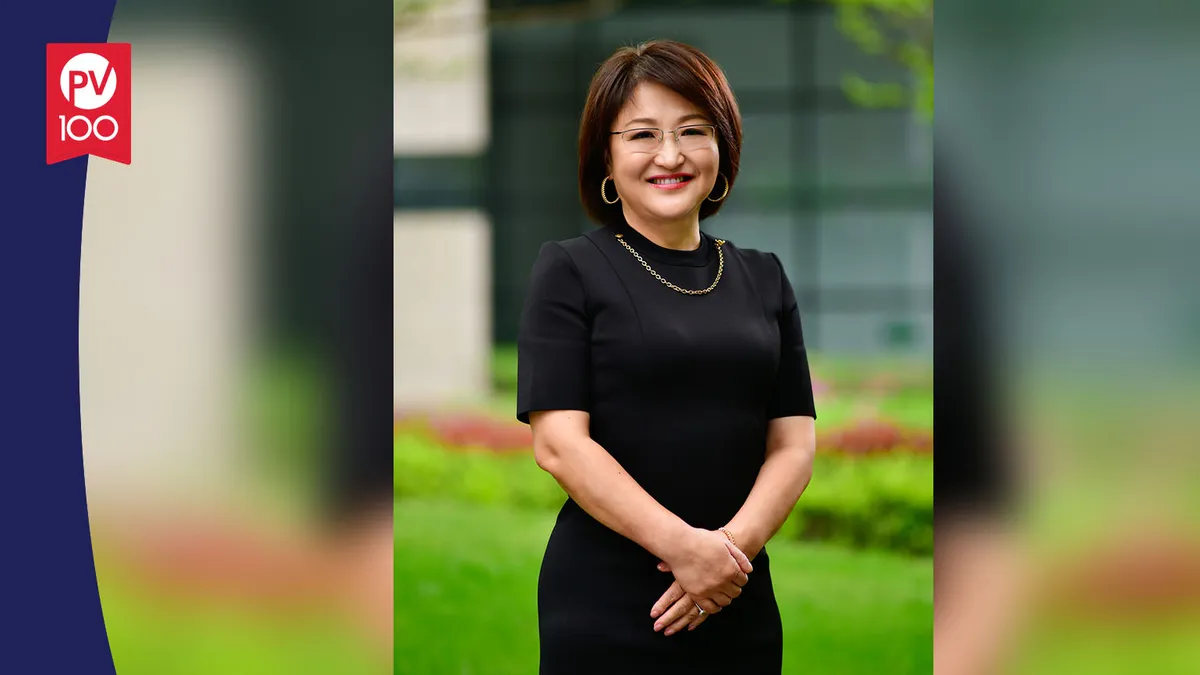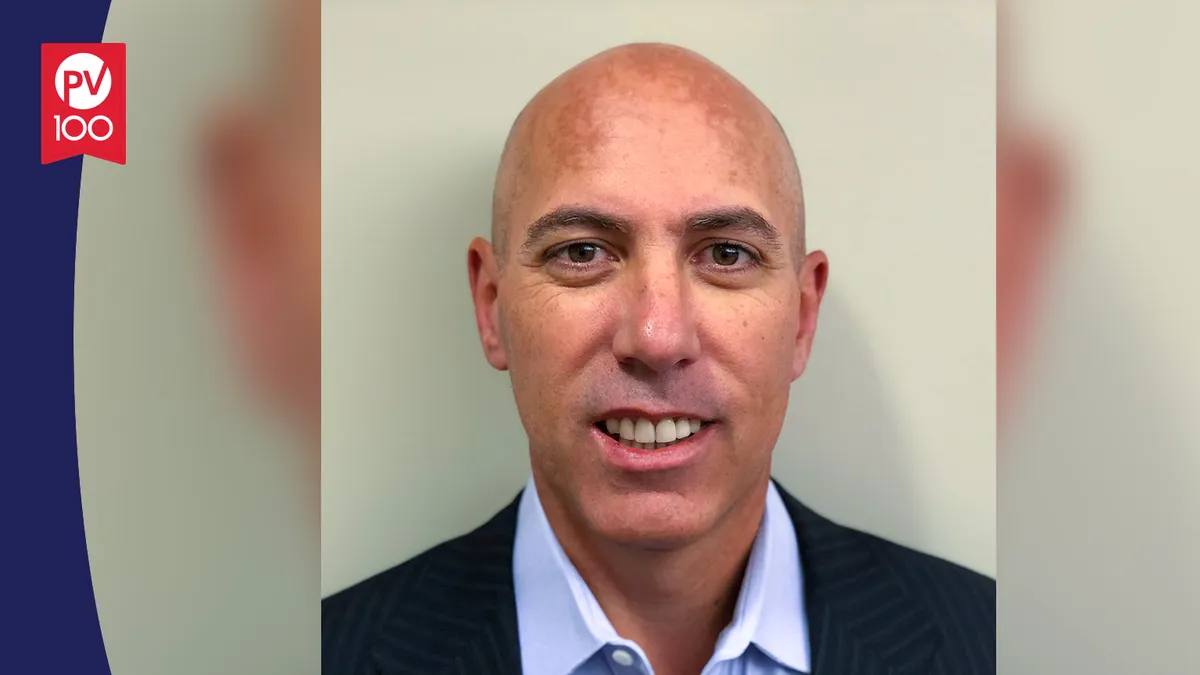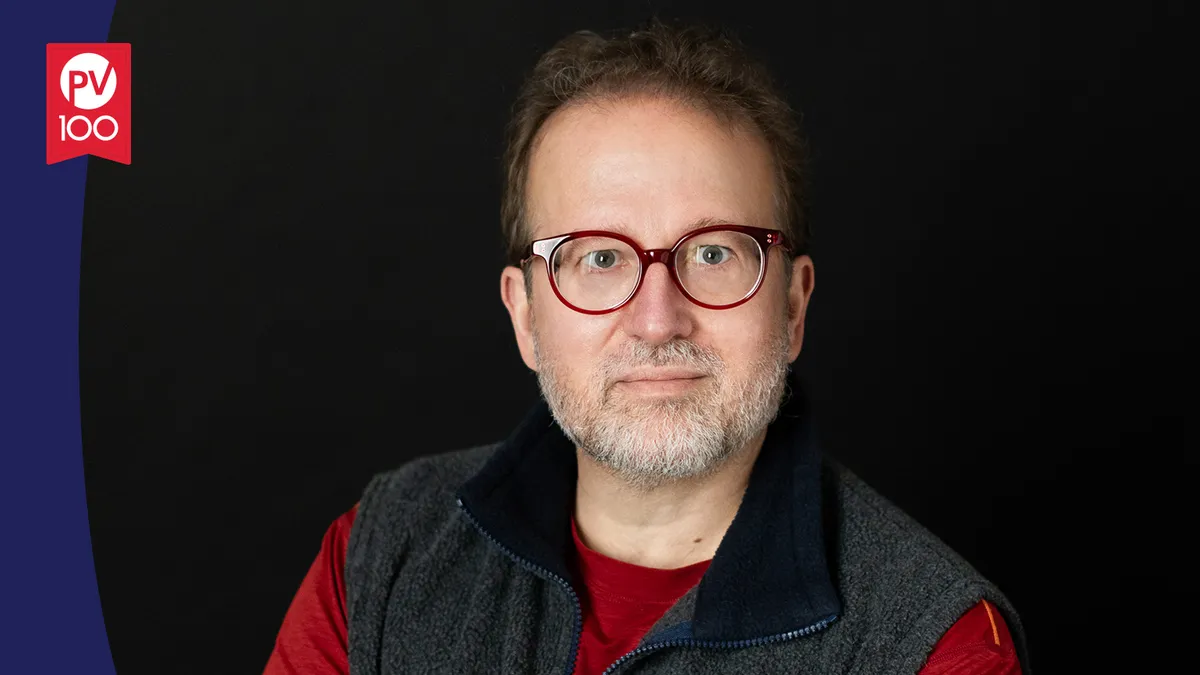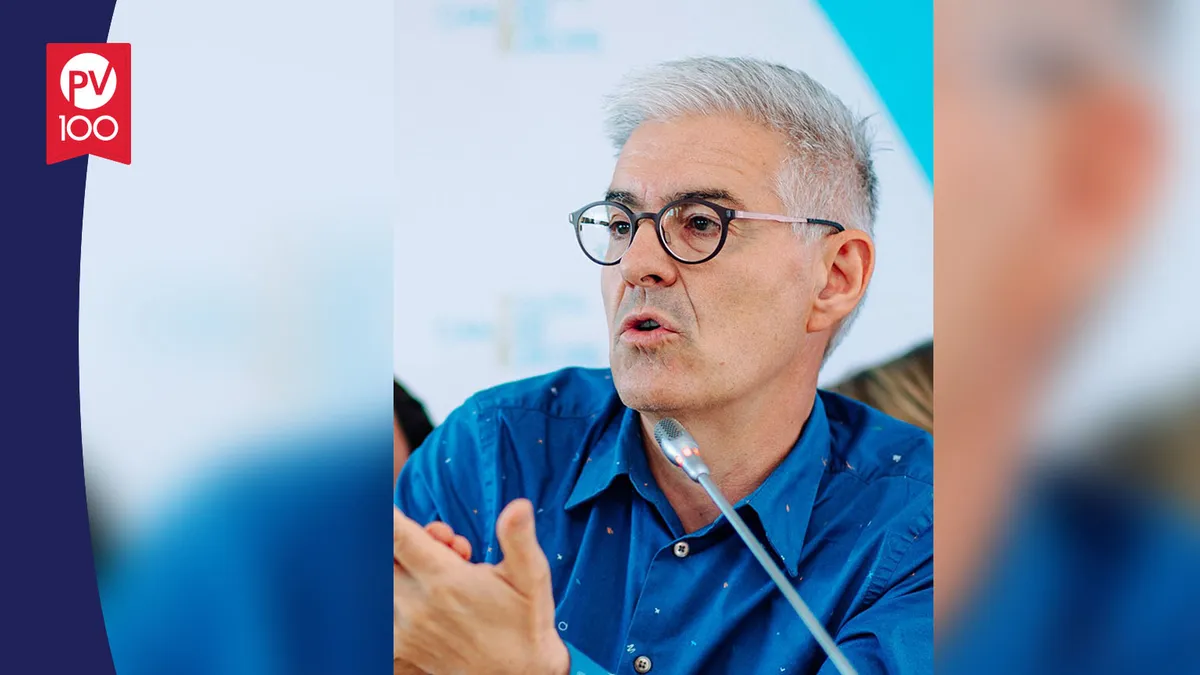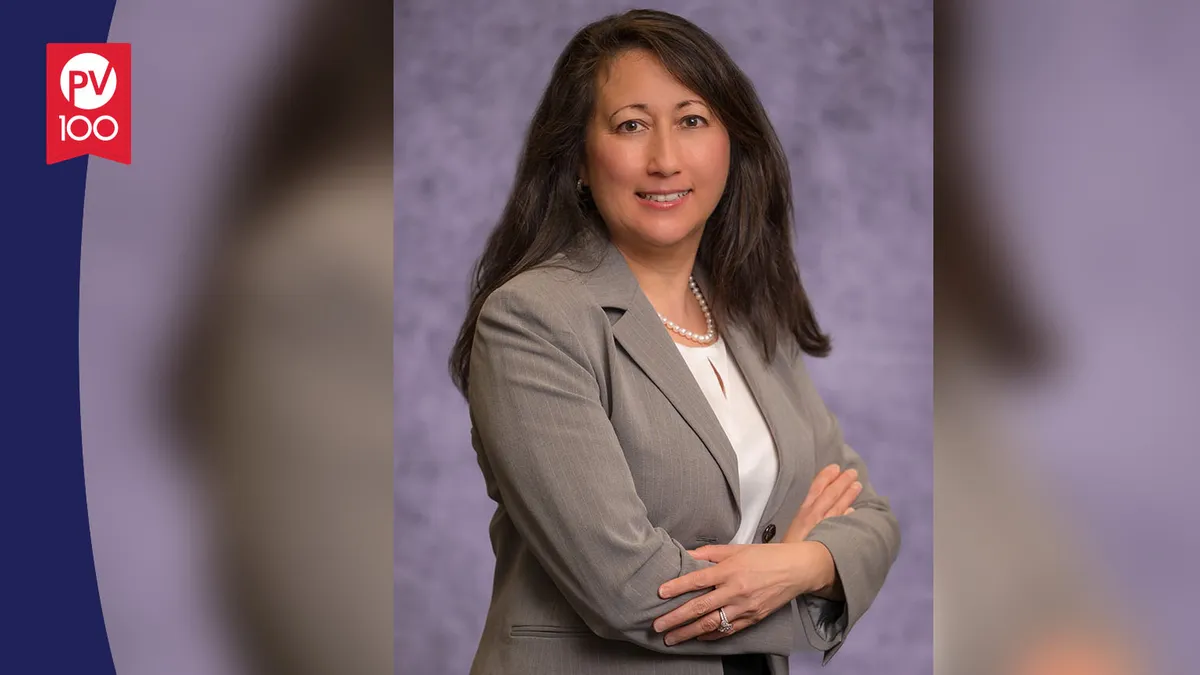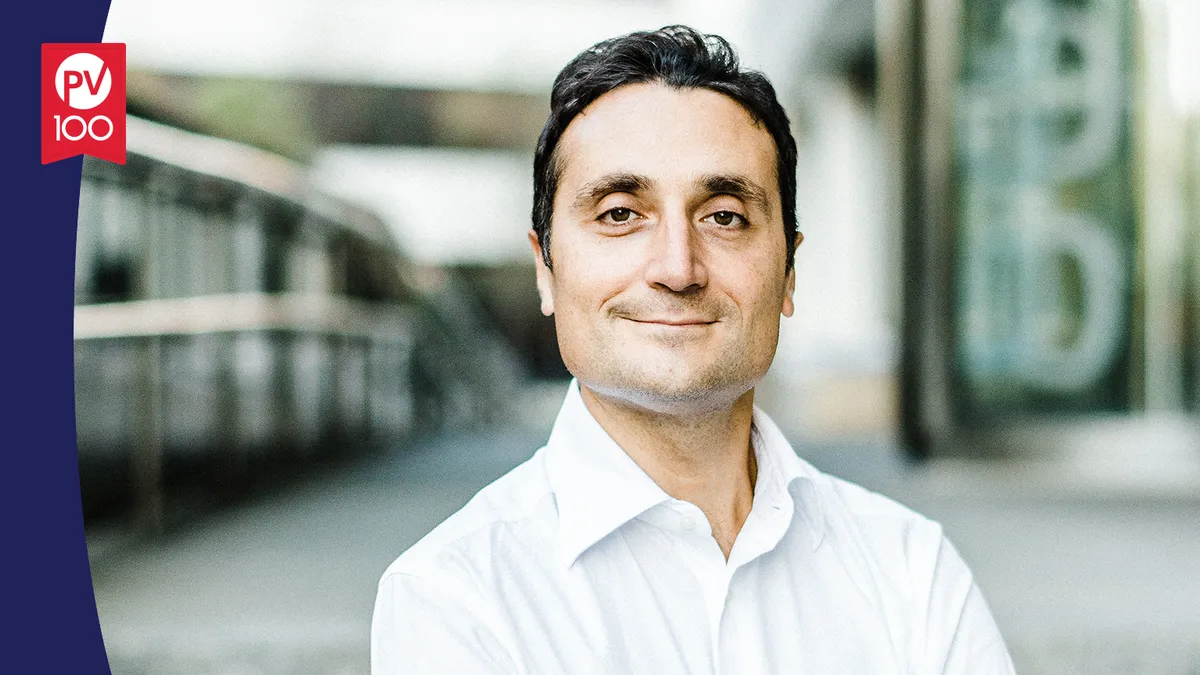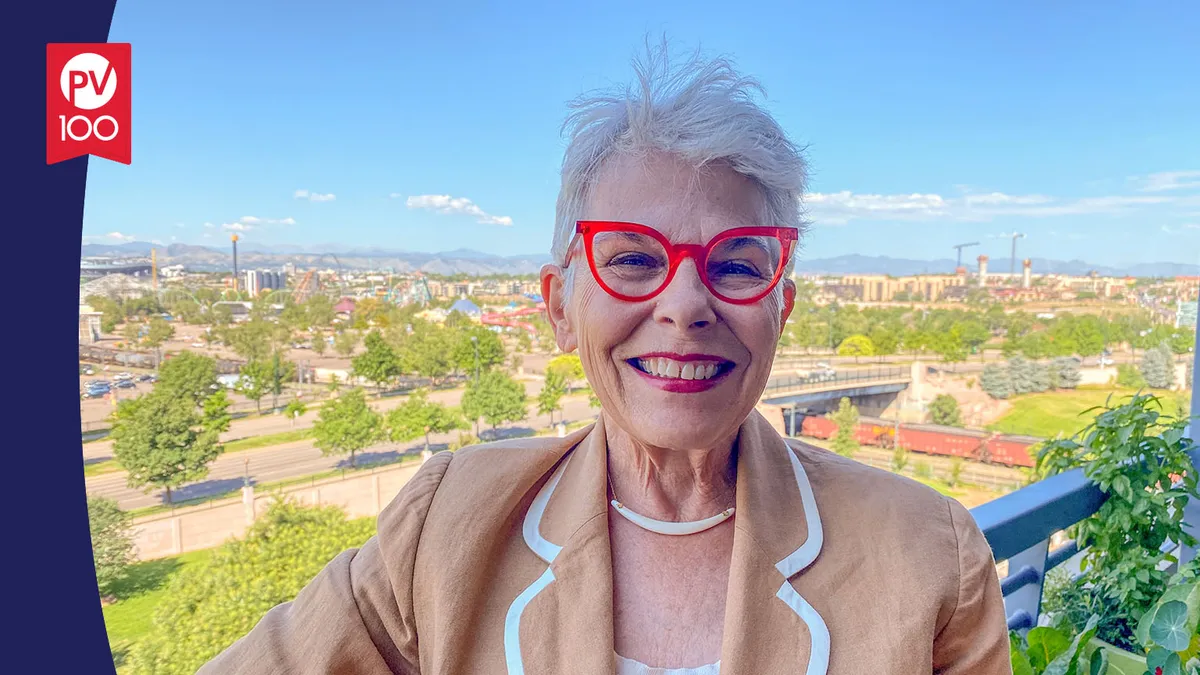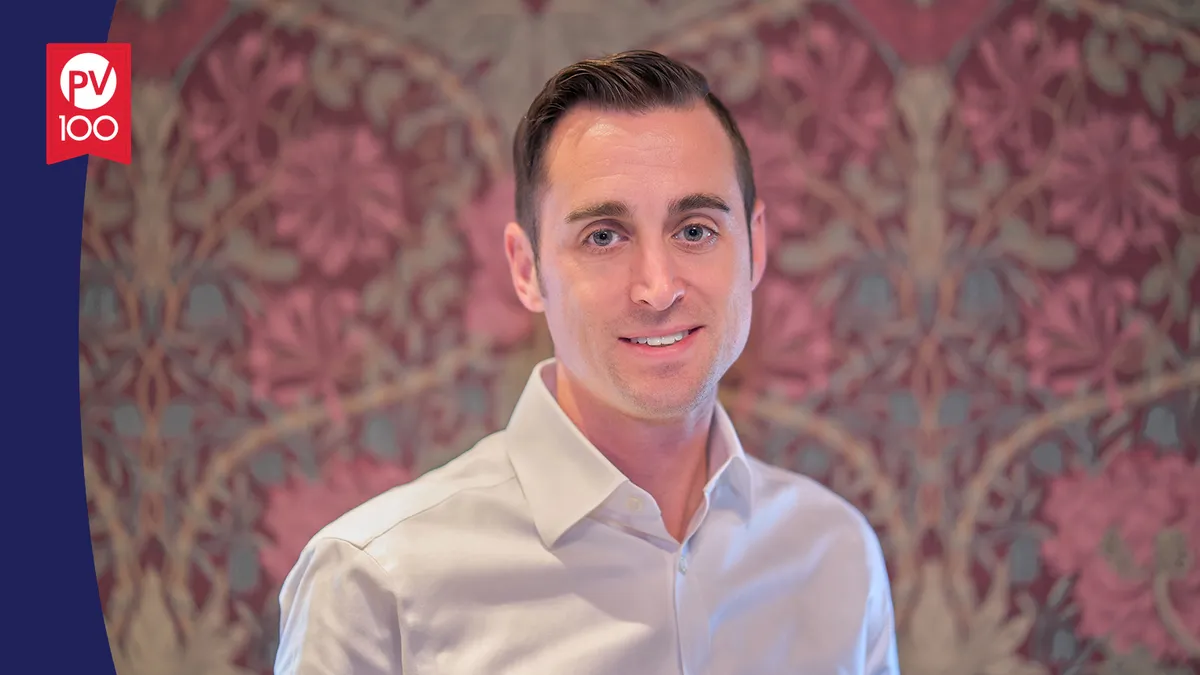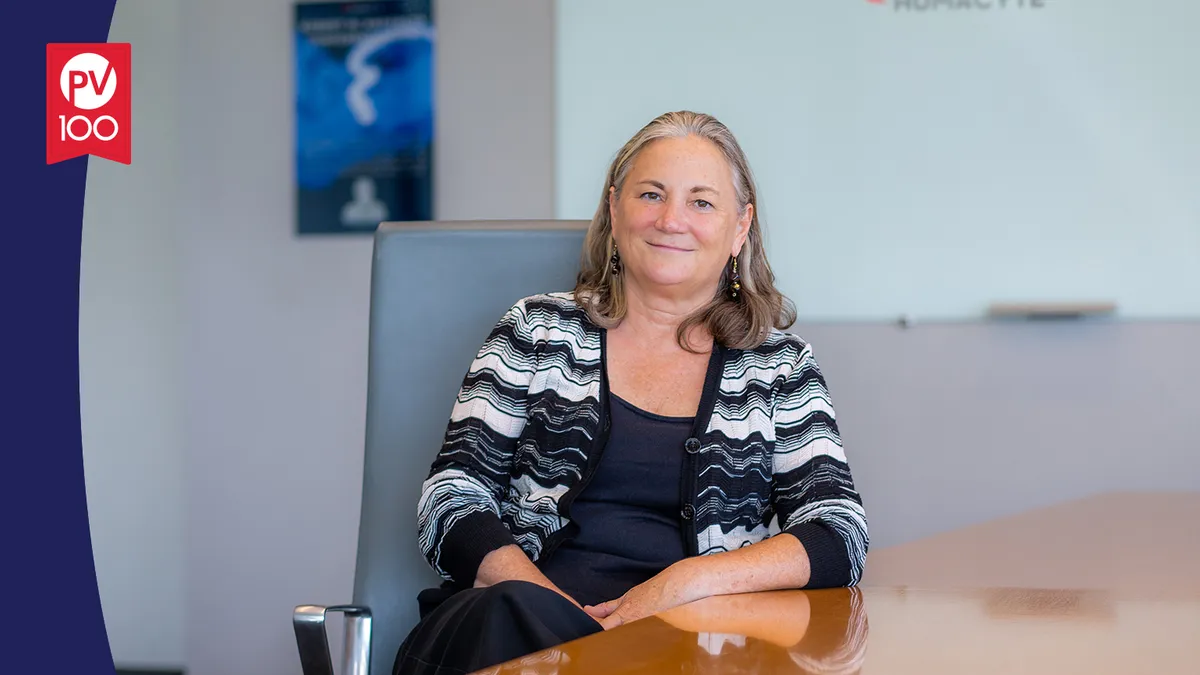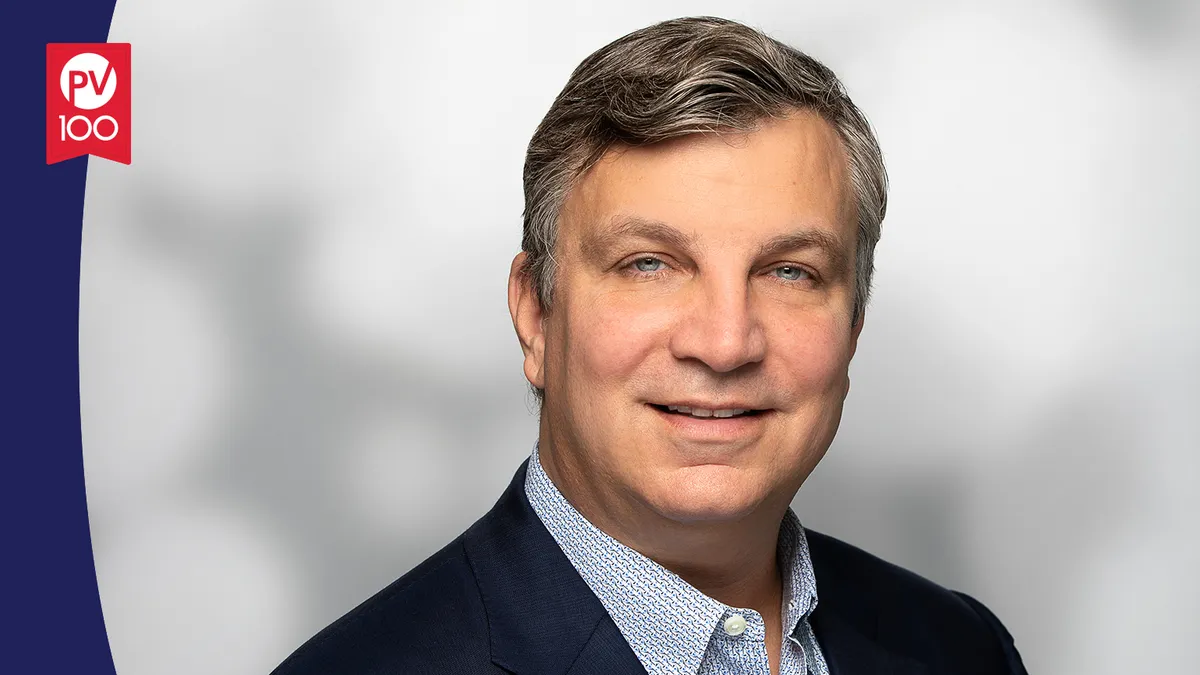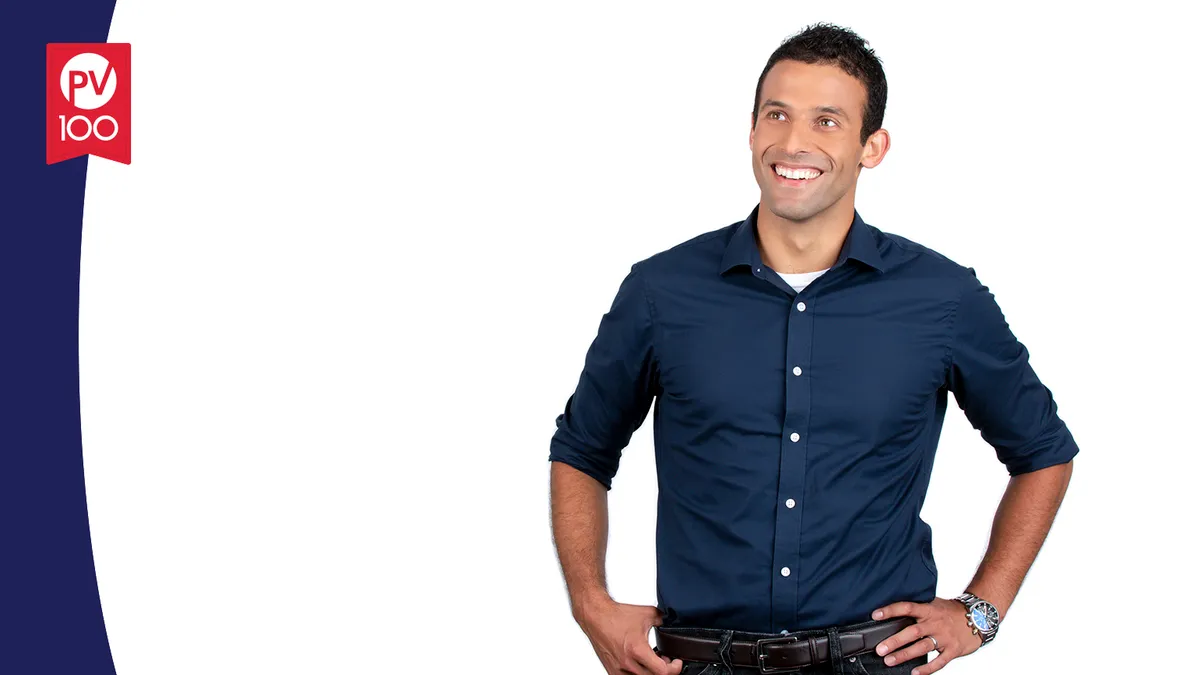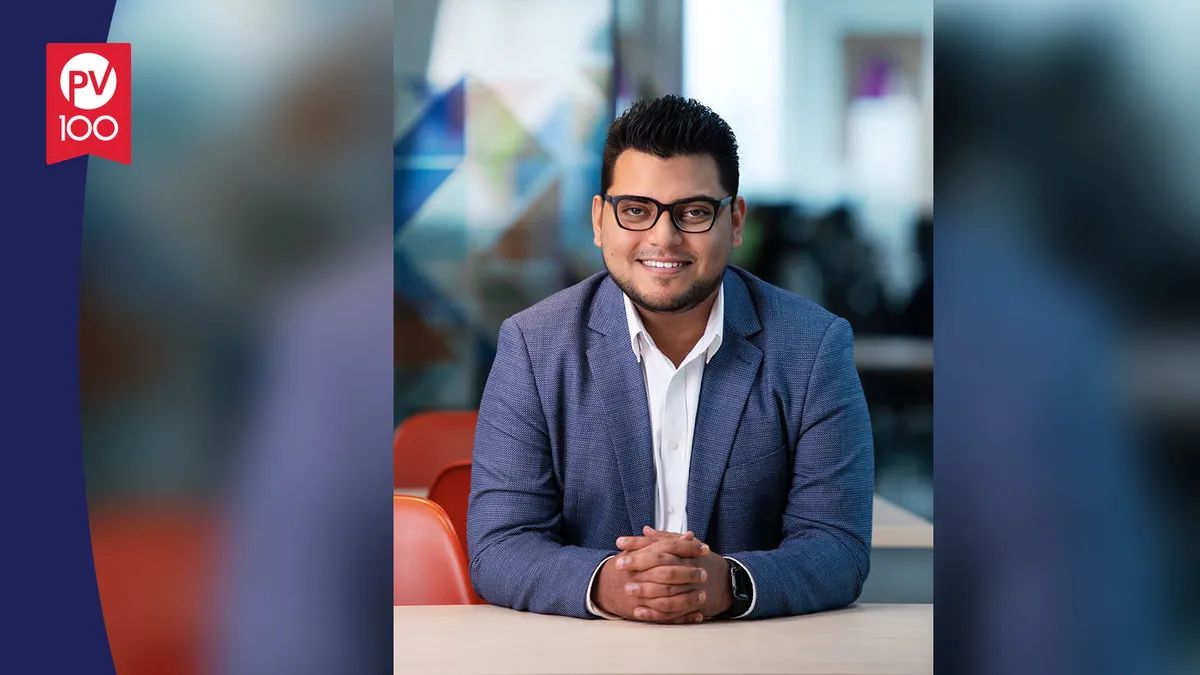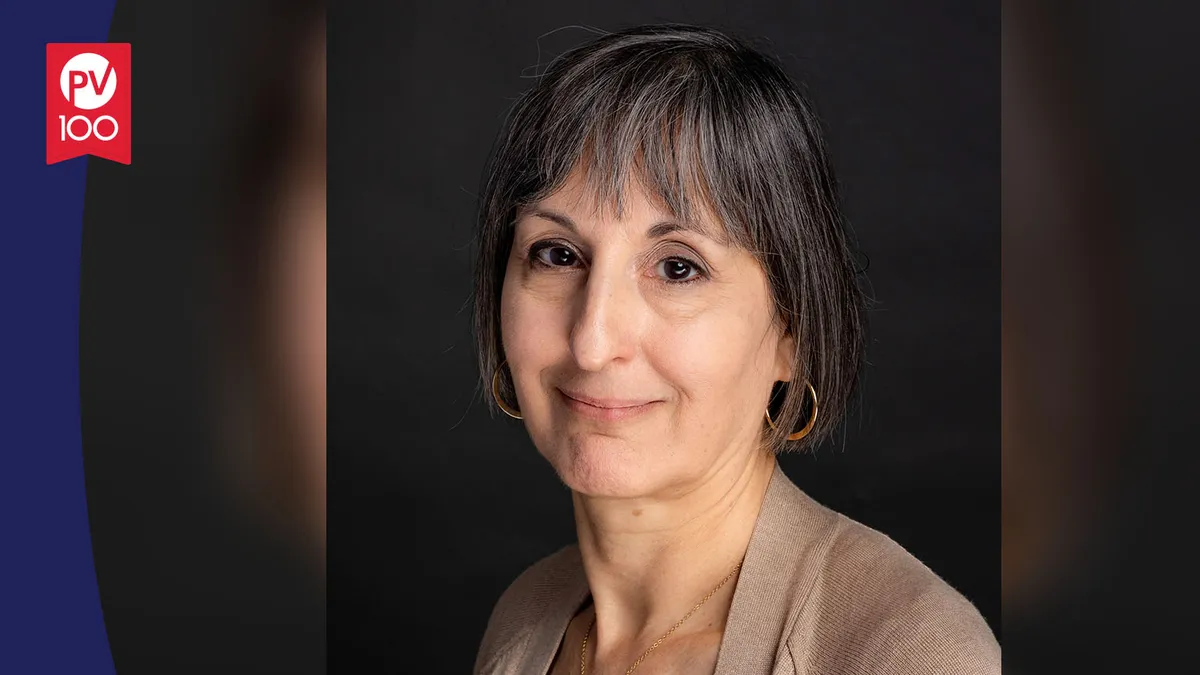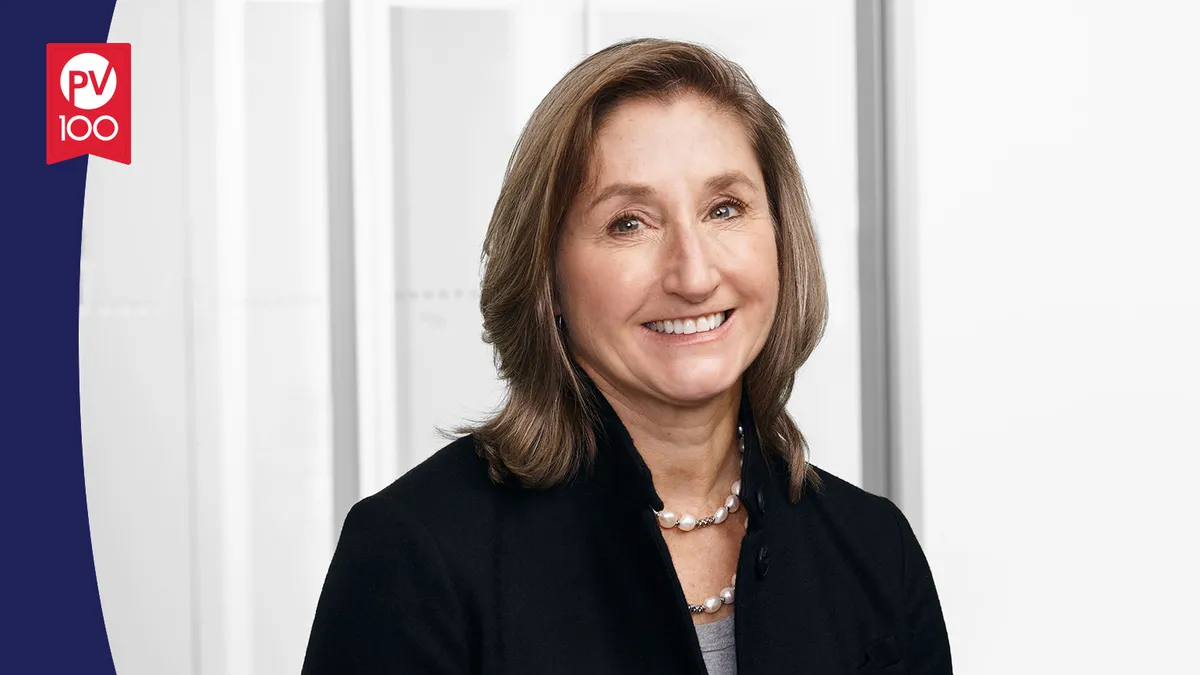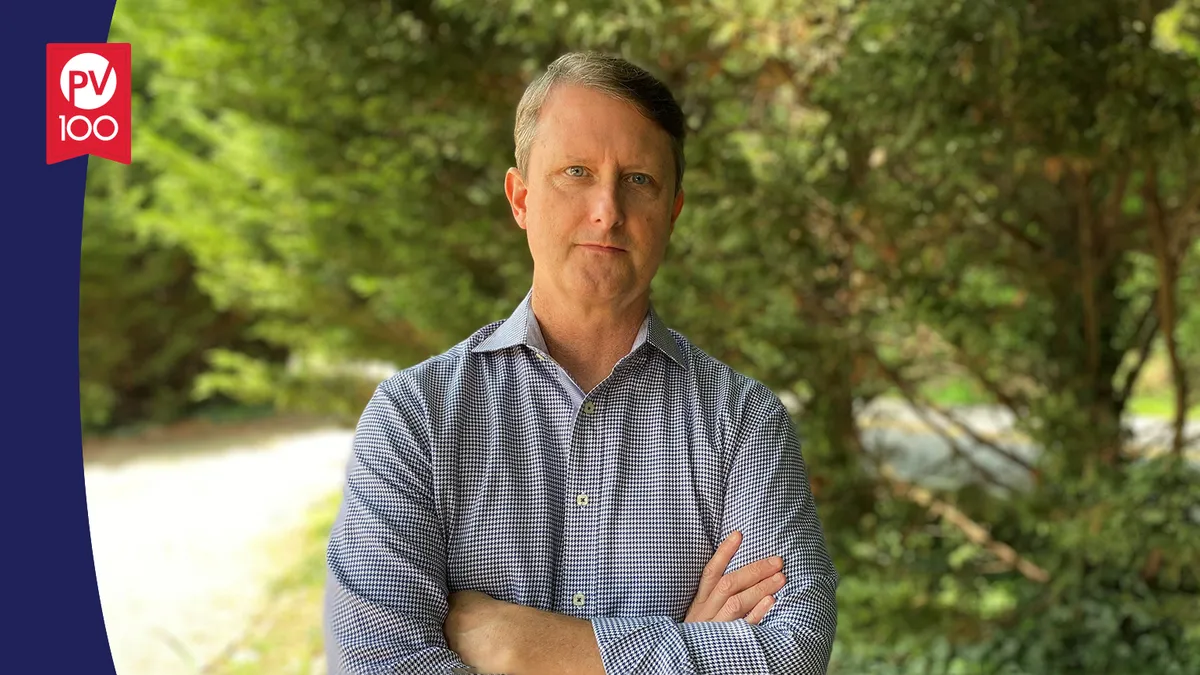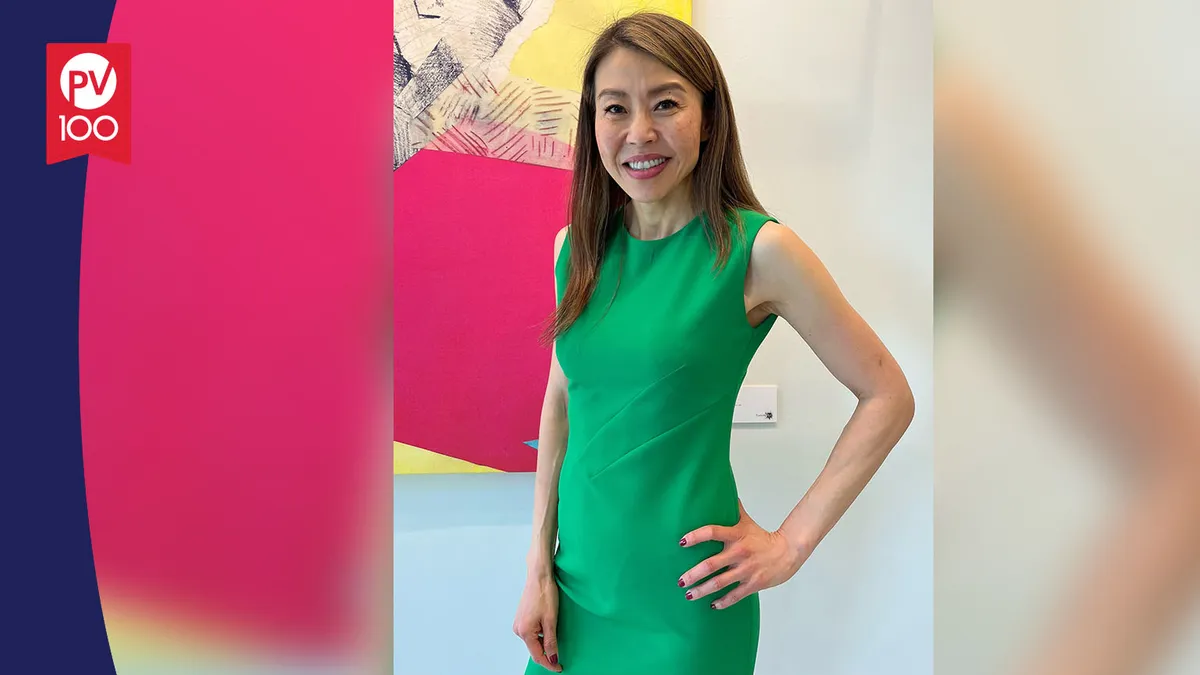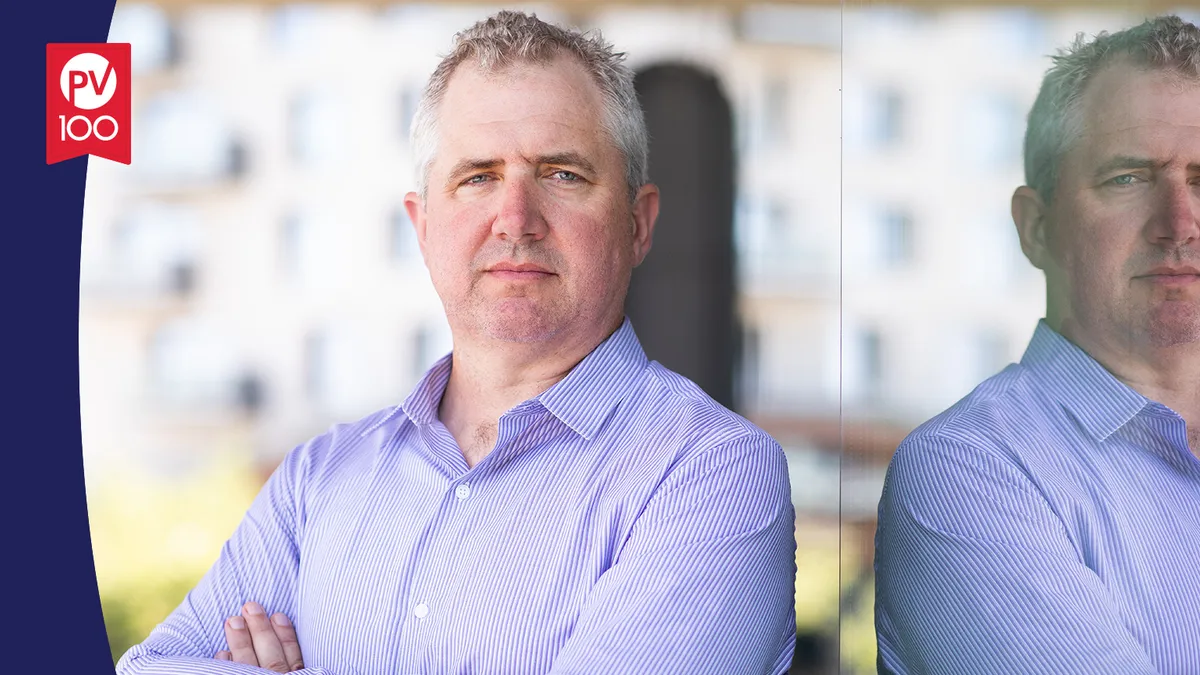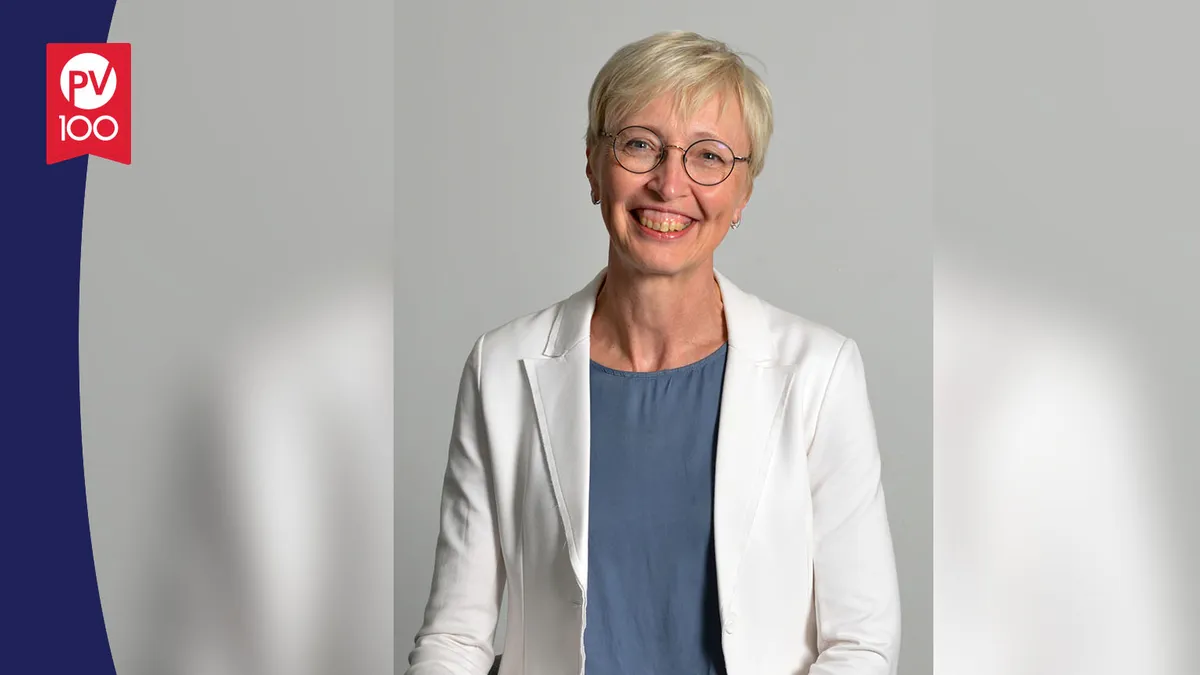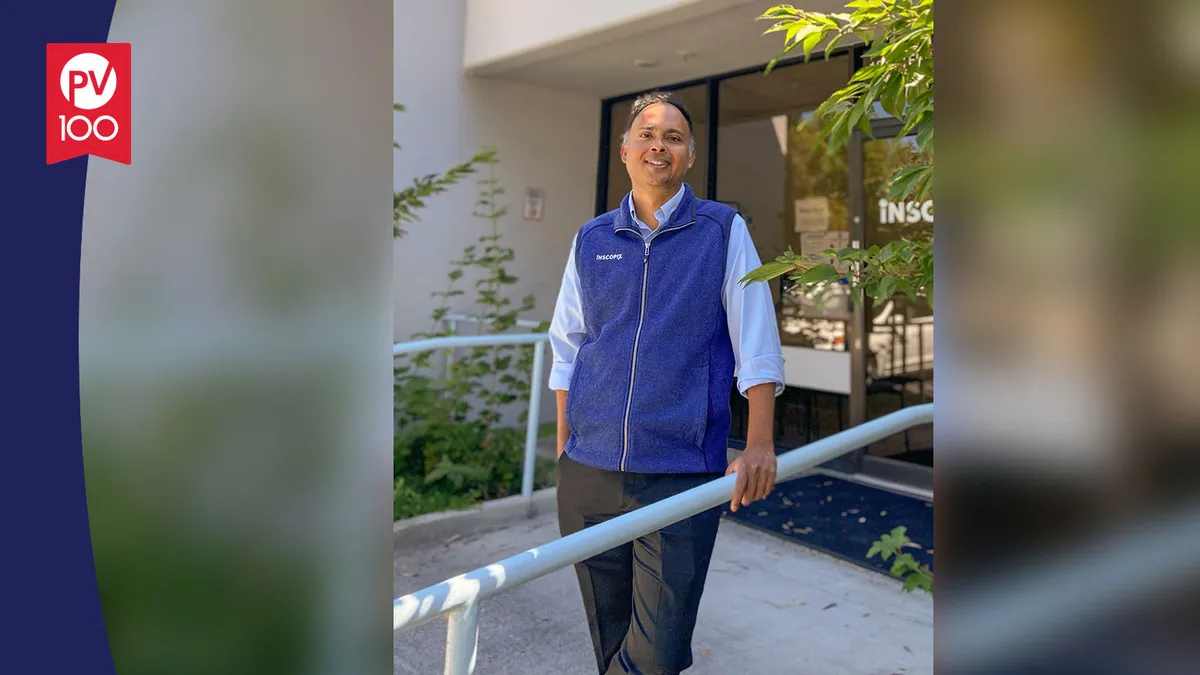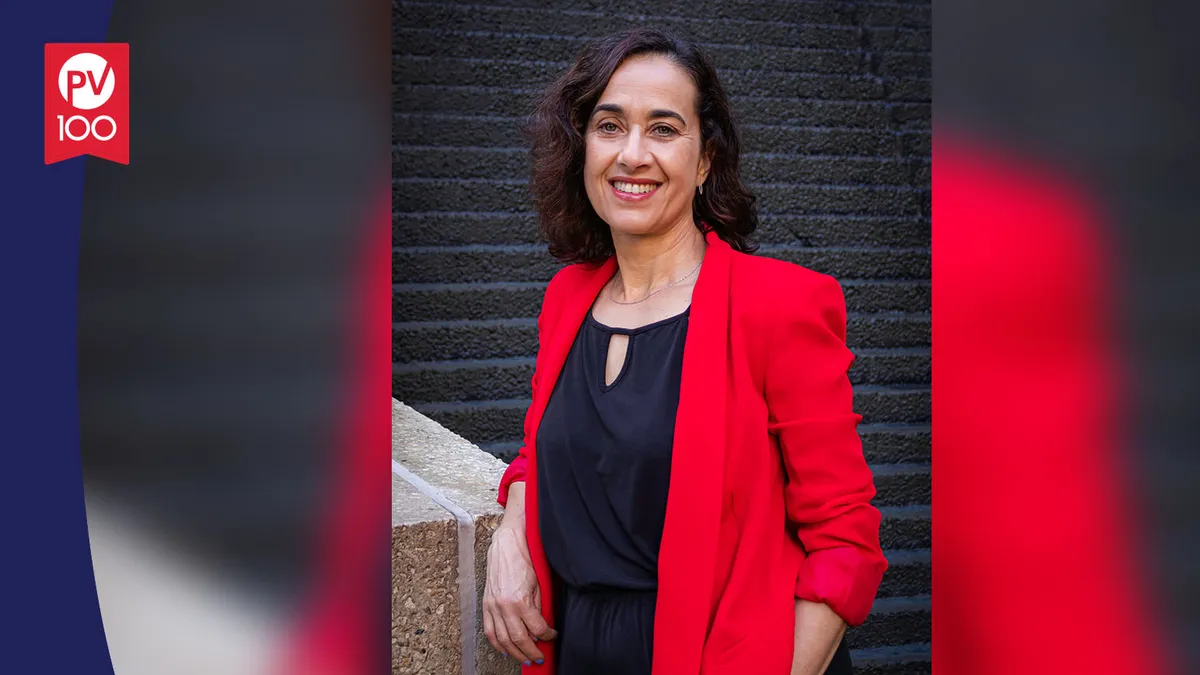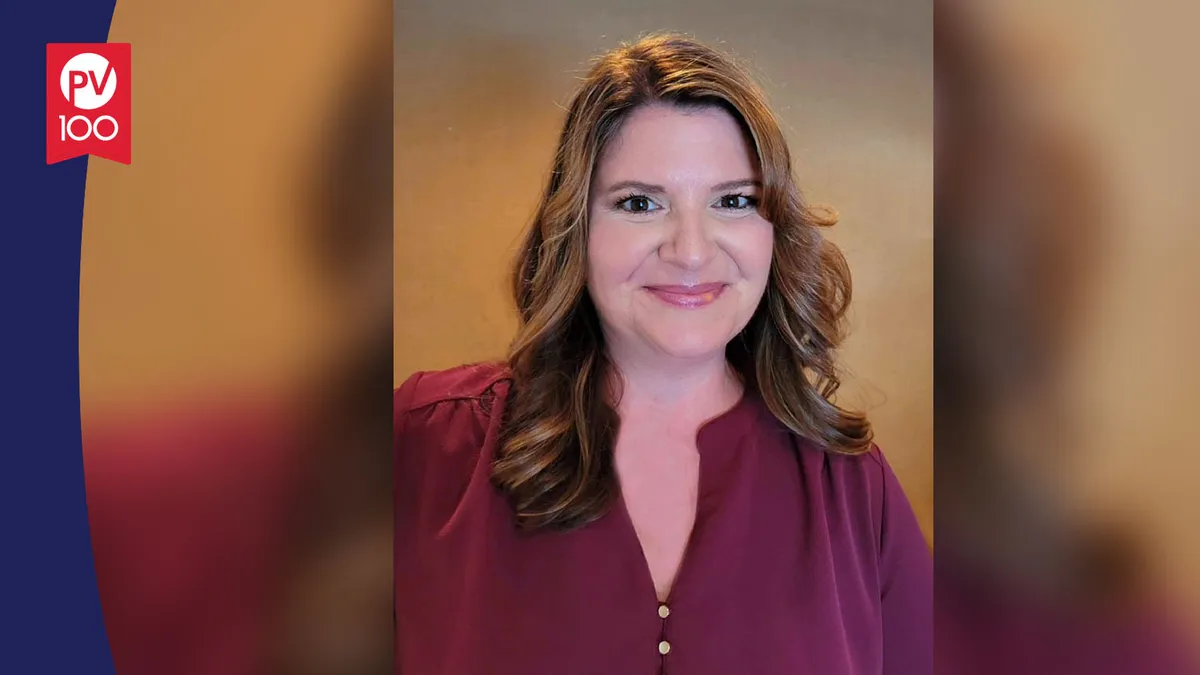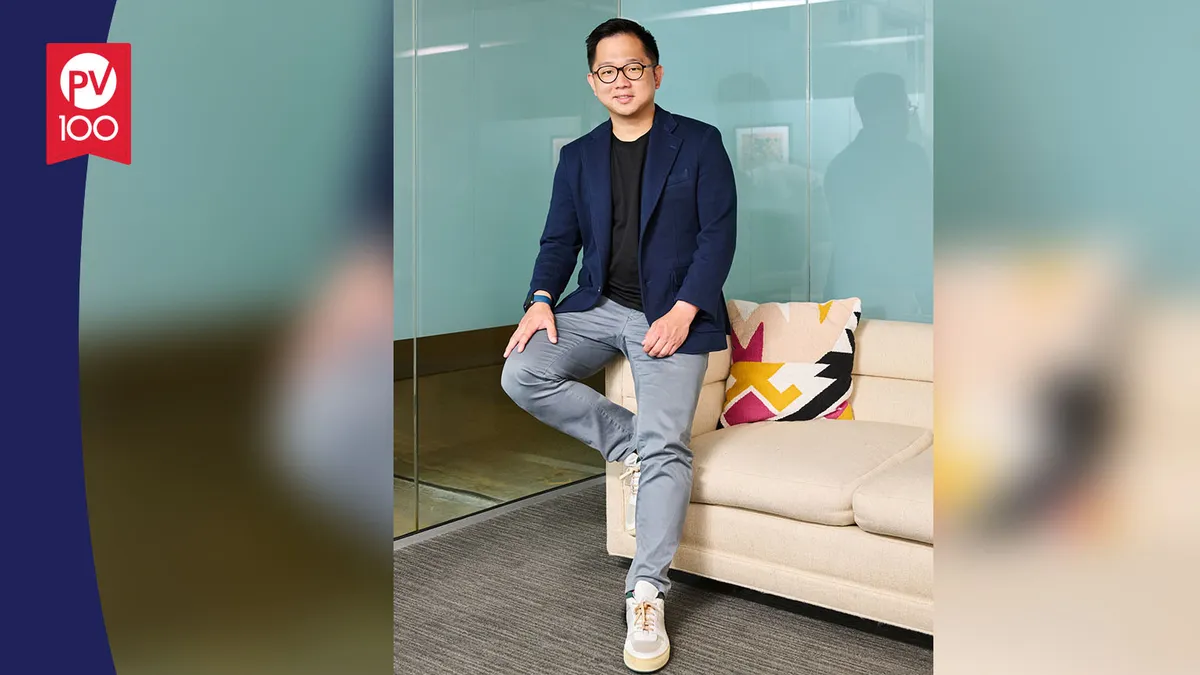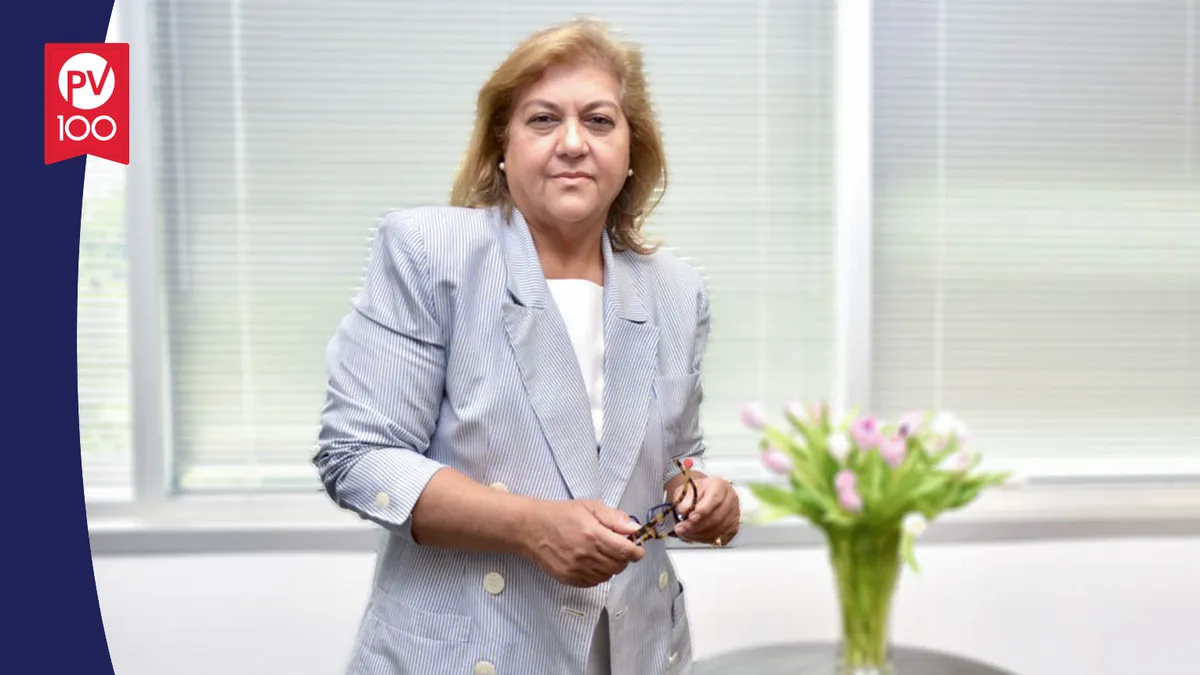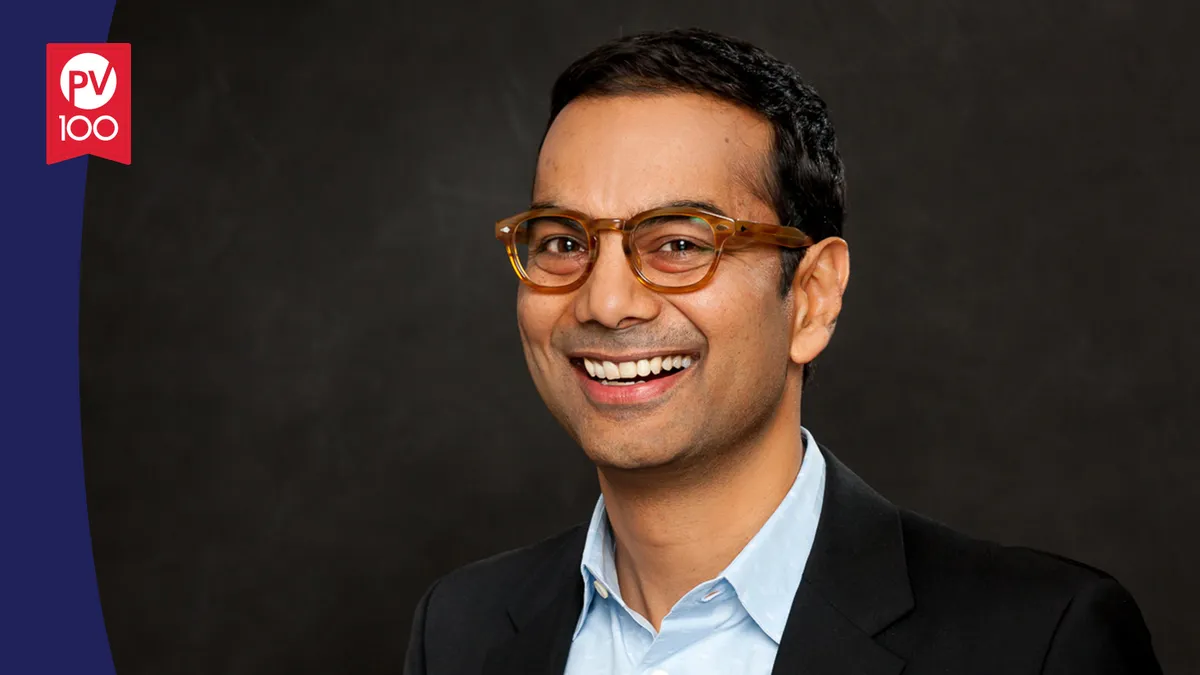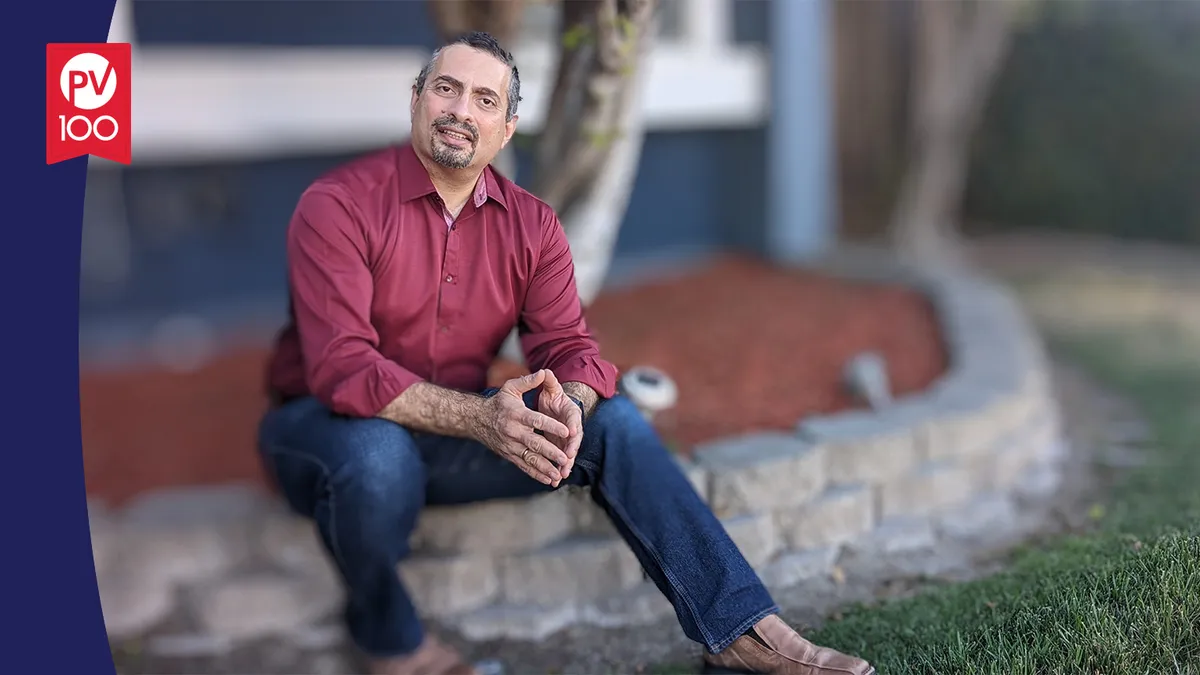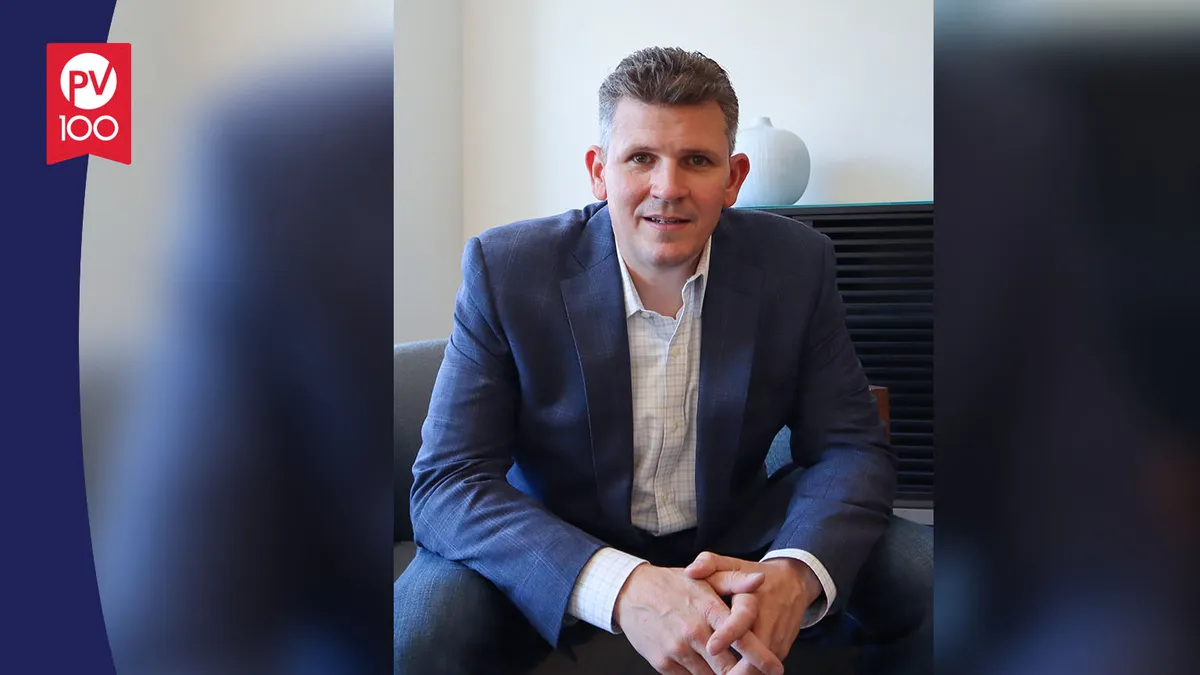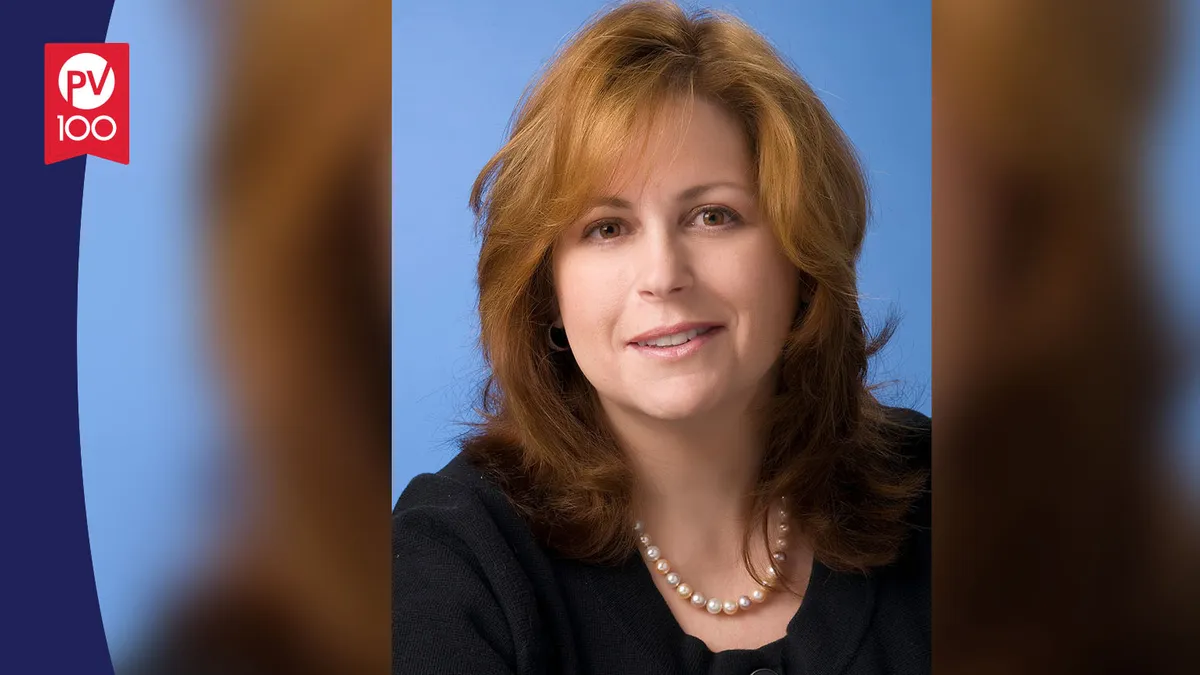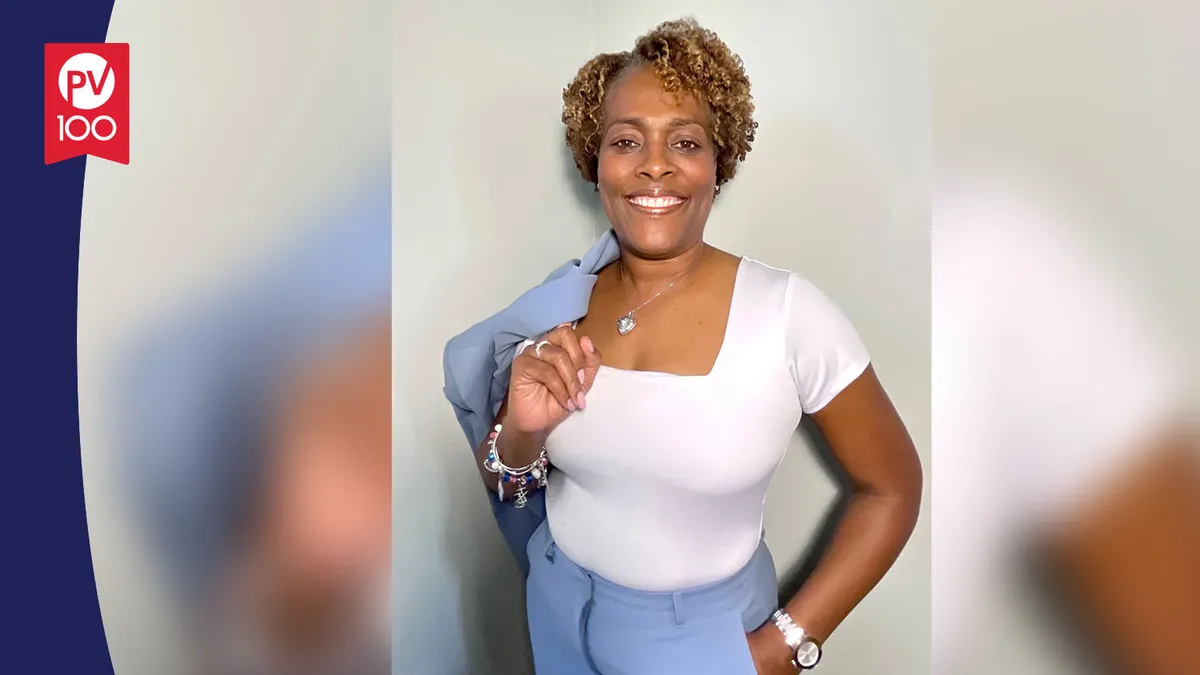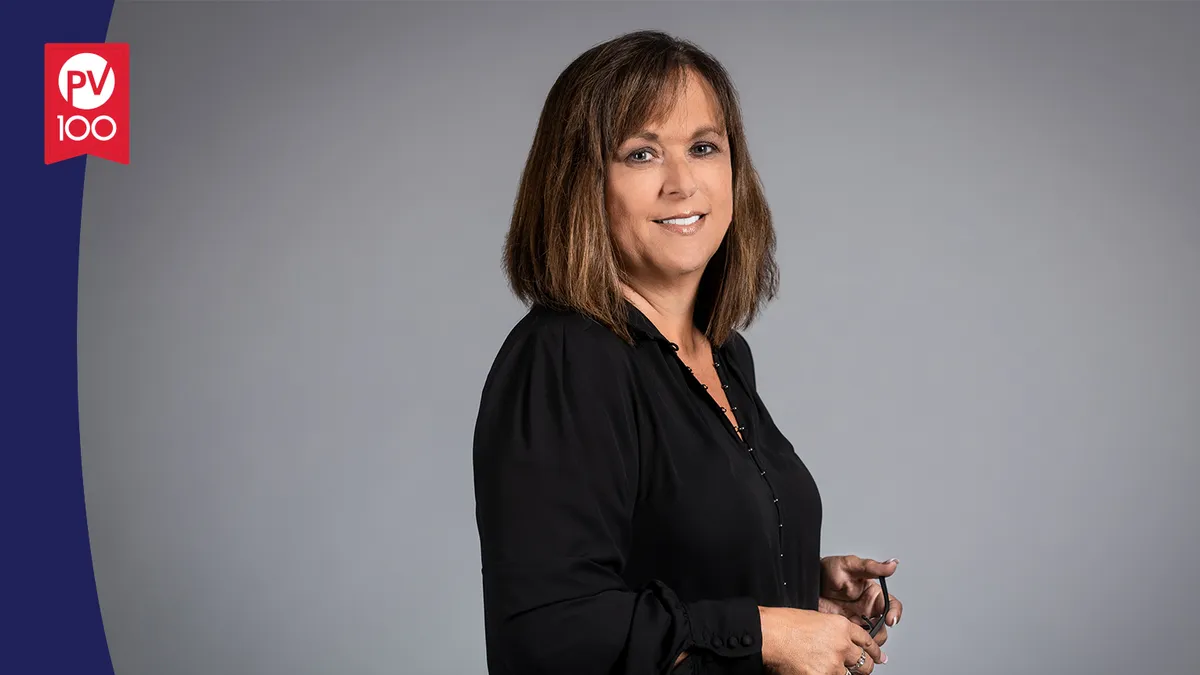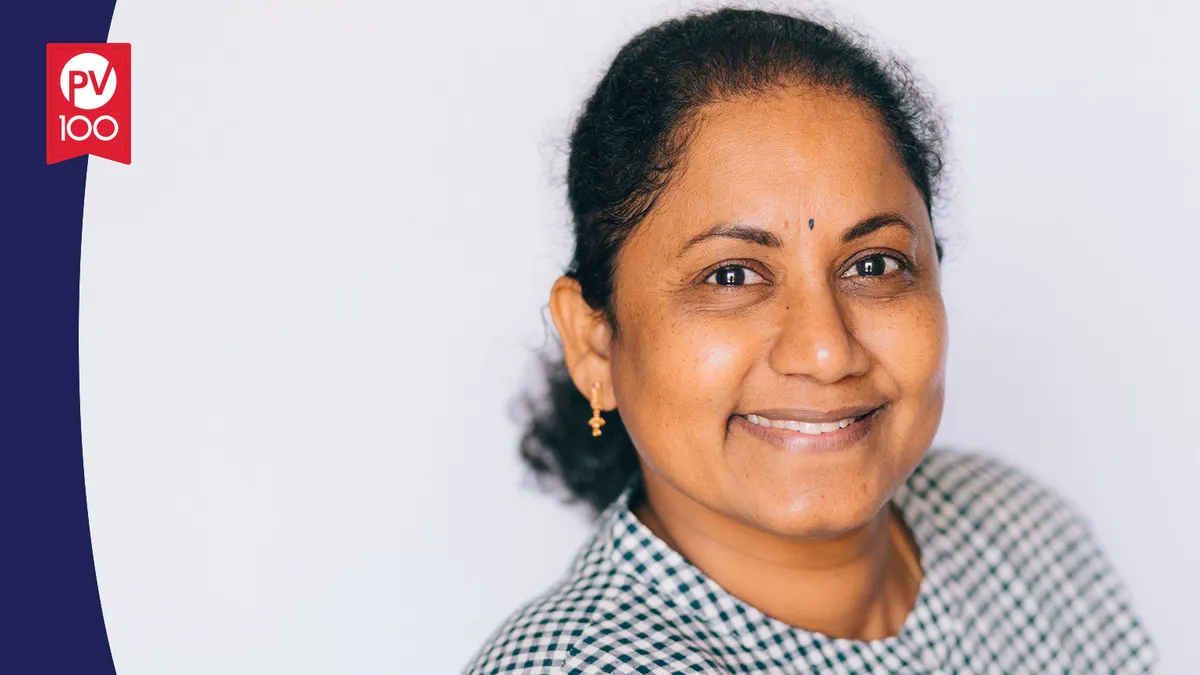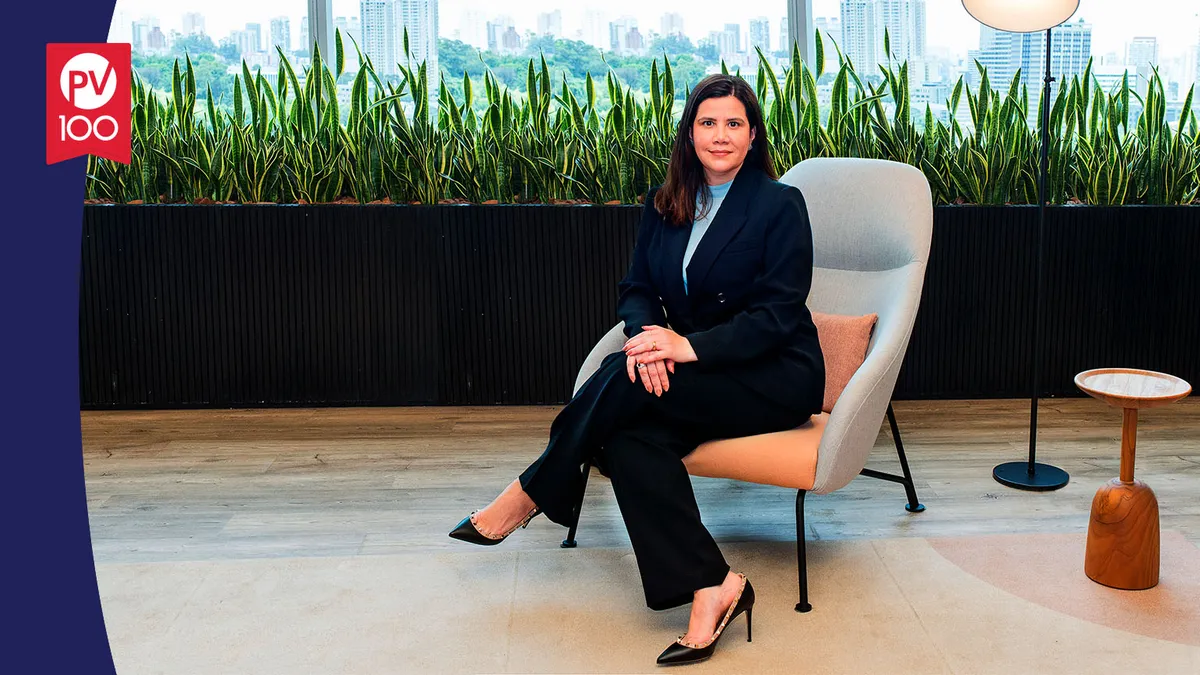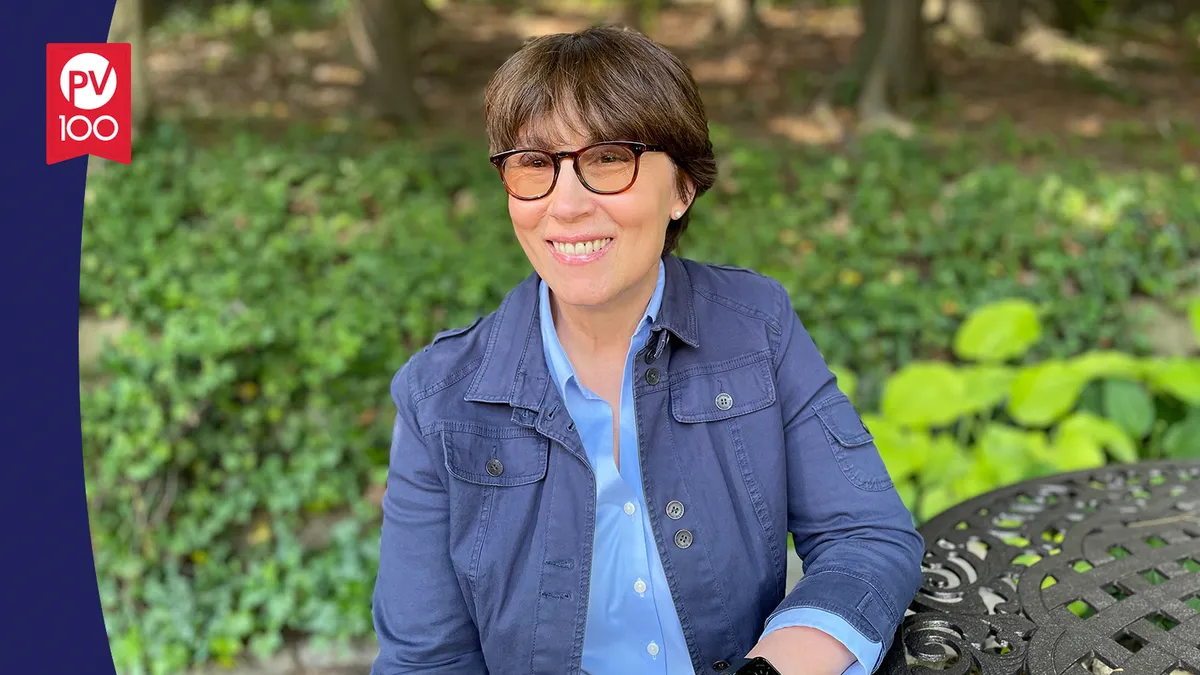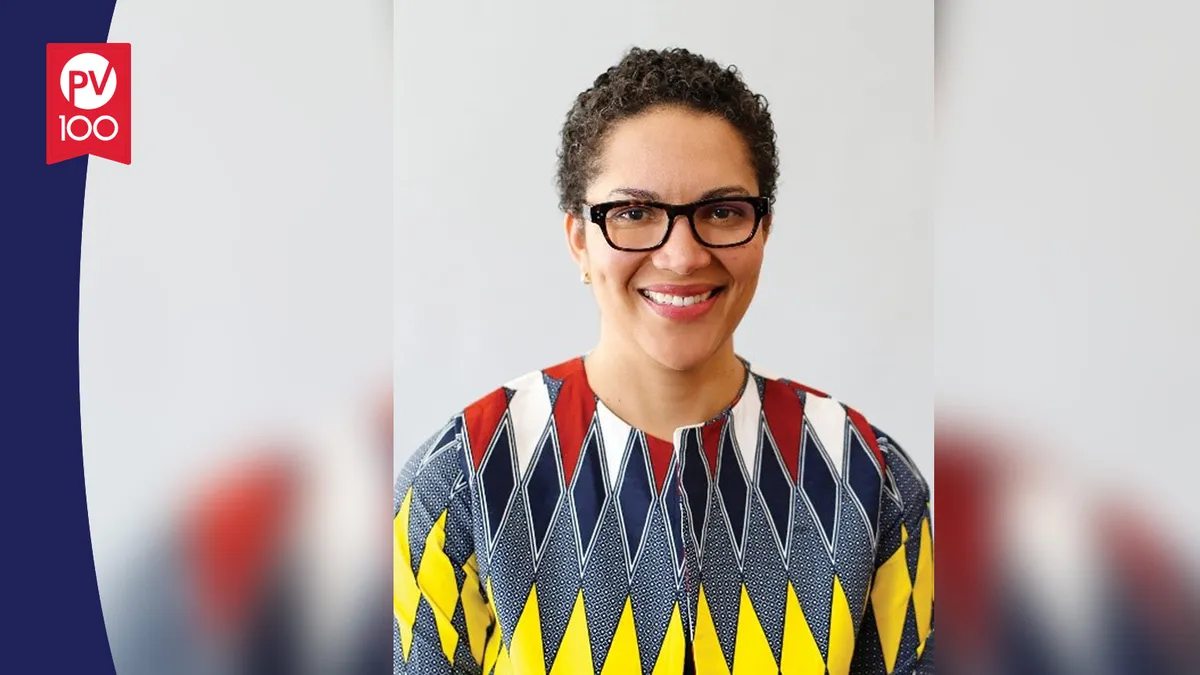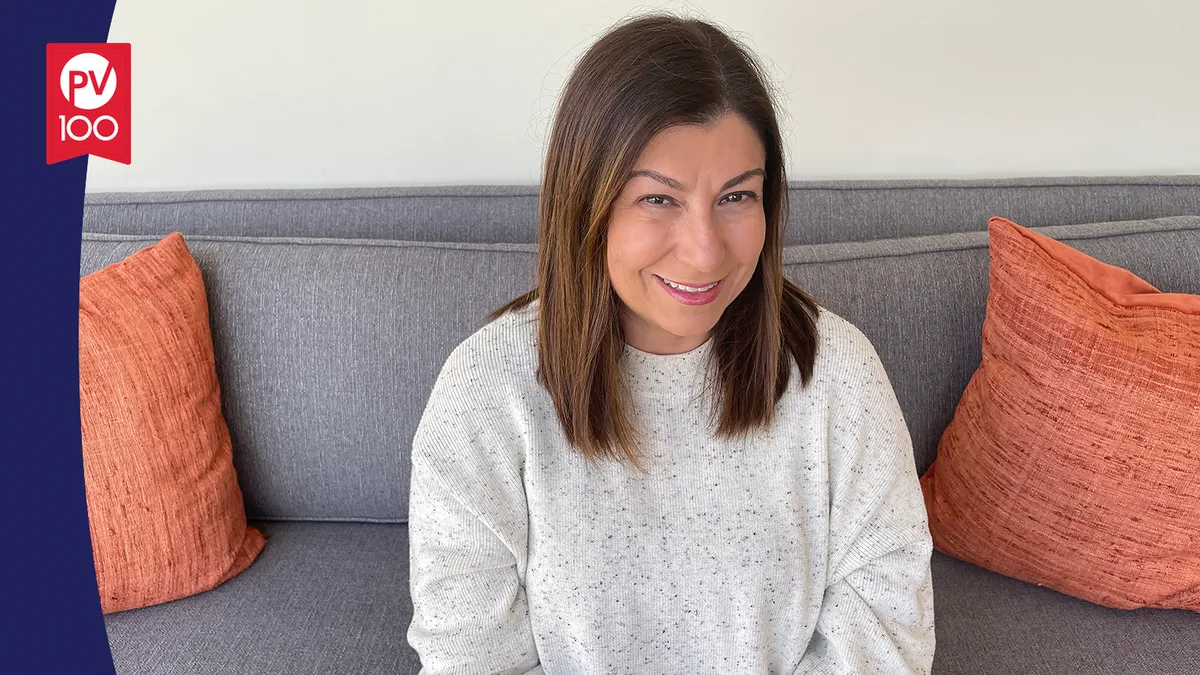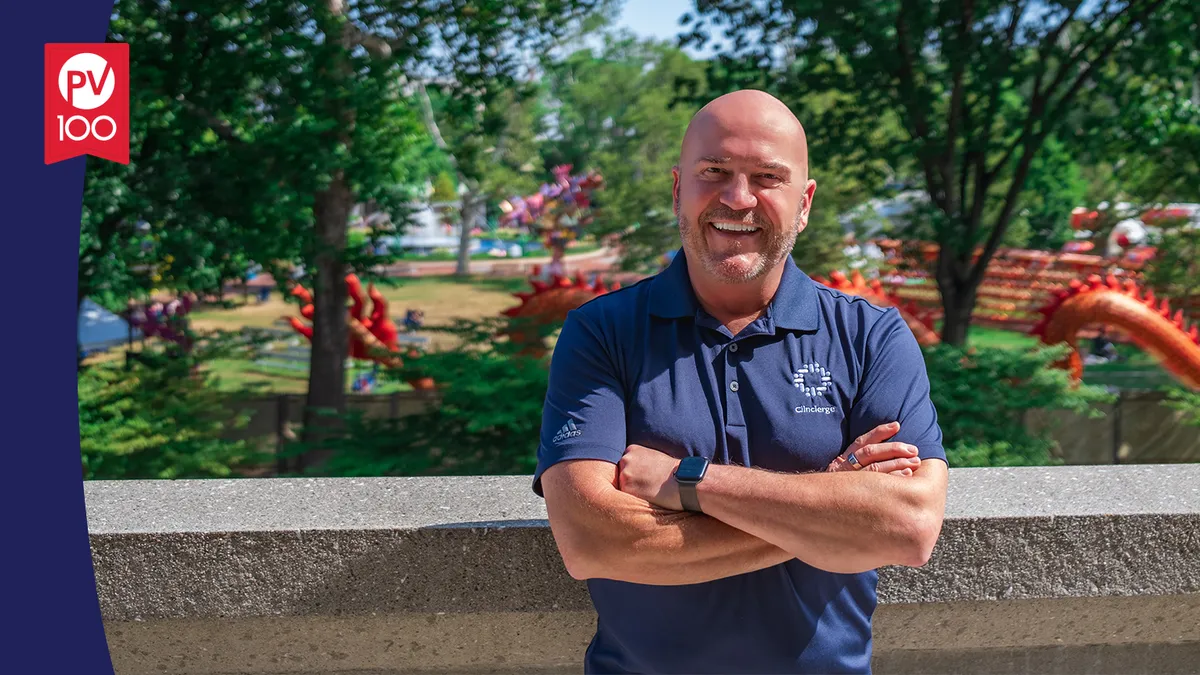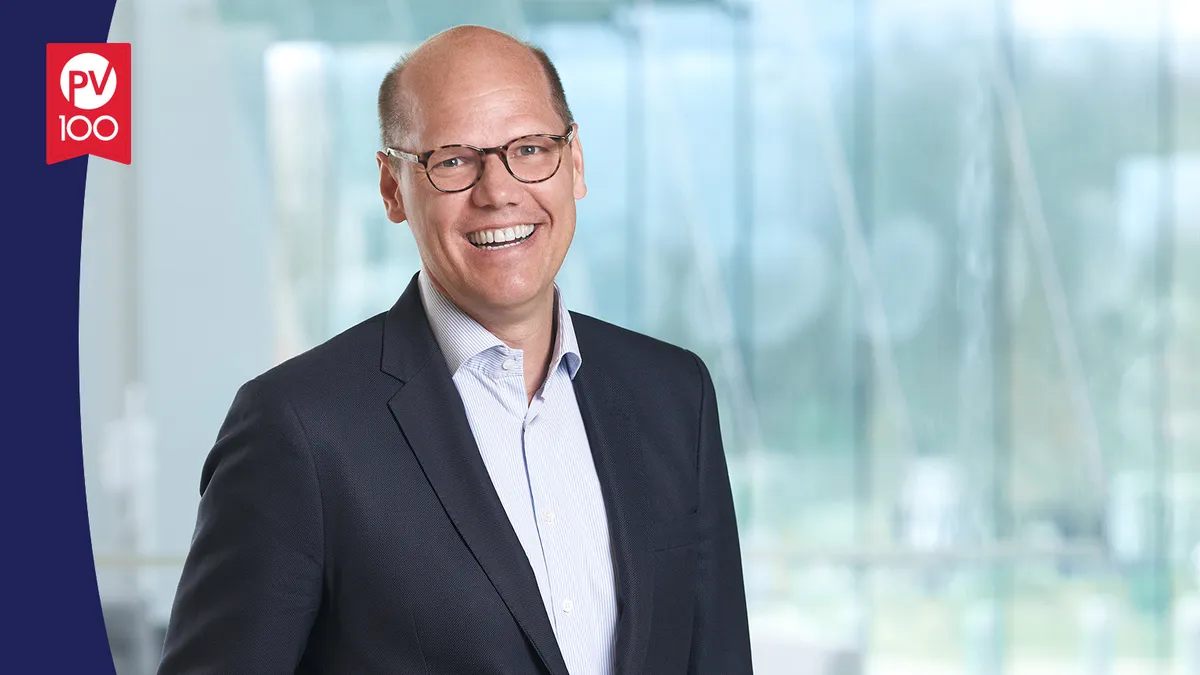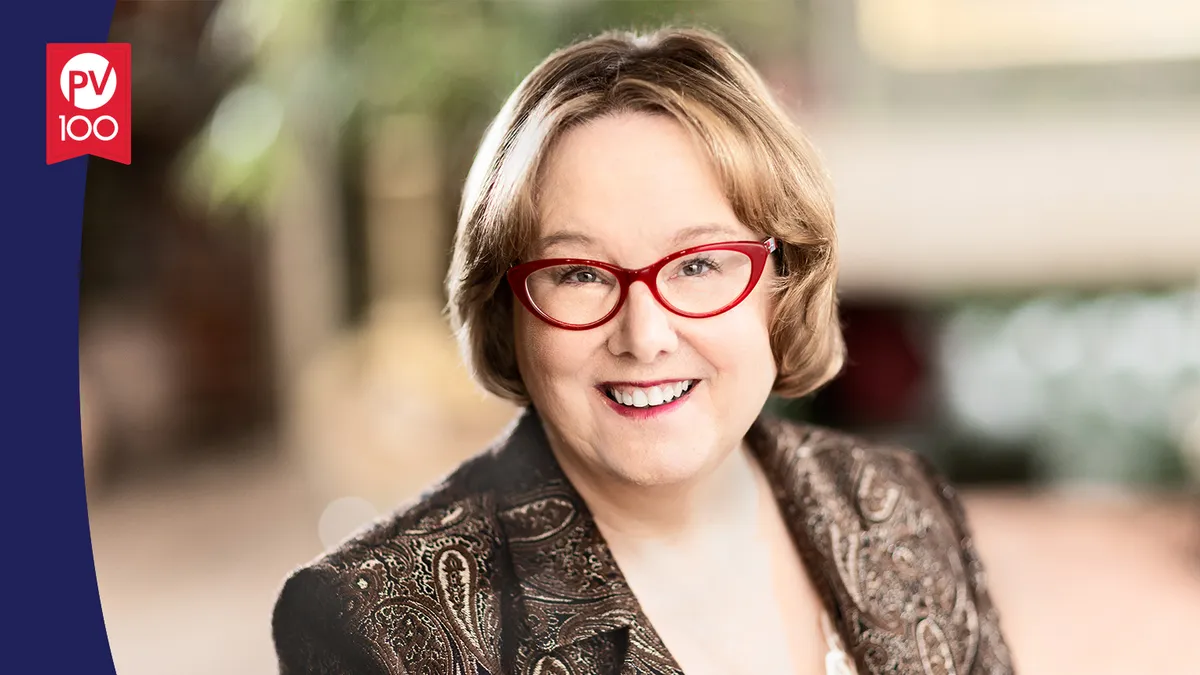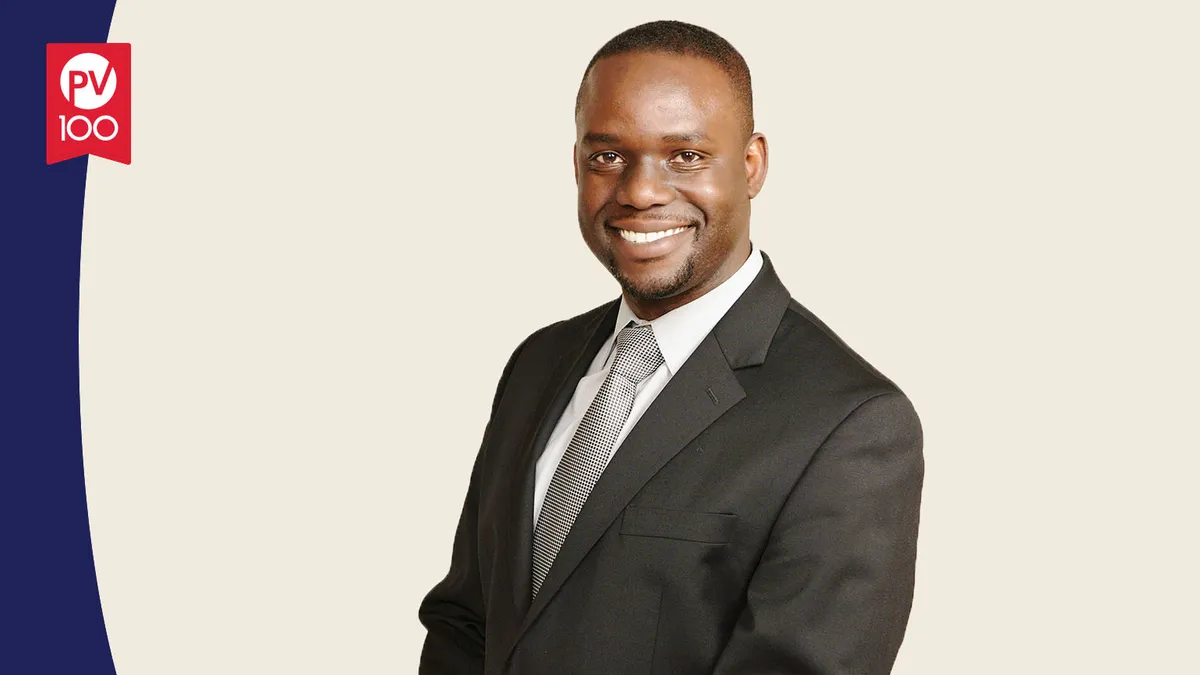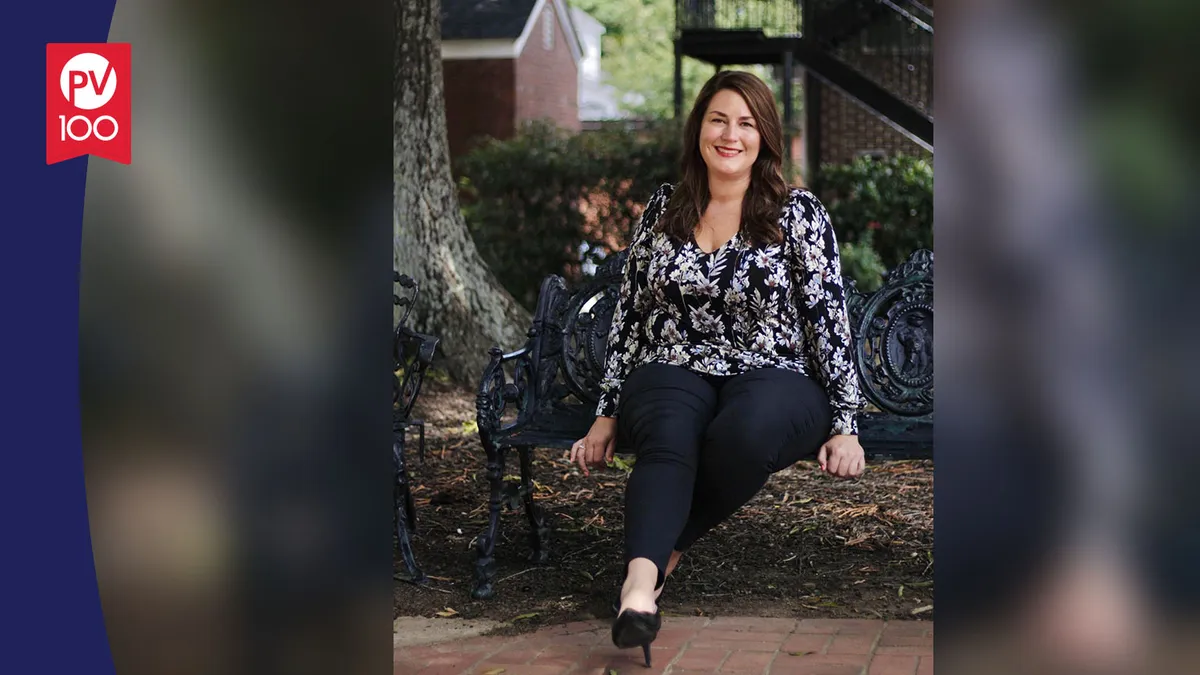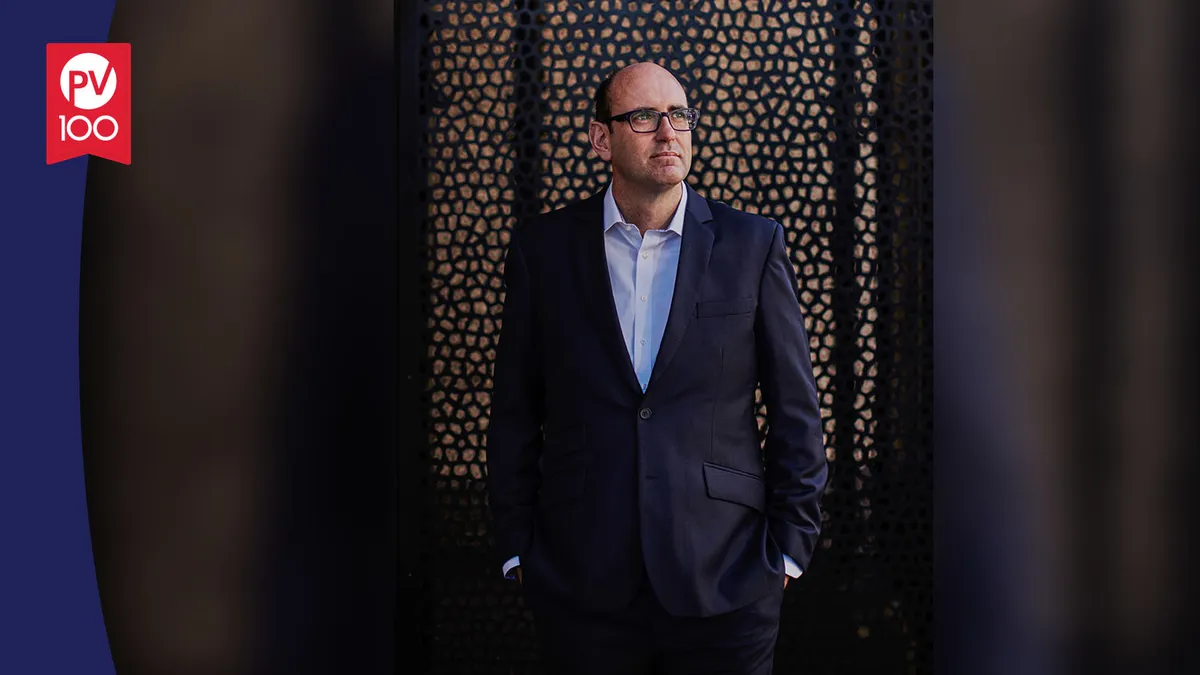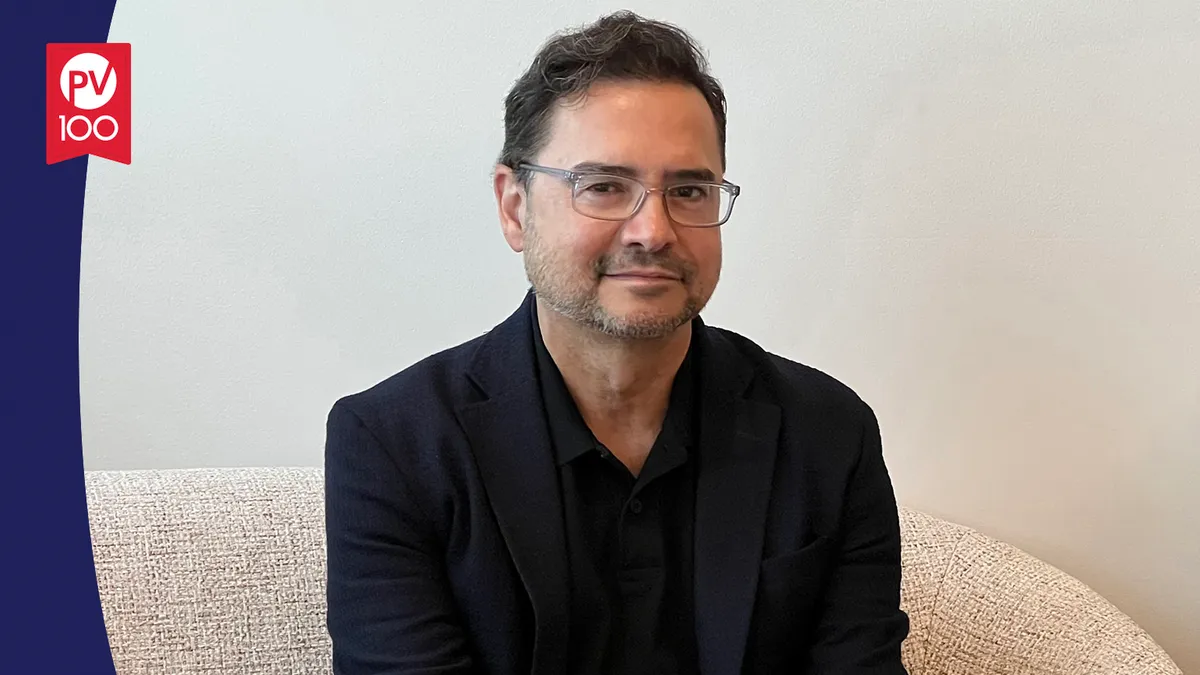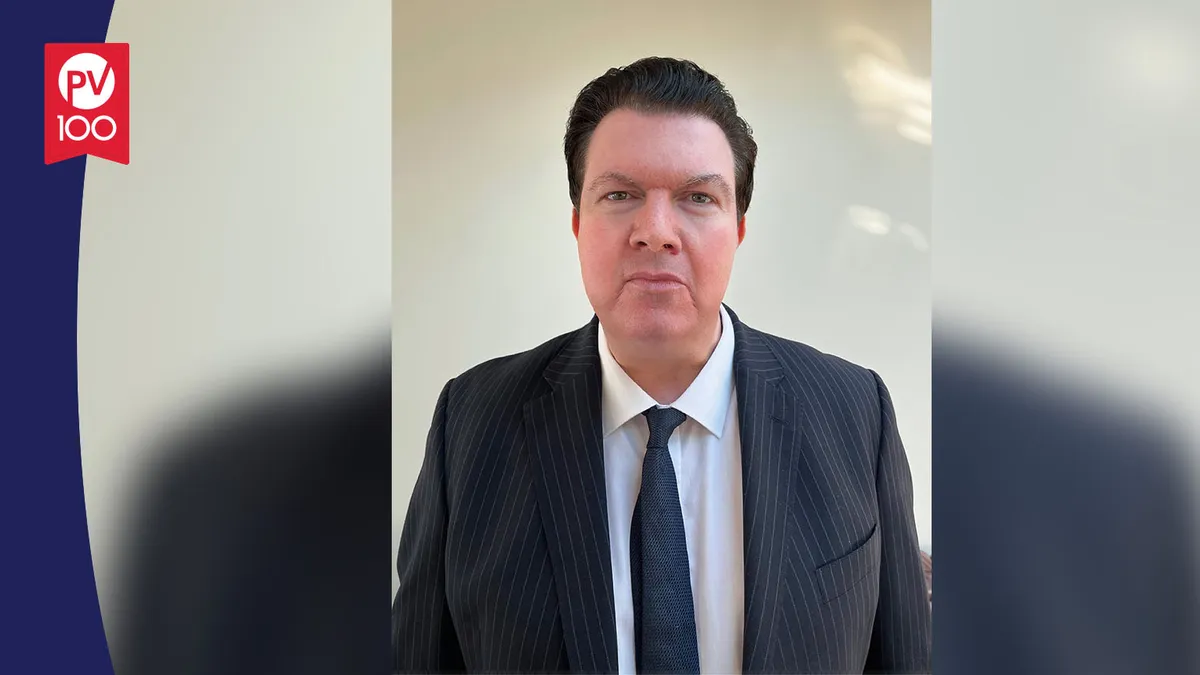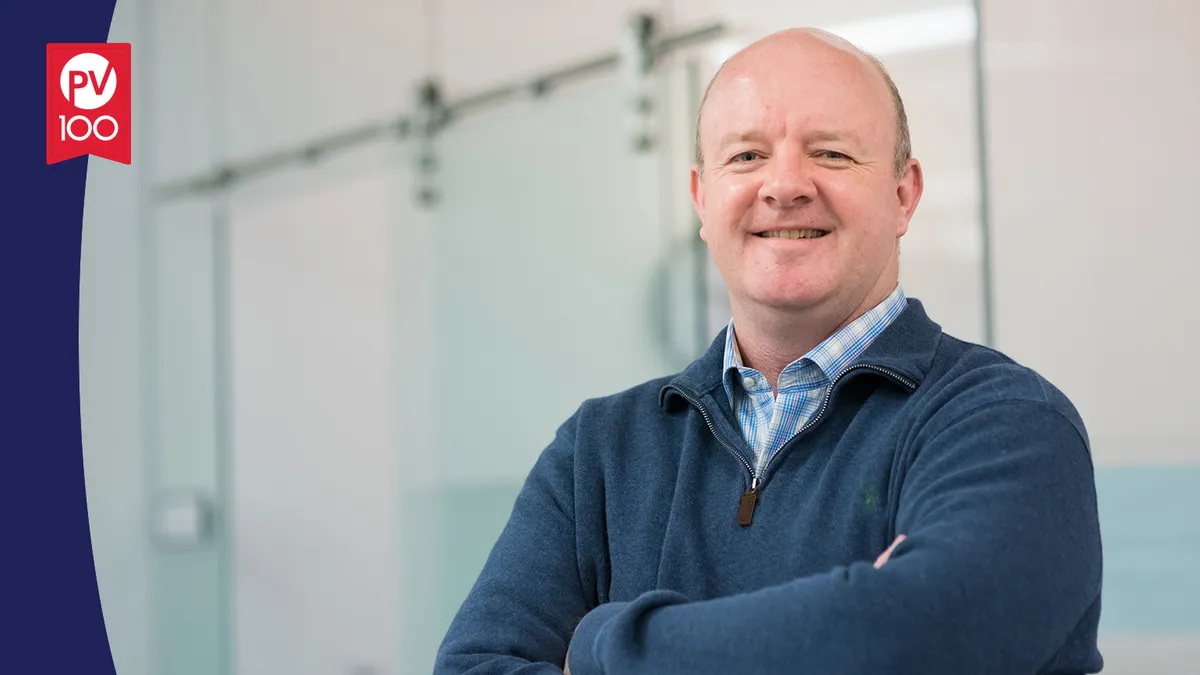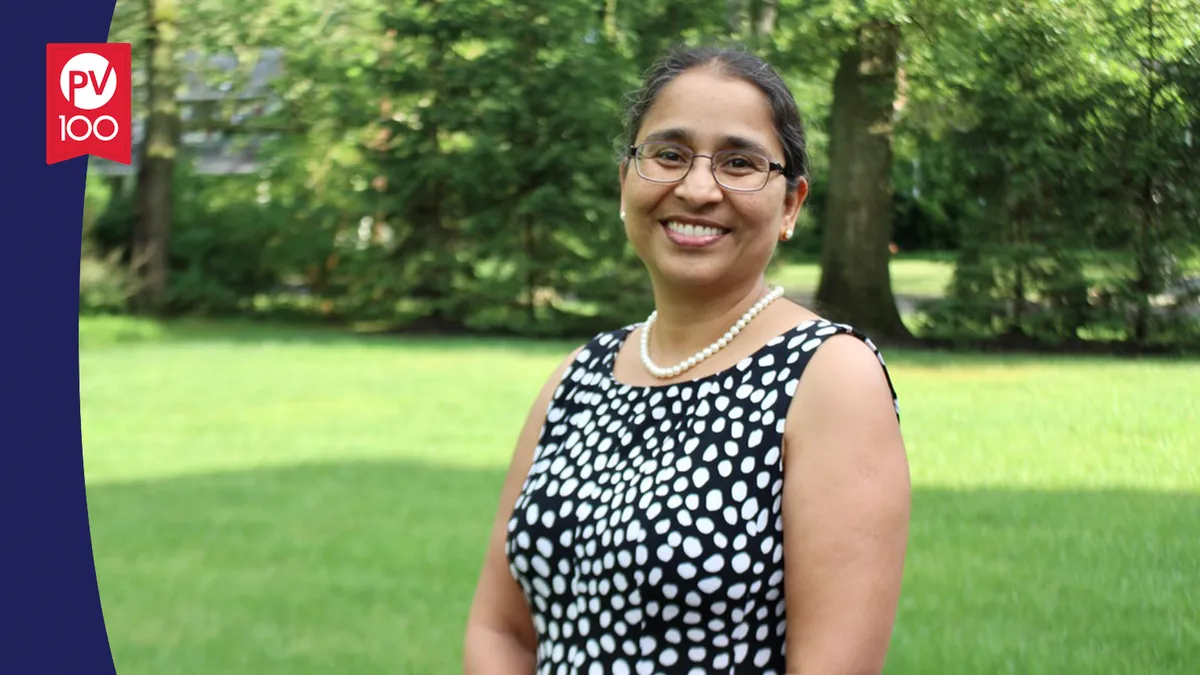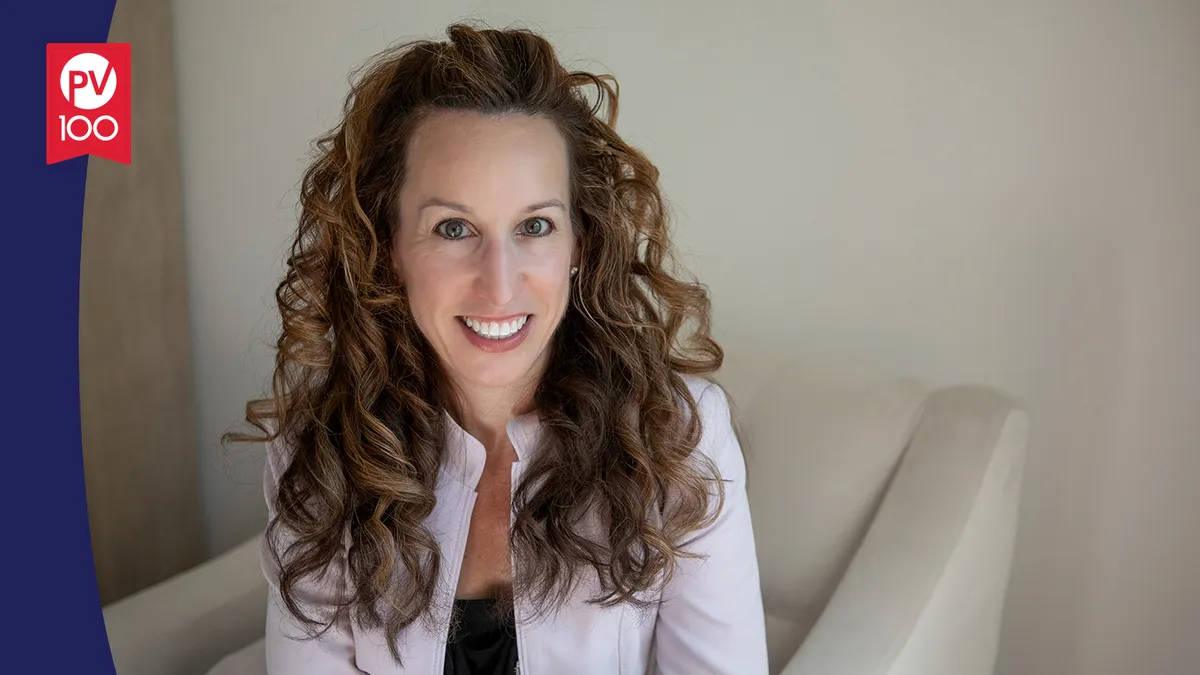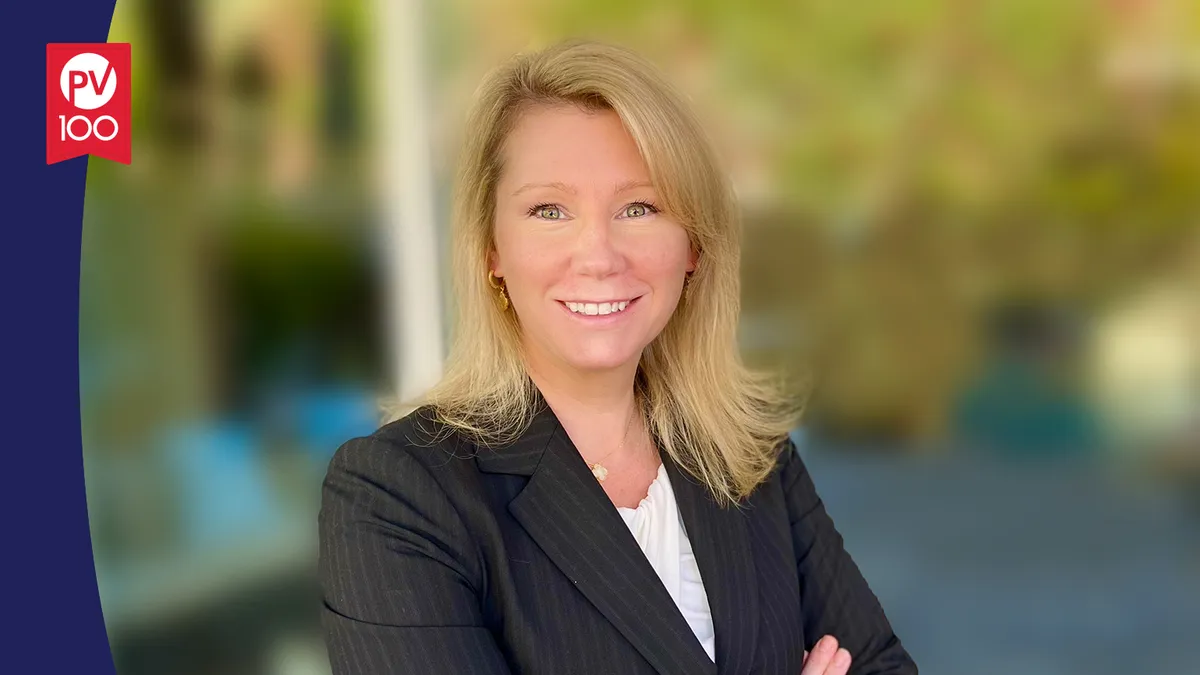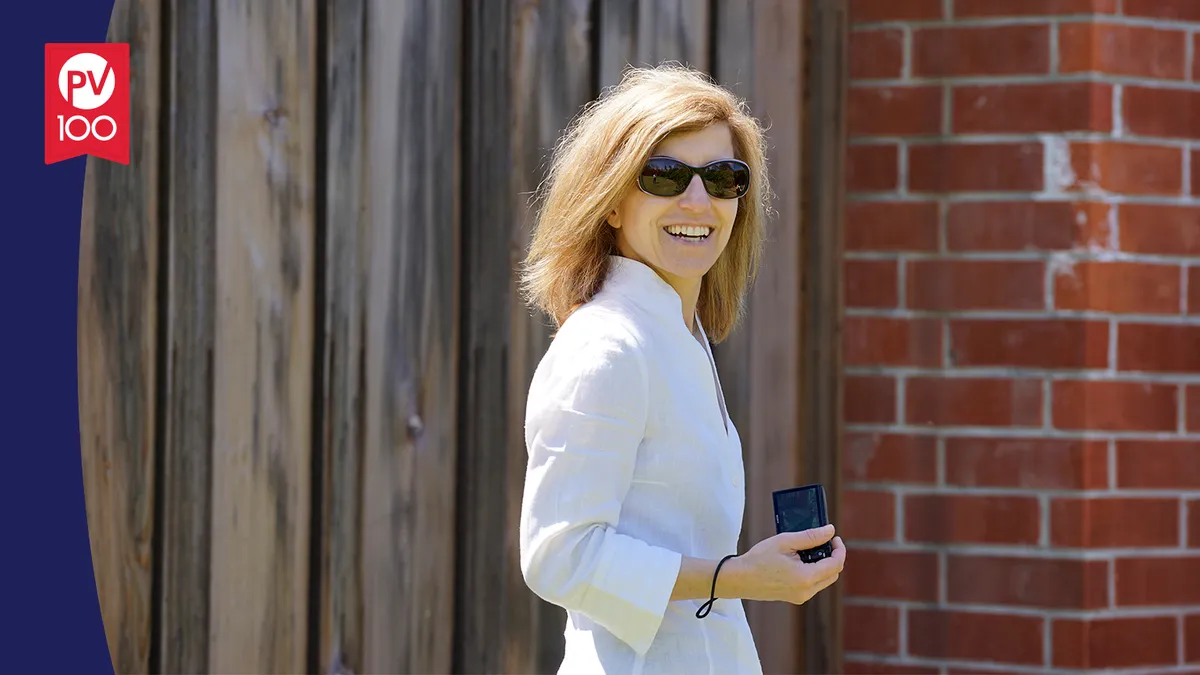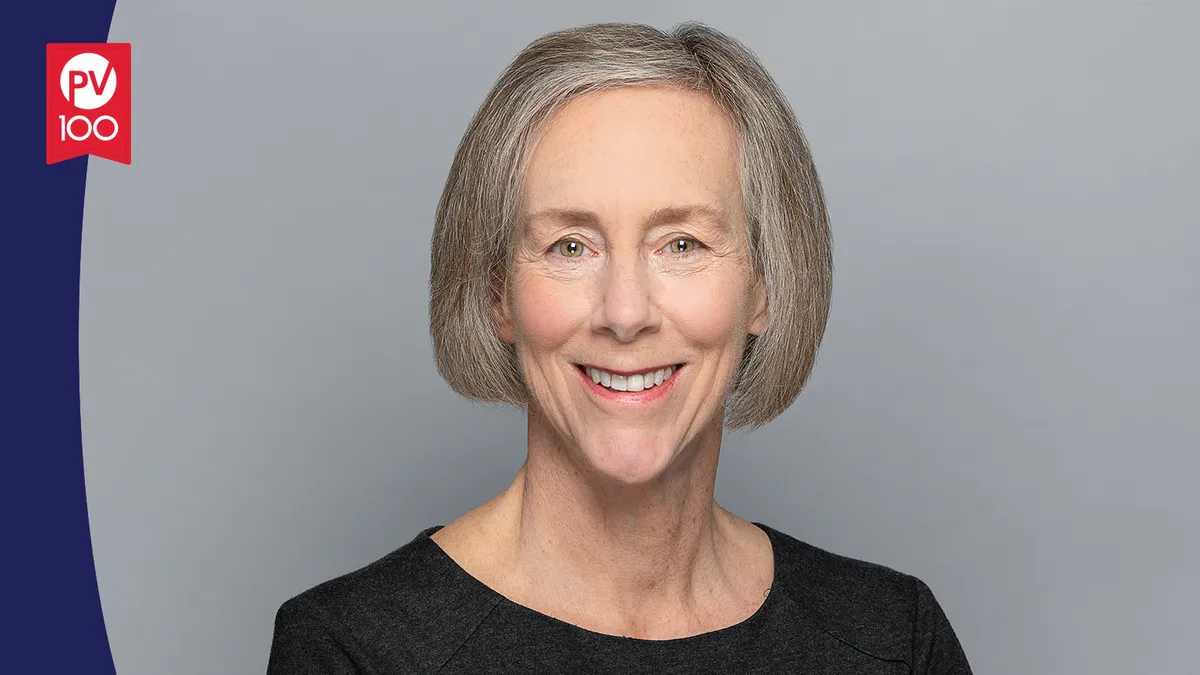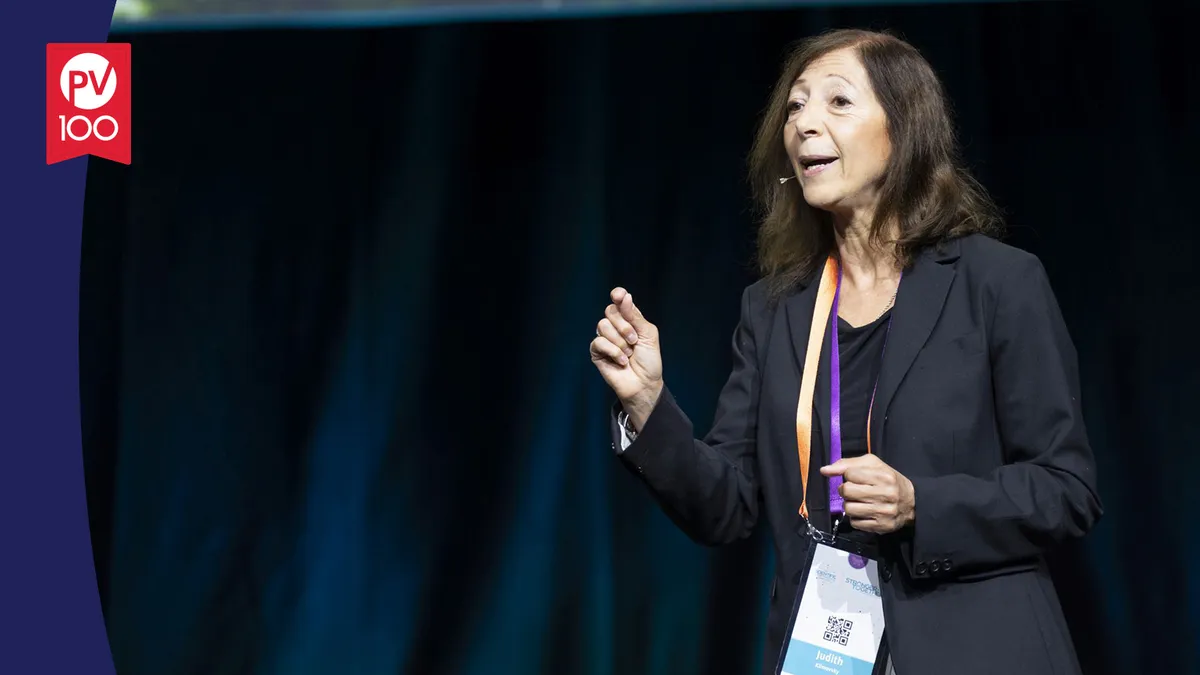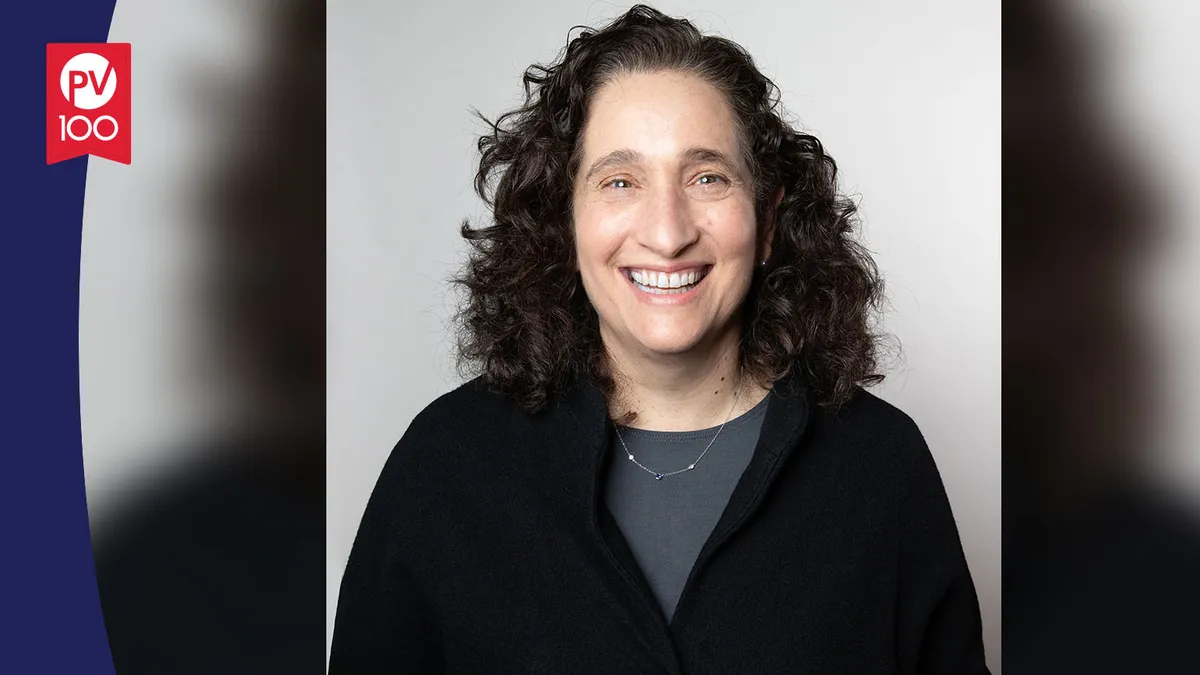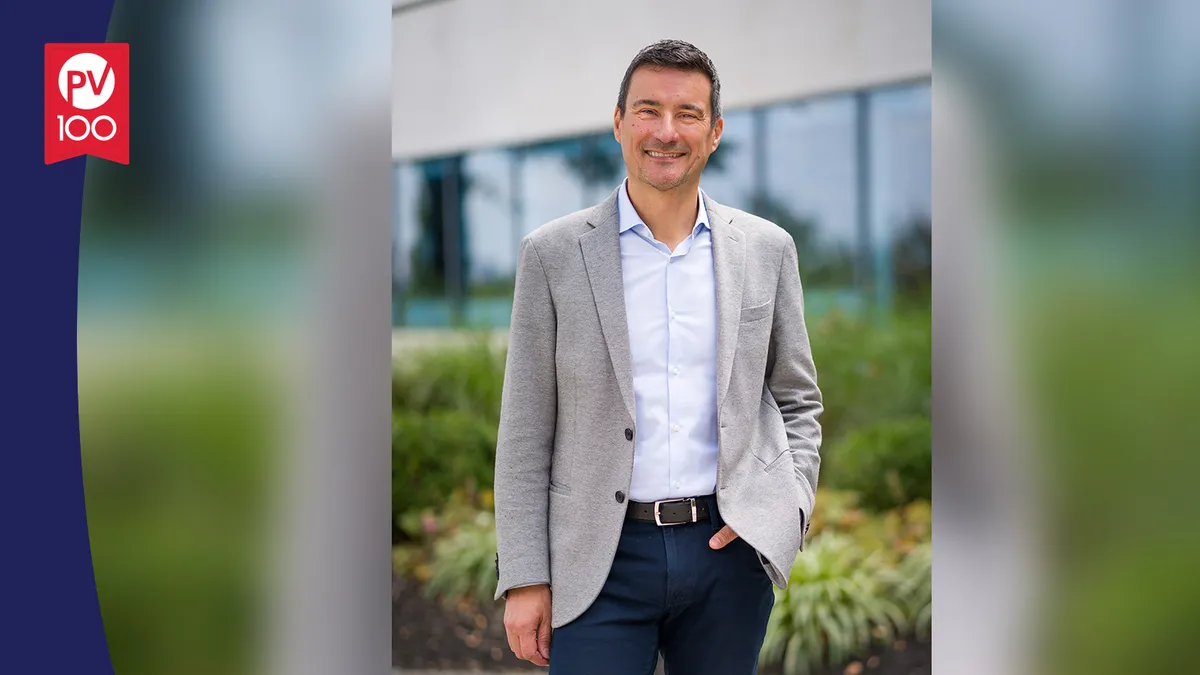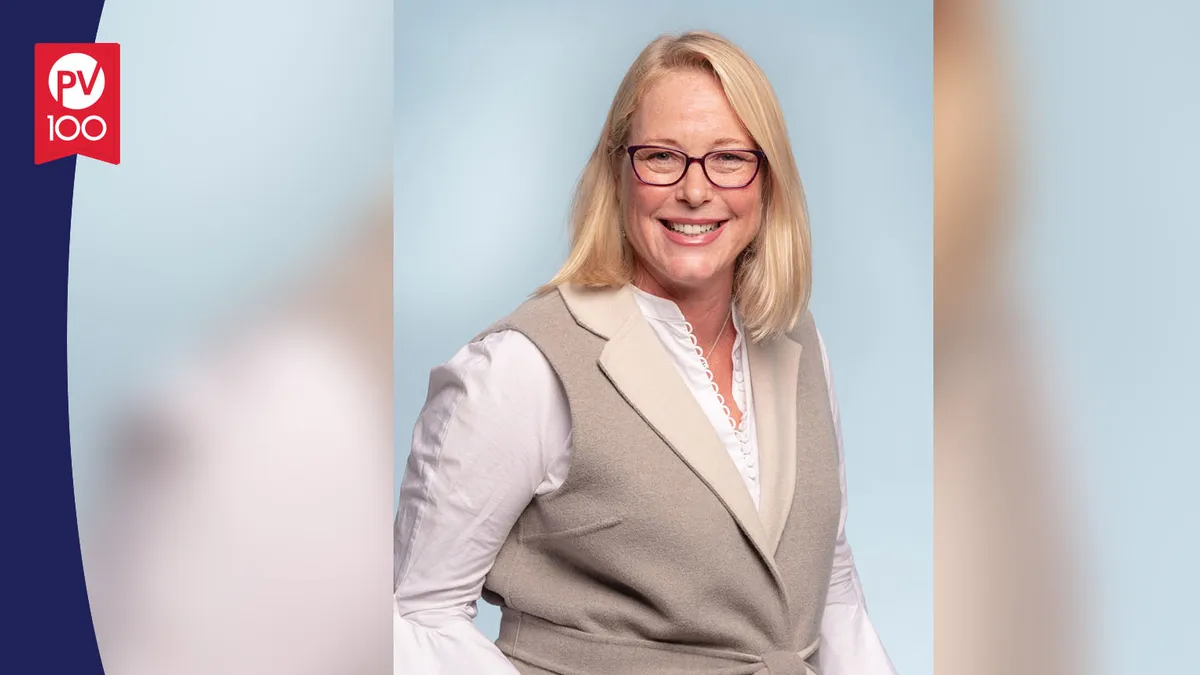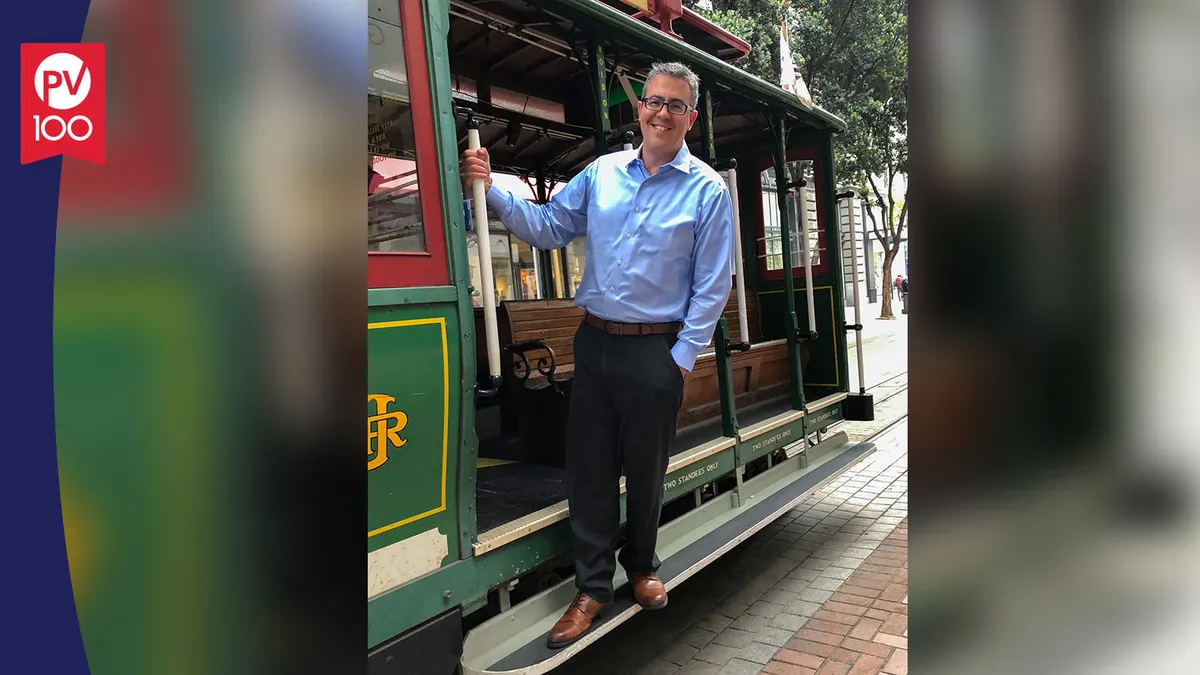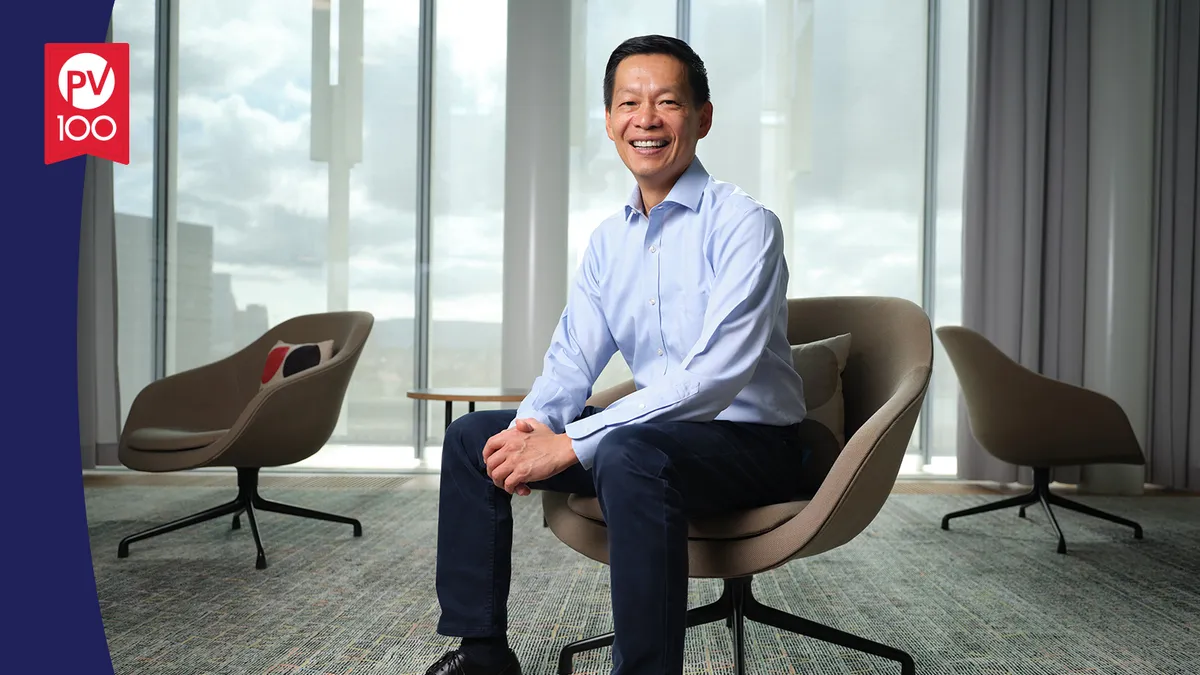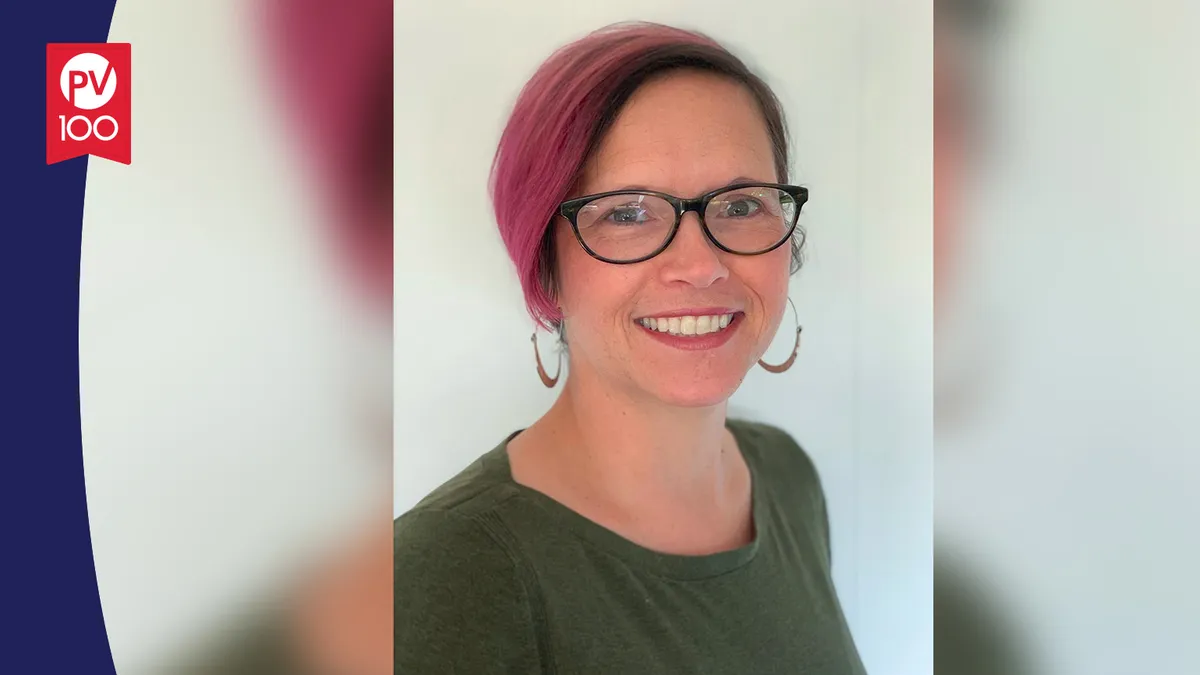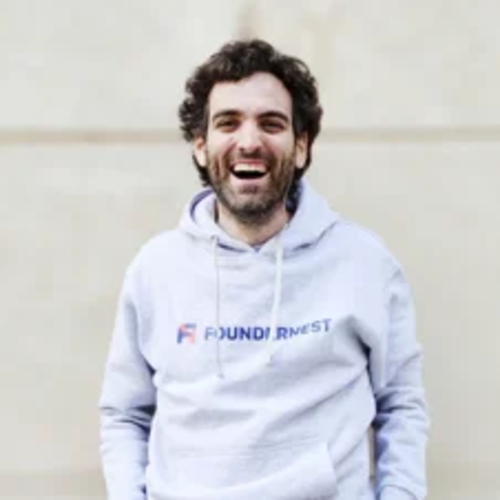Editor’s note: This story is part of our 2022 PharmaVoice 100 feature.
Our honoree: Sastry Chilukuri
Title: Co-CEO, Medidata
The company’s focus: Medidata is a life sciences company that addresses the clinical research process from start to finish. Medidata’s focus on evidence generation, data management and decentralized clinical trials (DCT) is transforming the clinical trial experience for company partners, including patients, sponsors, CROs and research sites. Medidata also provides AI and machine learning solutions that combine clinical trial data with a unified platform, advanced analytics and deep human expertise to help uncover breakthrough insights. The company partners with over 2,000 companies large and small throughout the pharmaceutical, biotech, device and diagnostics industries to enhance clinical trial development.
Chilukuri’s greatest win: With over two decades of experience in the life sciences industry, first as a software engineer at GE Healthcare, and later as a partner at McKinsey & Company advising biopharma clients, Chilukuri has honed a deep expertise in the intersection between technological innovation and healthcare. At Medidata, Chilukuri is leveraging that experience to push clinical trial technology into the future, constantly asking: “Are we doing everything we can to accelerate innovation?”
Prior to his role as co-CEO at Medidata, Chilukuri founded and served as president of the company’s data science business, Acorn AI, which uses data from Medidata’s platform of 28,000+ clinical trials, paired with predictive analytics to help clients improve the overall probability of technical and regulatory success. Because of Chilukuri’s work, his nominator says the initiative has created the “largest, complete and unique repository of historical patient-level clinical trial data.”
His impact: Chilukuri didn’t stop at creating the Acorn AI platform. As its president, and now as co-CEO of Medidata, he has consistently led the development and launch of new innovations with the patients who will benefit always at the front of mind. One such invention, the award-winning Synthetic Control Arm solution (SCA), creates an external control group for clinical trials using the company’s patient-level data repository, therefore decreasing the number of patients needed in the control group of a trial.
The real-world impact of the SCA is groundbreaking, a nominator says. So far, in a phase 3 trial of Medicenna’s recurrent glioblastoma medication, MDNA55, and Celsion Corporation’s single-arm trial for its ovarian cancer treatment GEN-1, the technology has significantly cut down recruitment times to “drastically reduce the risk of patient dropout and bring a treatment to patients for this terrible disease,” a nominator says.
“Set a bold aspiration for the team, and they’ll find a way to make it happen. It’s what high-performing teams consistently do.”
Sastry Chilukuri
Co-CEO, Medidata
Chilukuri also helped develop Medidata’s Intelligent Trials solution that brings “together cross-industry, real-time performance metrics, predictive models and forecasting capabilities to give drug and vaccine innovators a competitive edge in trial planning and execution,” his nominator says.
More recently, Chilukuri oversaw the development of the company’s new Medidata Link technology that connects patient clinical trial data with real world data to further decrease evidence gaps.
Why he is inspiring: Together, these innovations allowed researchers and clinical trial decision-makers to continue work throughout the COVID-19 pandemic despite participation and recruitment obstacles.
“Because of [Chilukuri’s] leadership and passion in the space, clinical trials continue to be smarter and easier to manage than ever before, especially in the wake of a worldwide pandemic,” his nominator writes.
In the future, Chilukuri’s work may also enable greater use of DCT models, more accurate trial outcomes and quicker trial-to-market timelines.
In his own words: “When I was at GE Healthcare early in my career, I always thought of myself as a software engineer. One day, I took an algorithm I developed to a nearby hospital to test it out. The technician was struggling to use it to detect blood flow into a kidney. The patient looked at the screen and said, ‘I hope blood is flowing into my kidney. My daughter donated it.’ At that point, I realized that the tech we were developing has tremendous impact on people’s lives. To this day, I still vividly remember that moment.”


